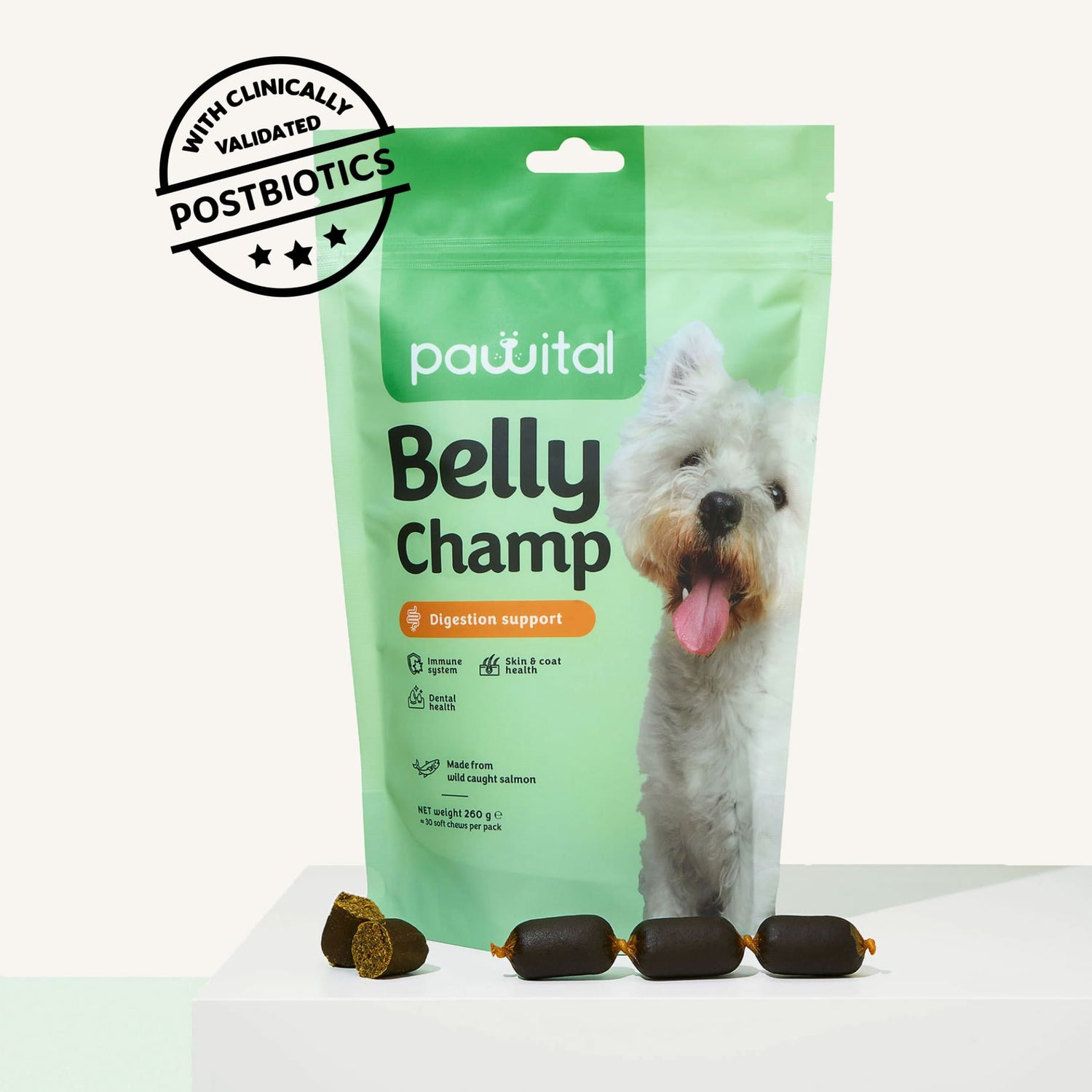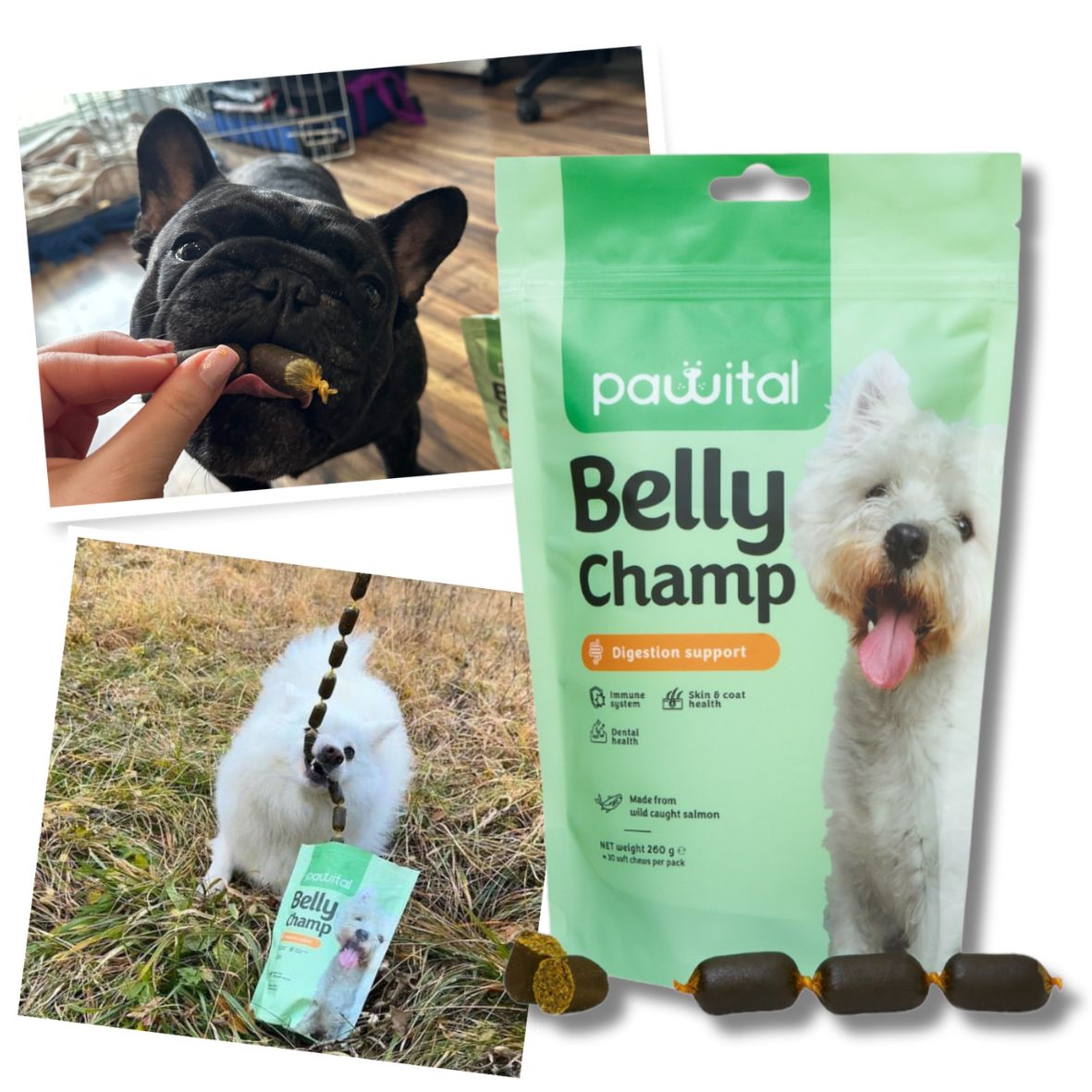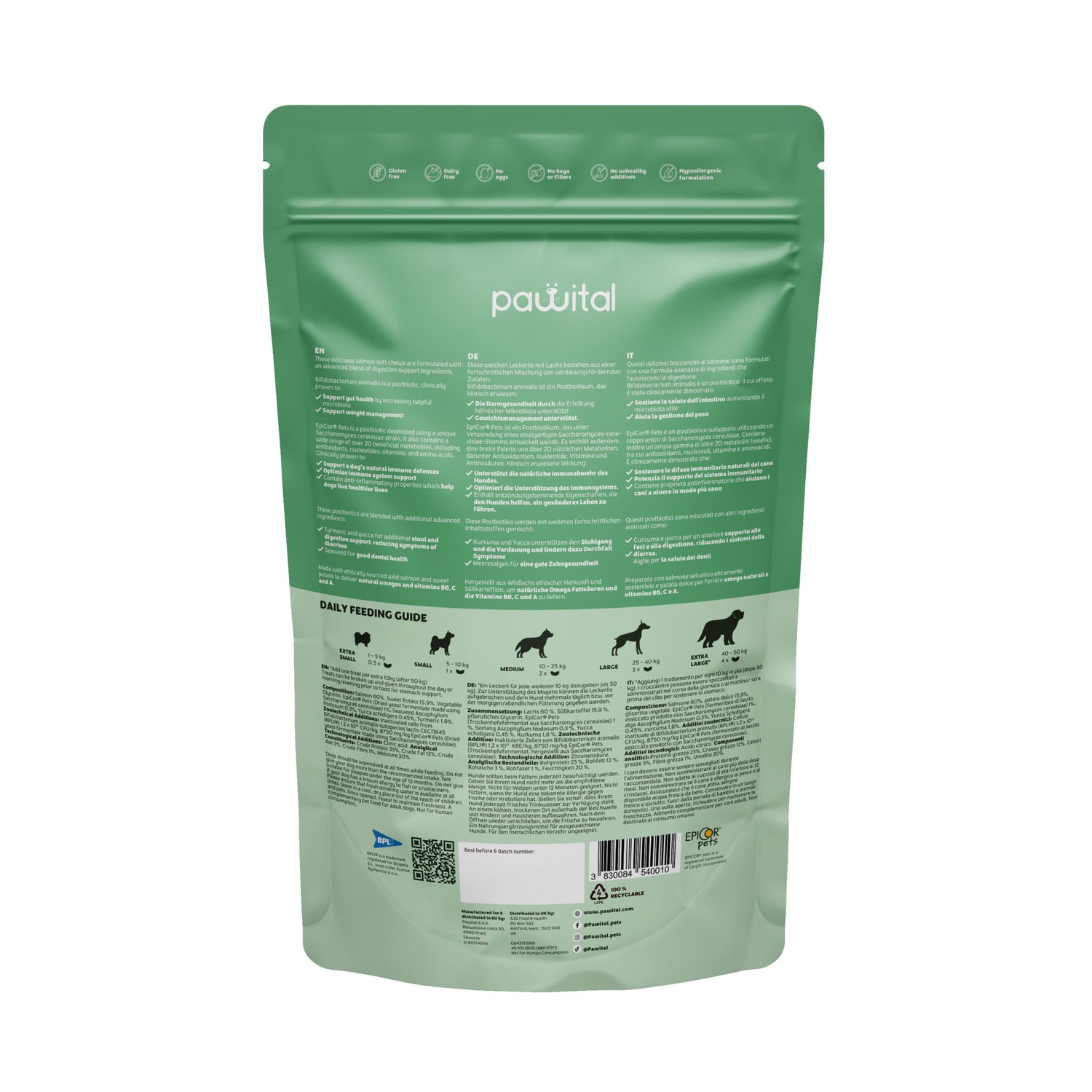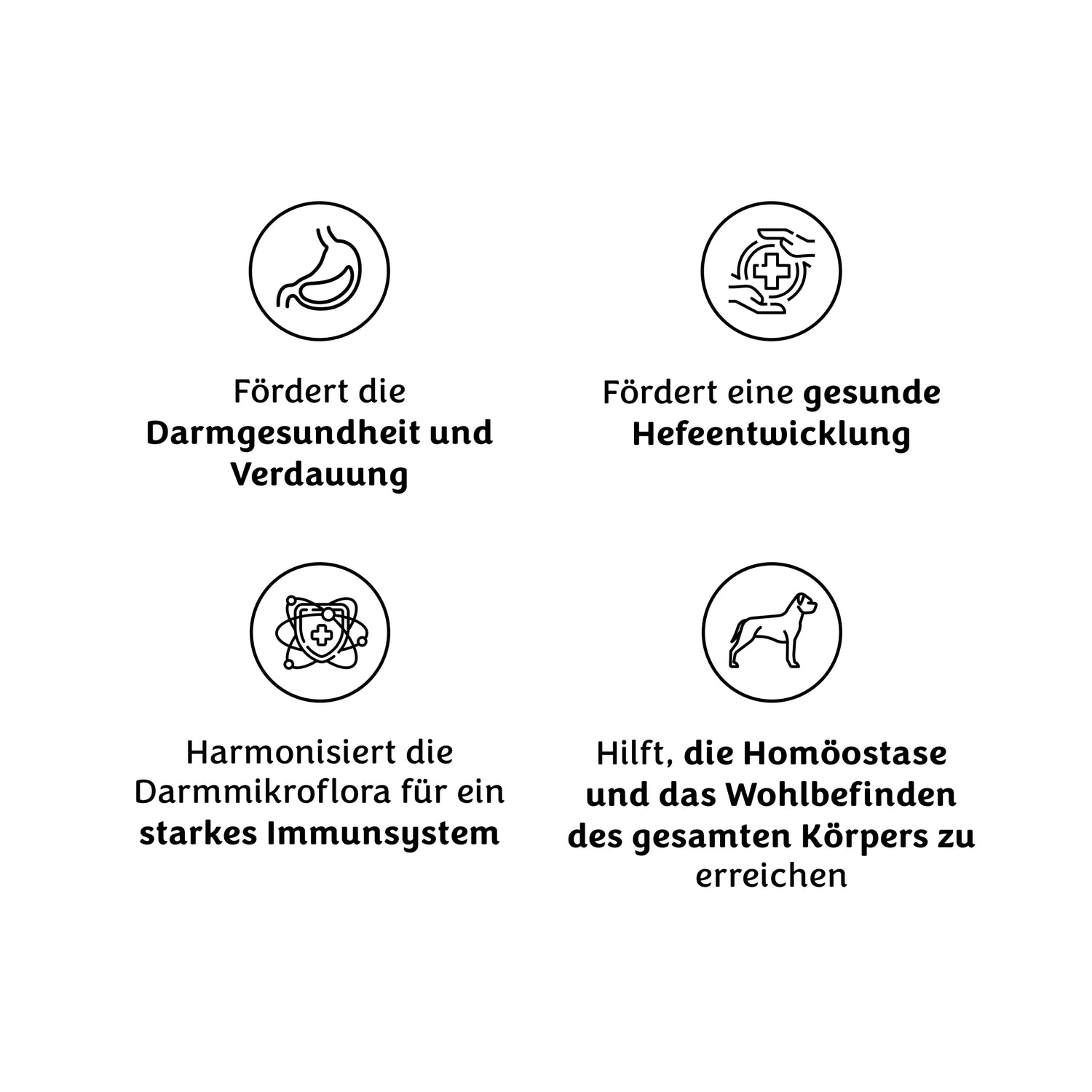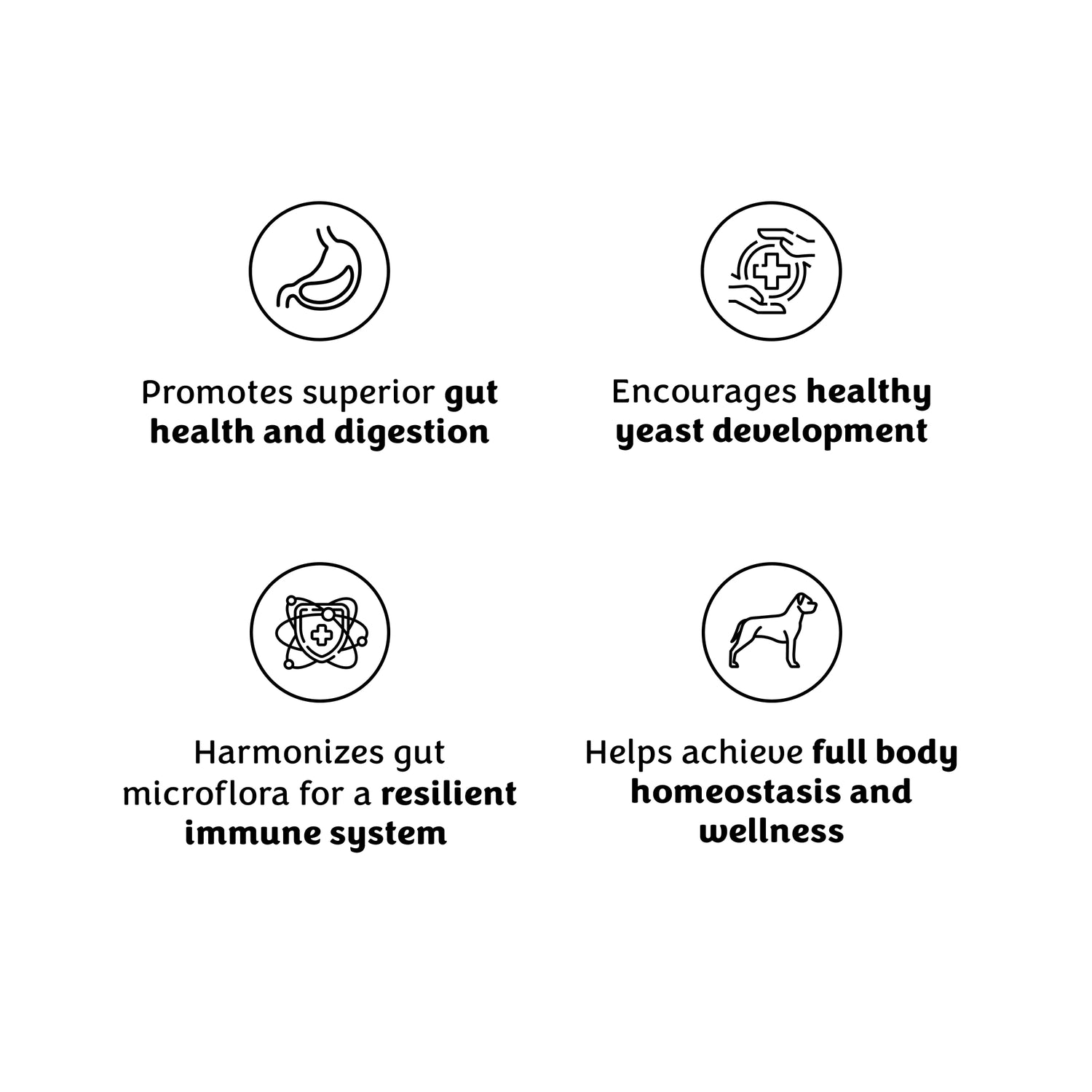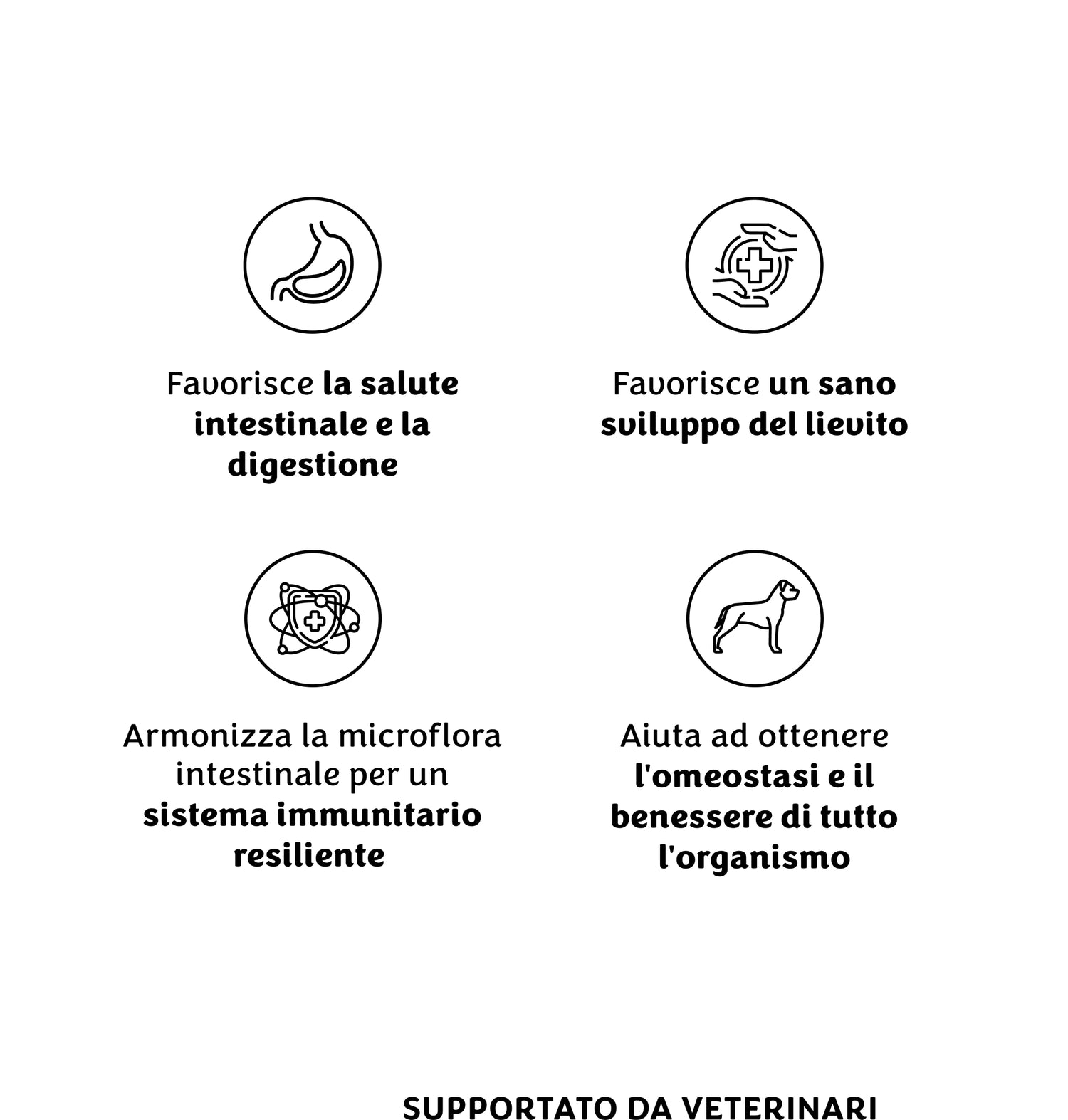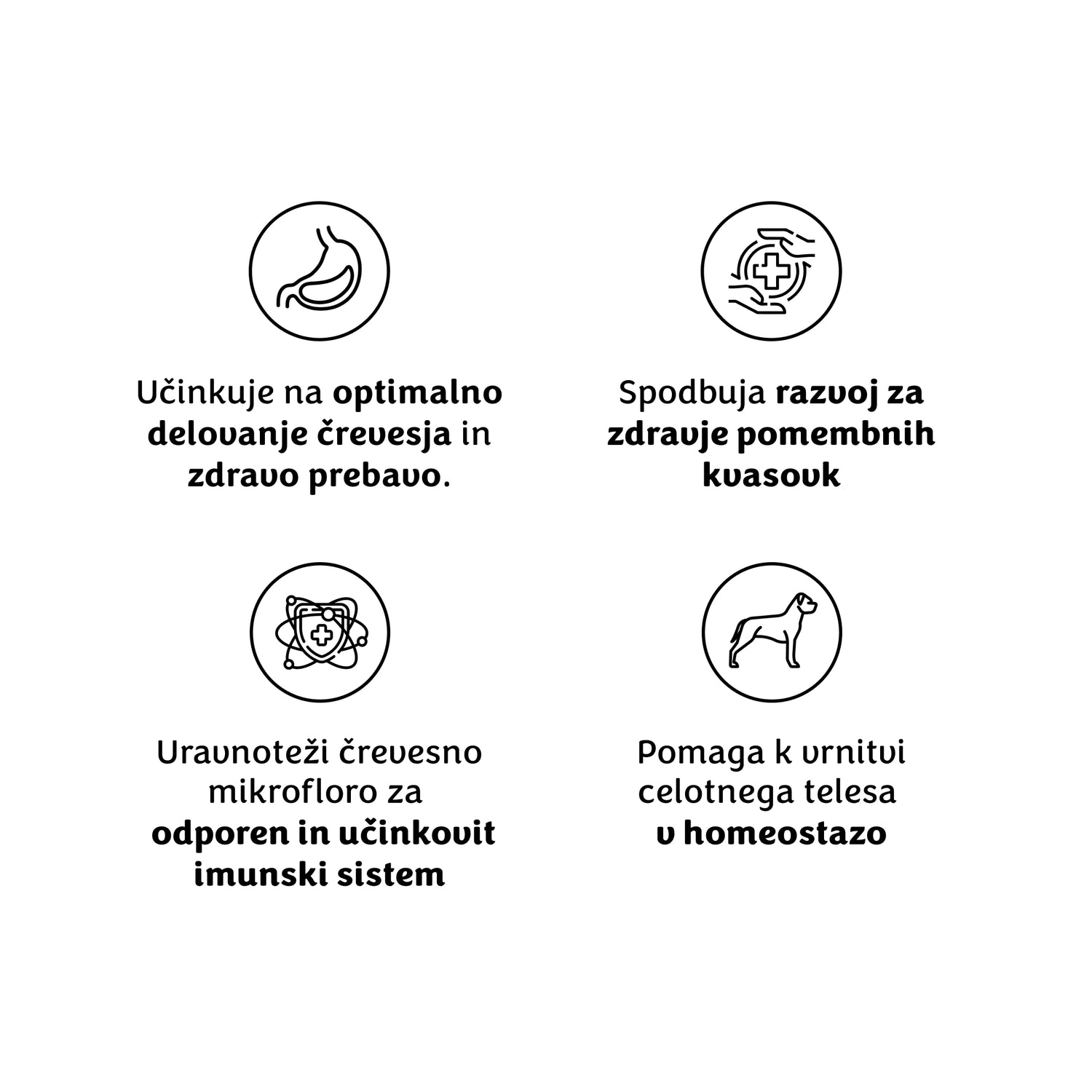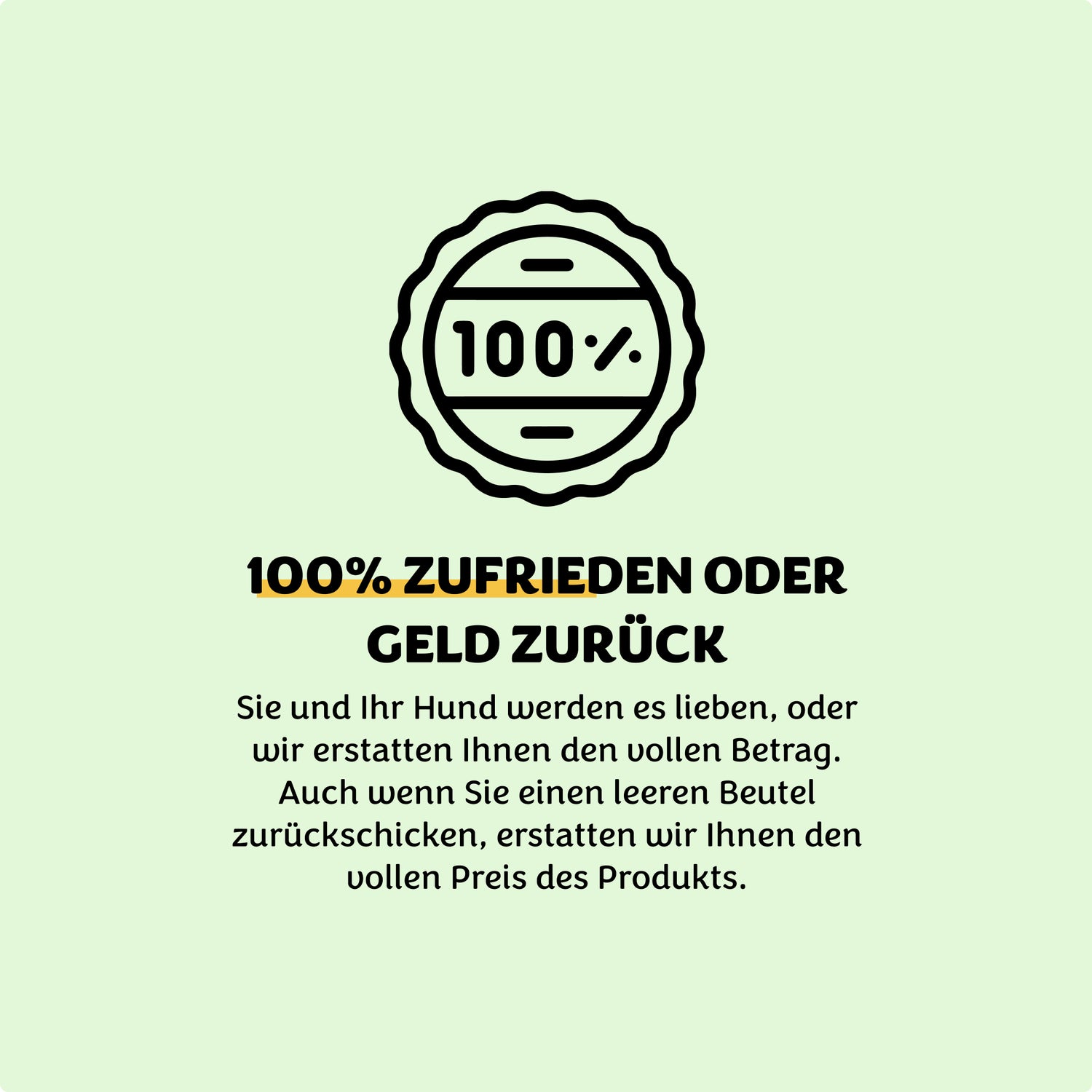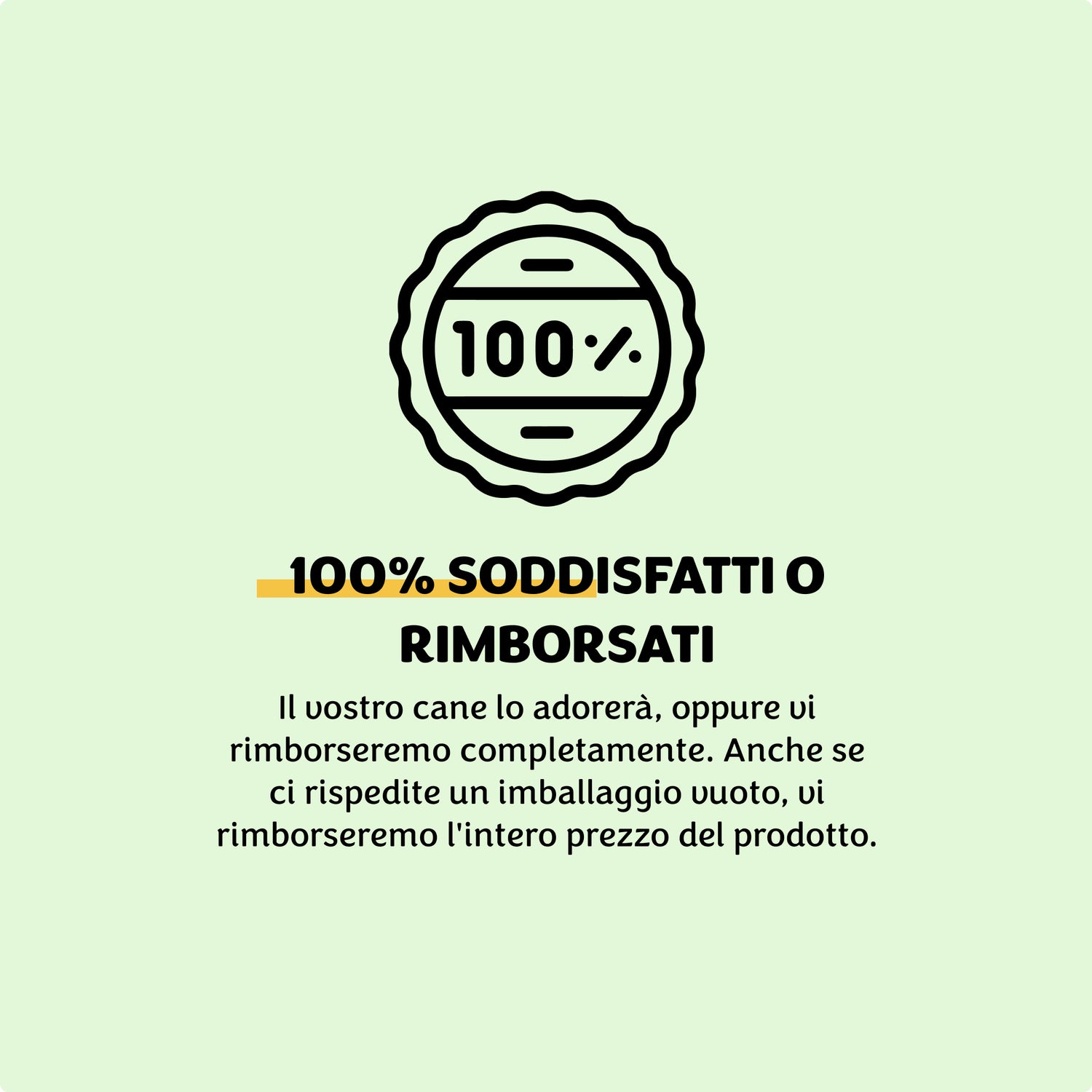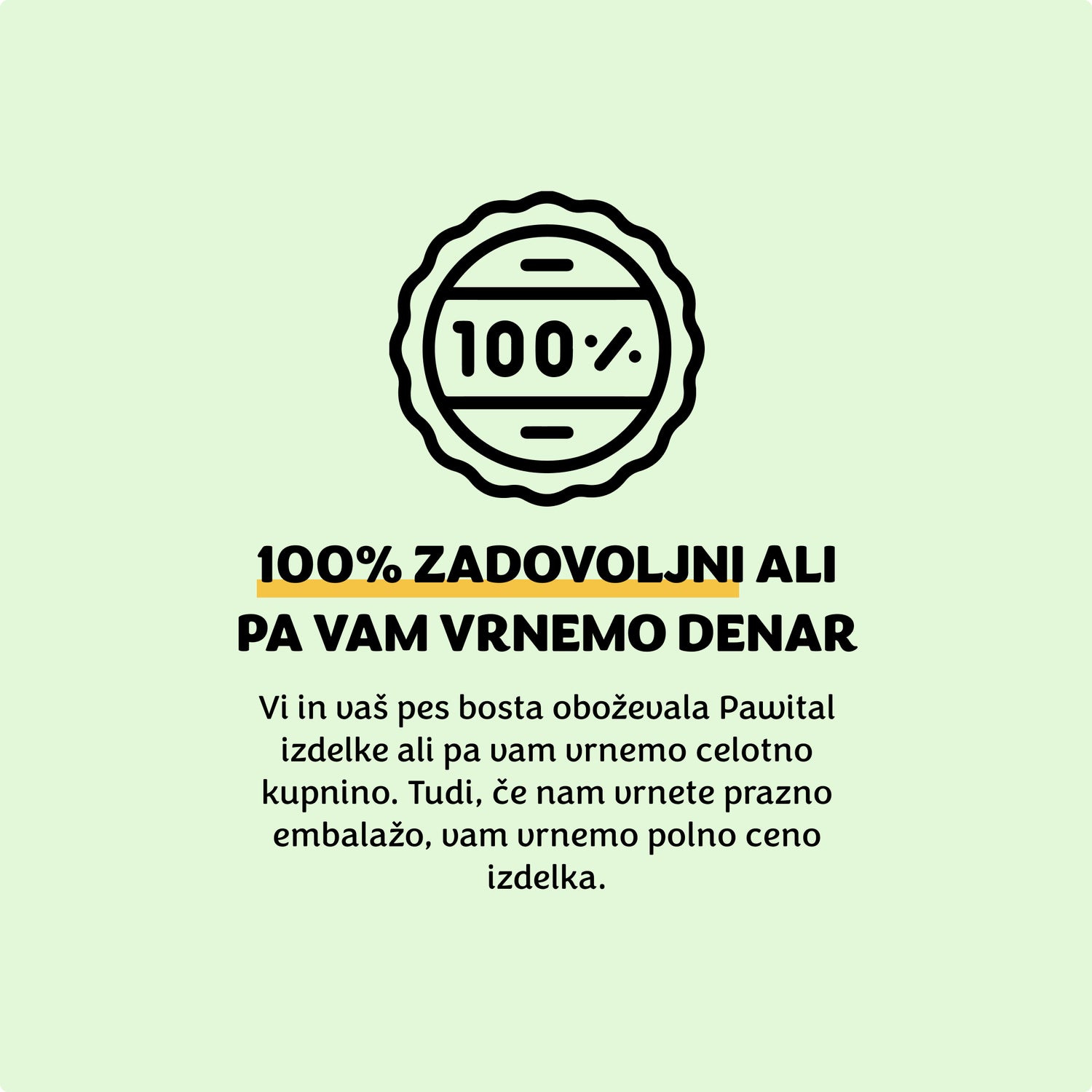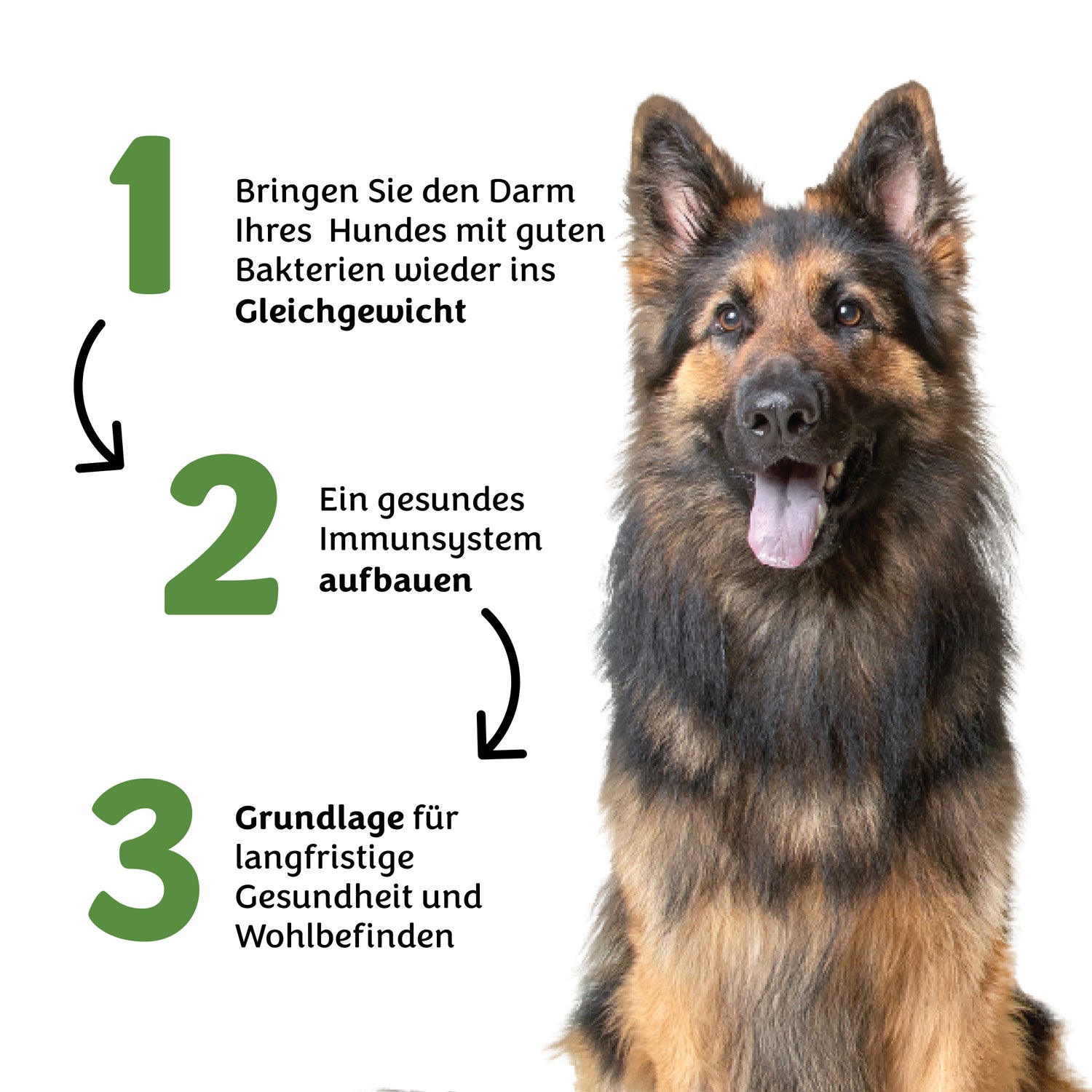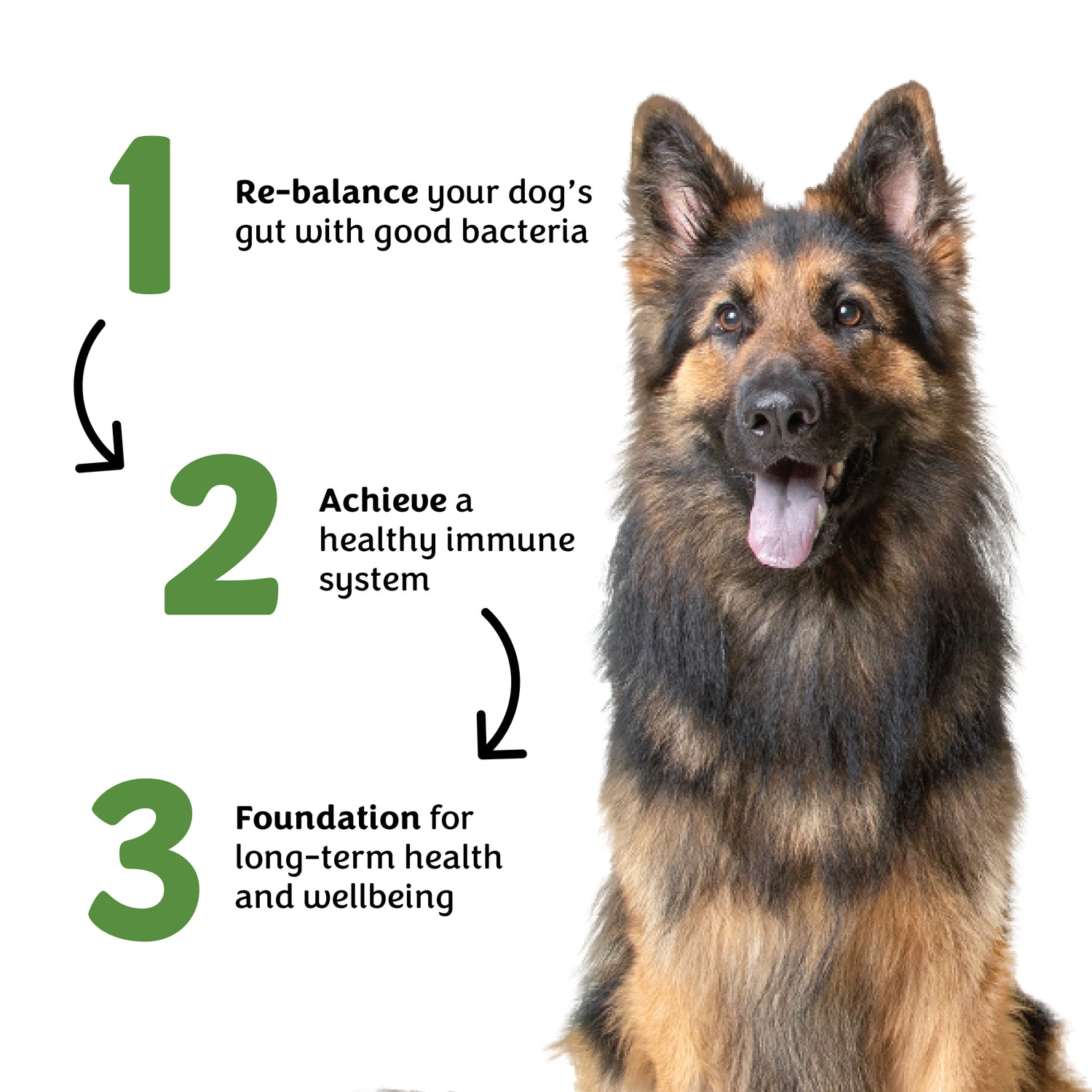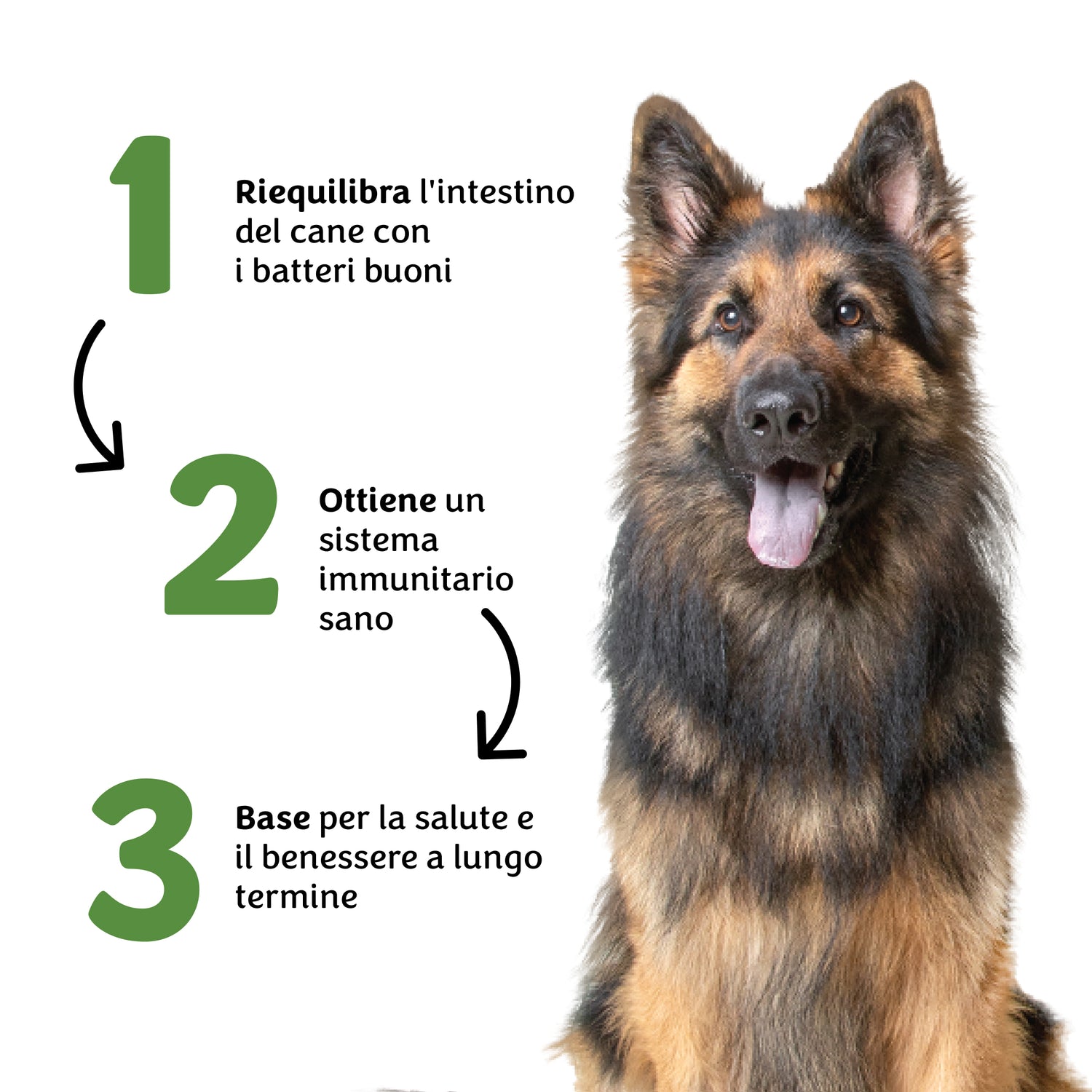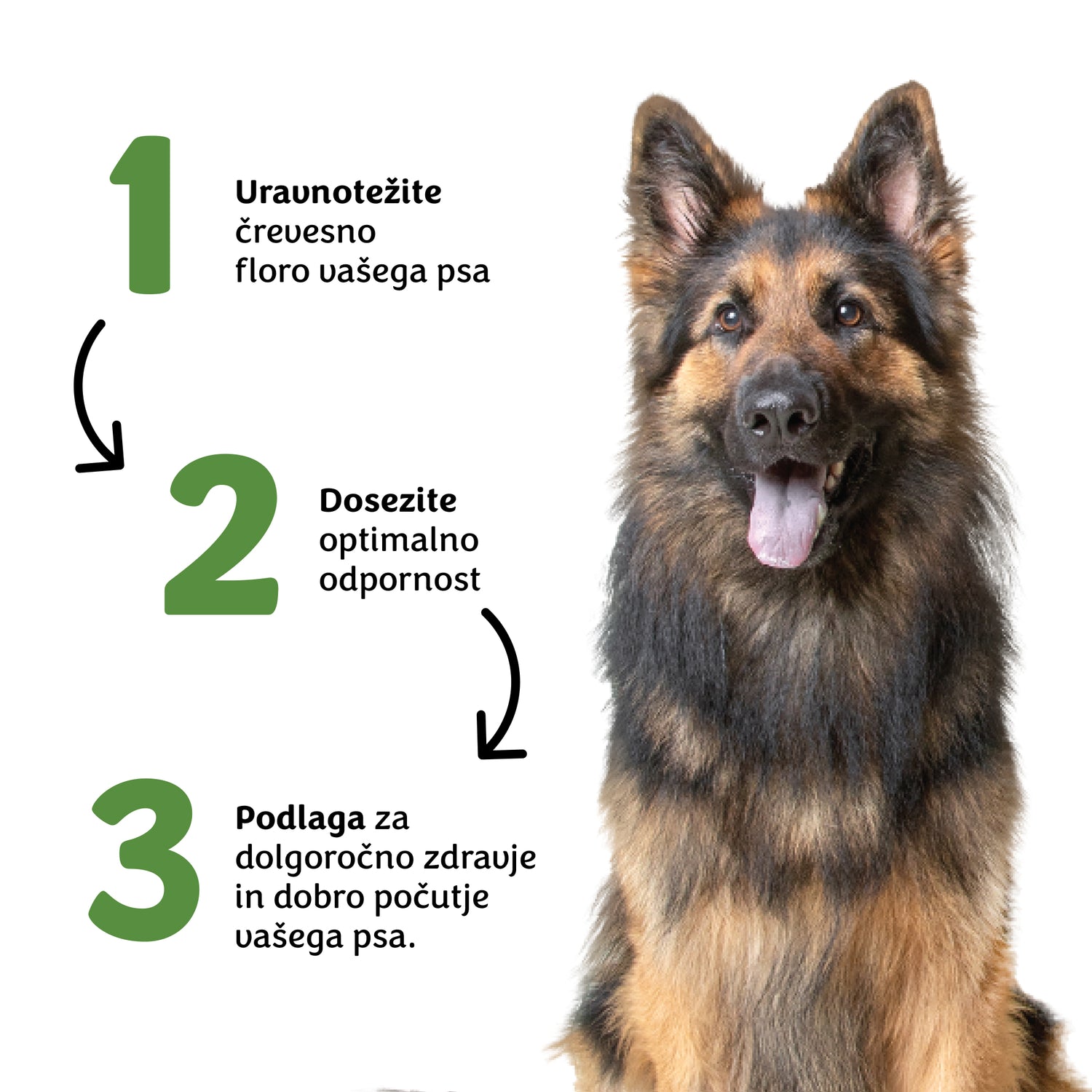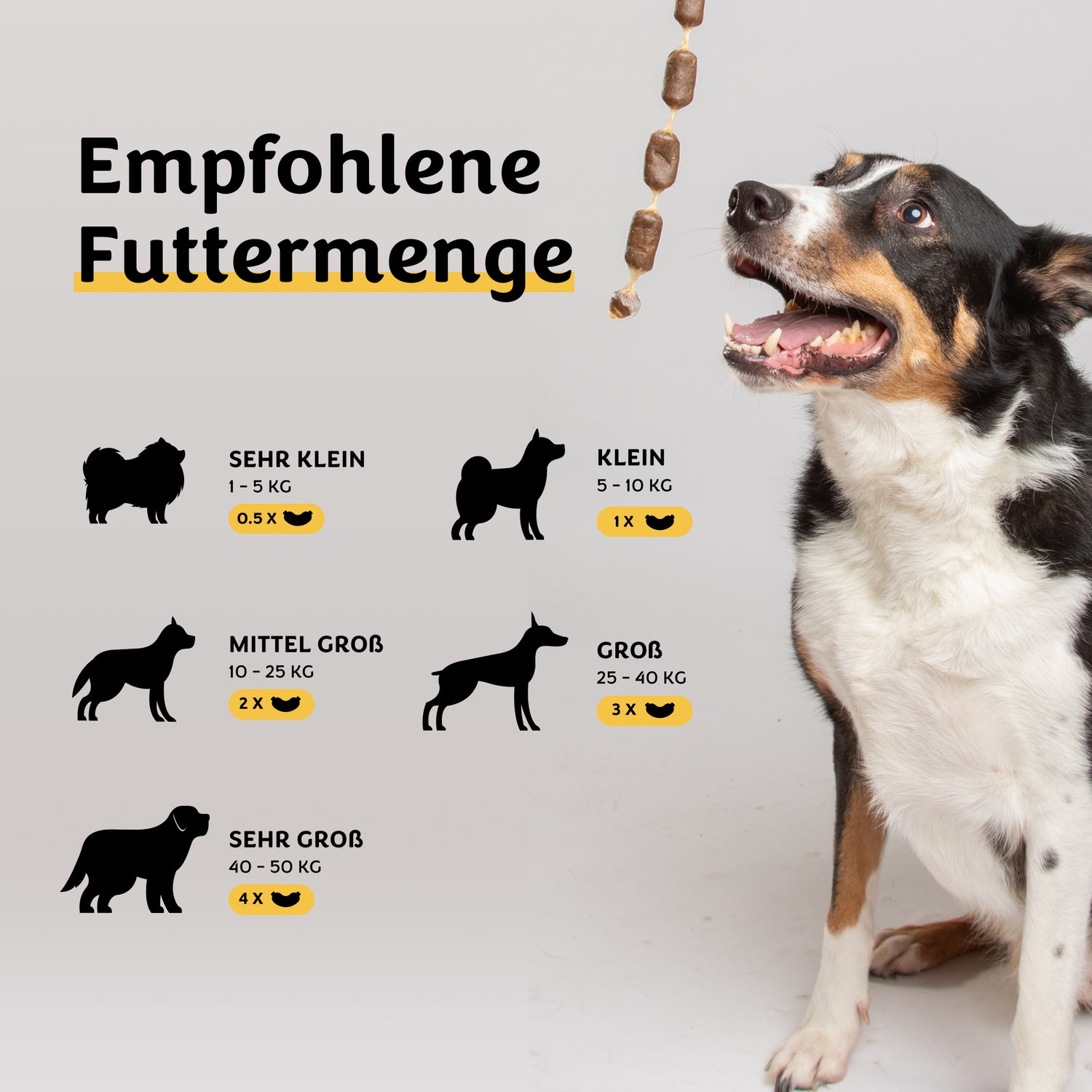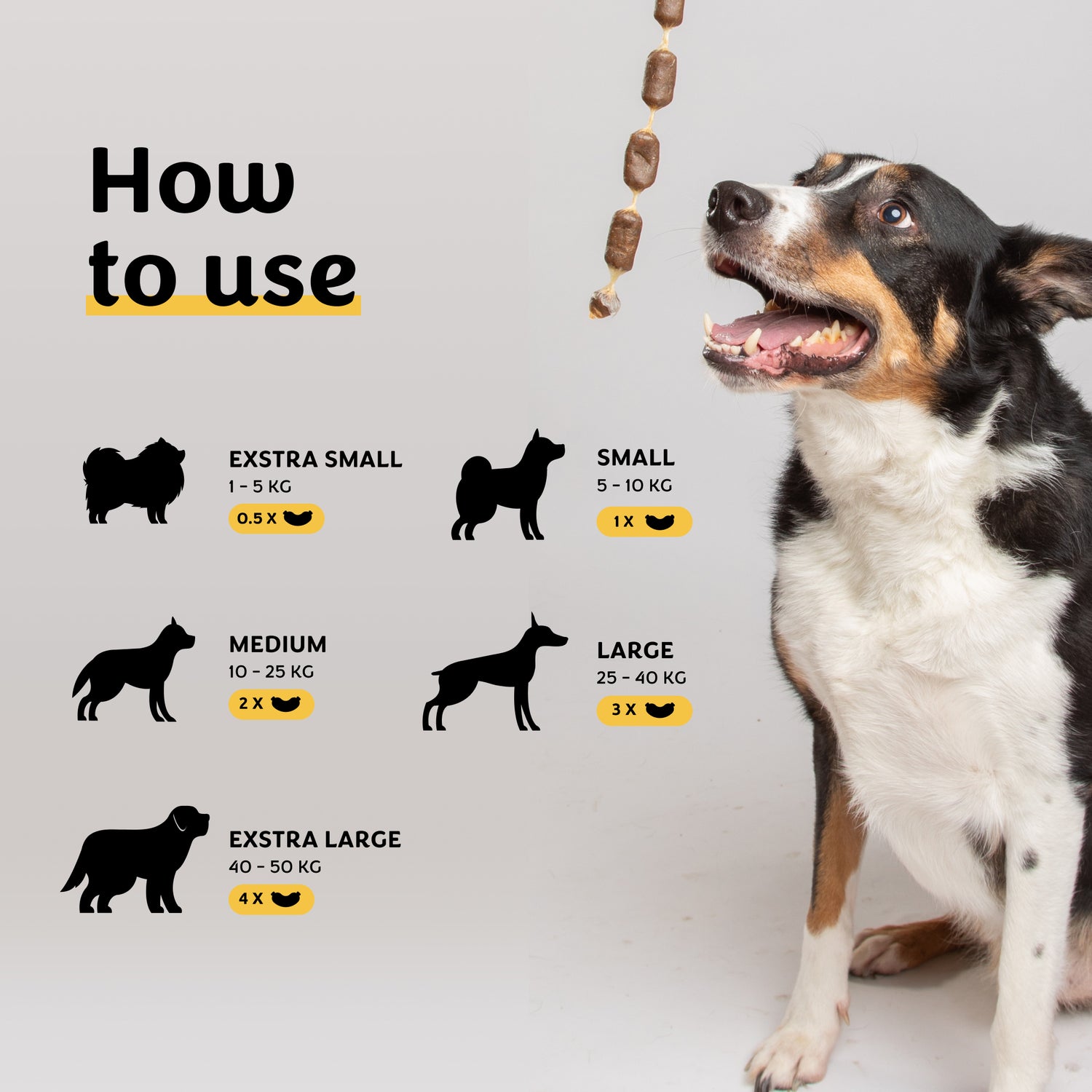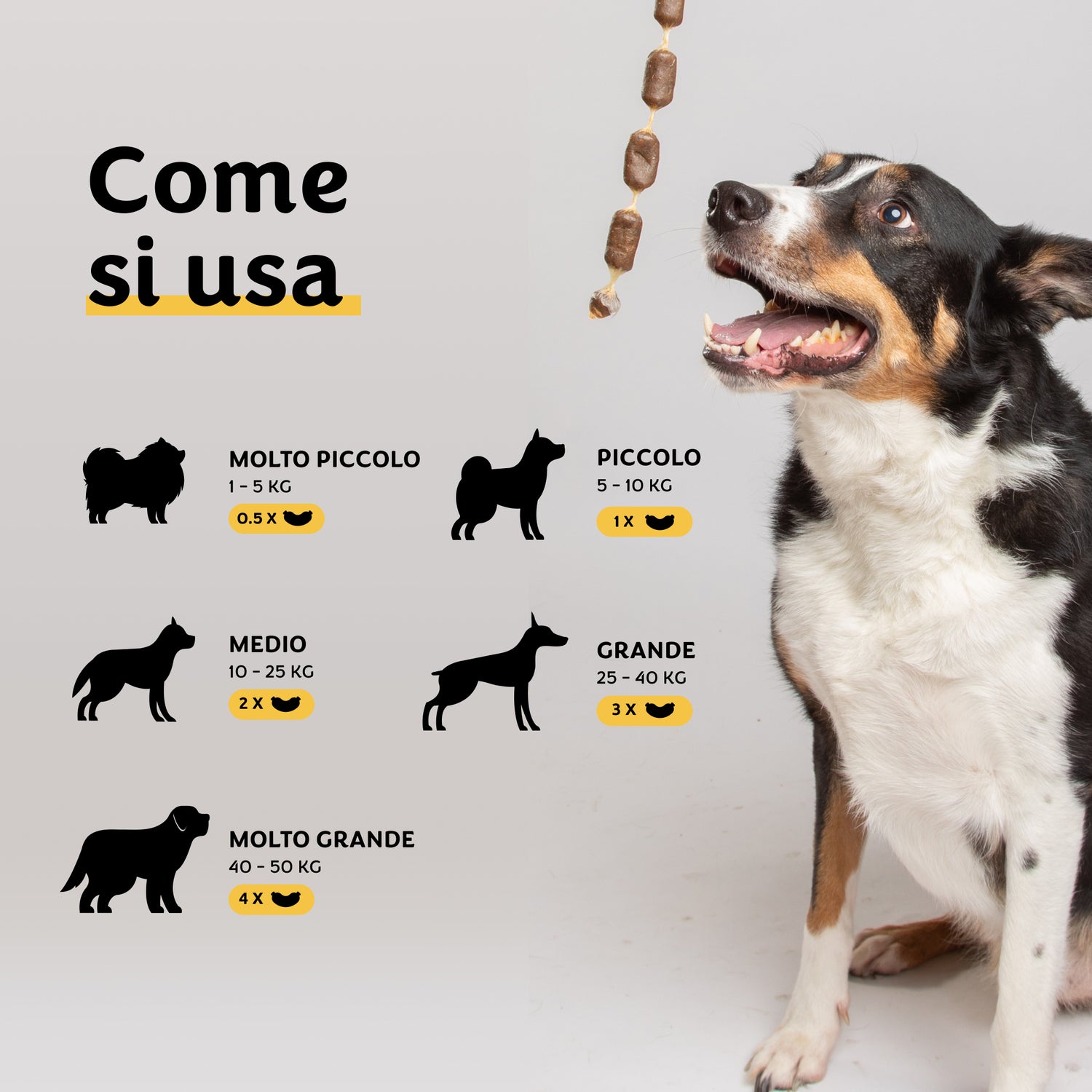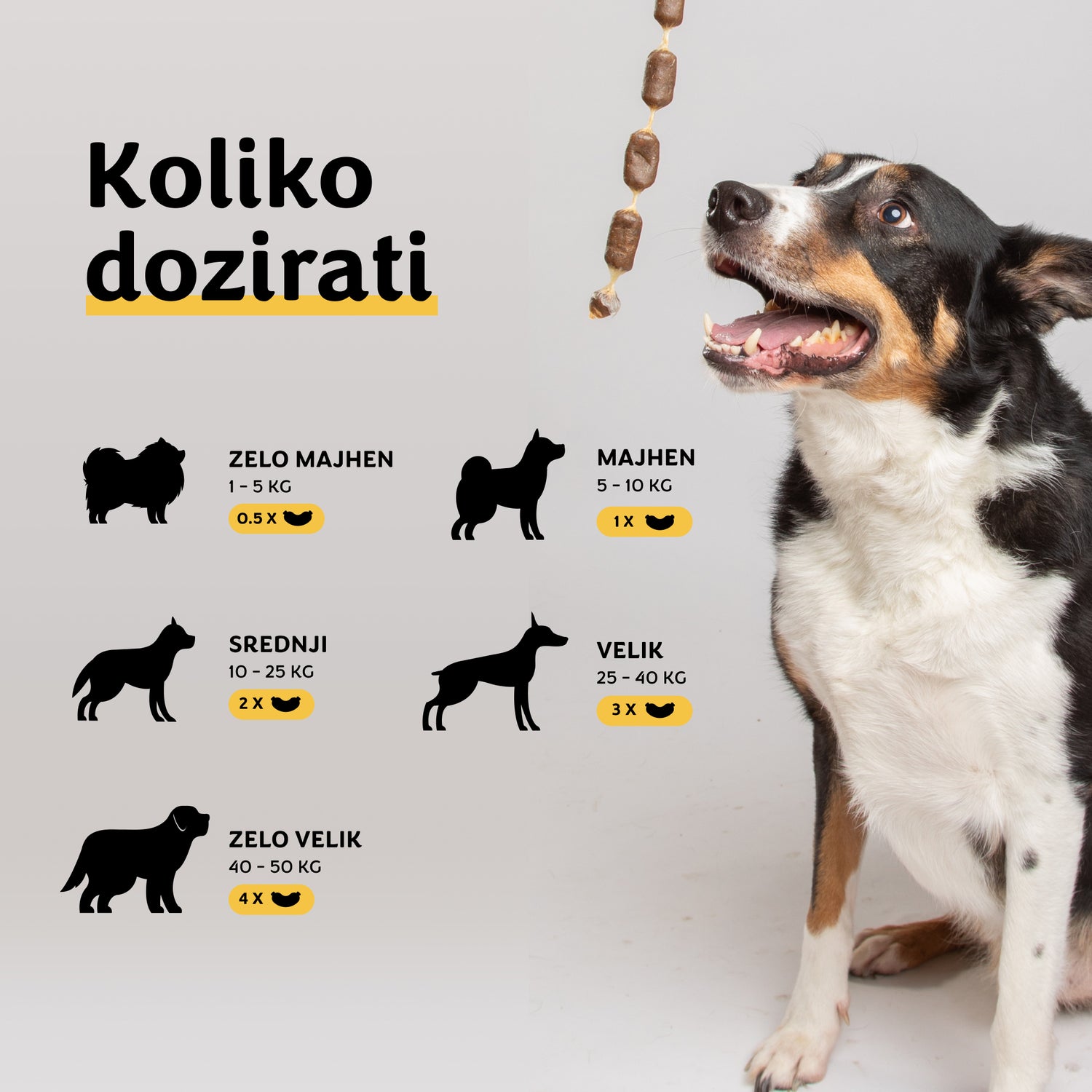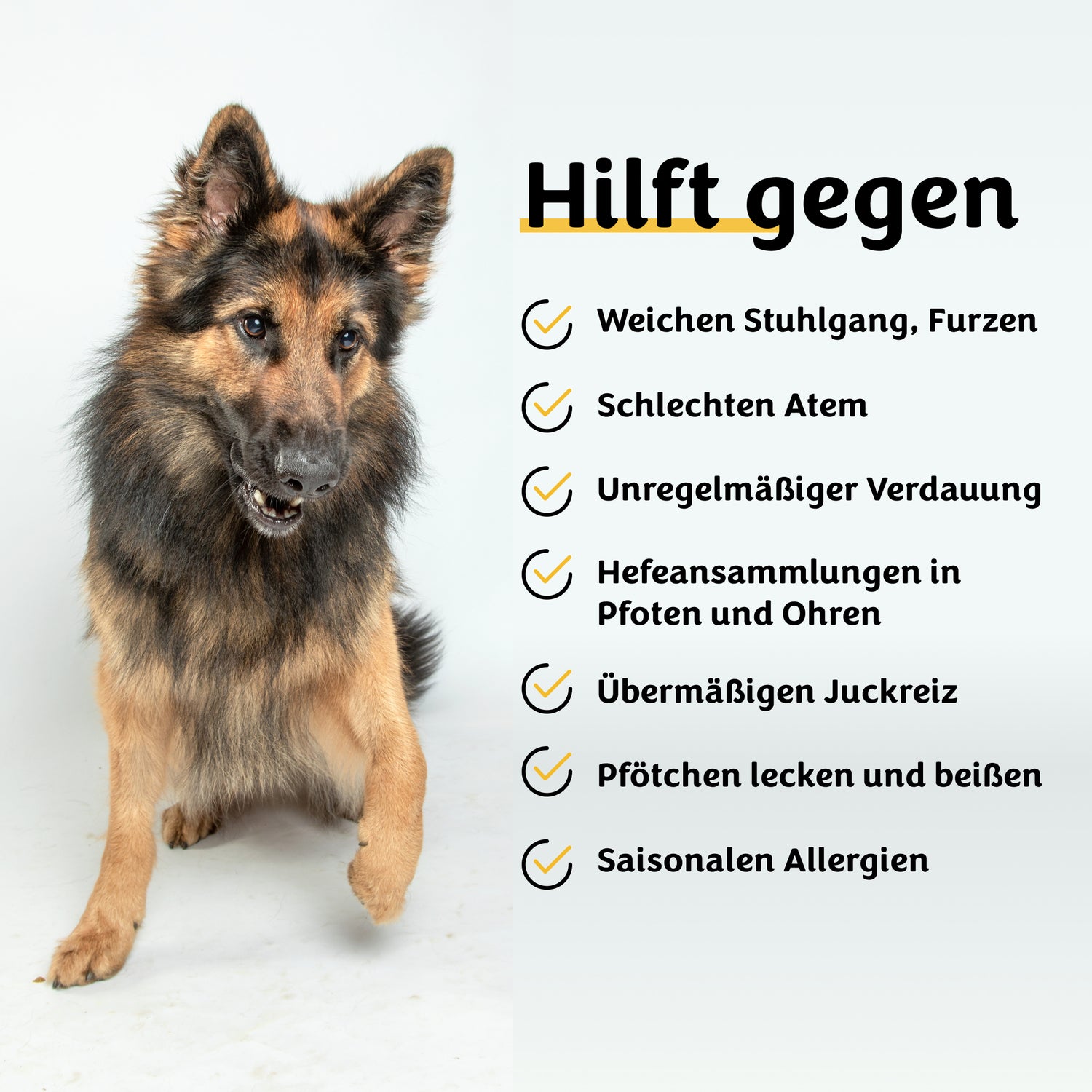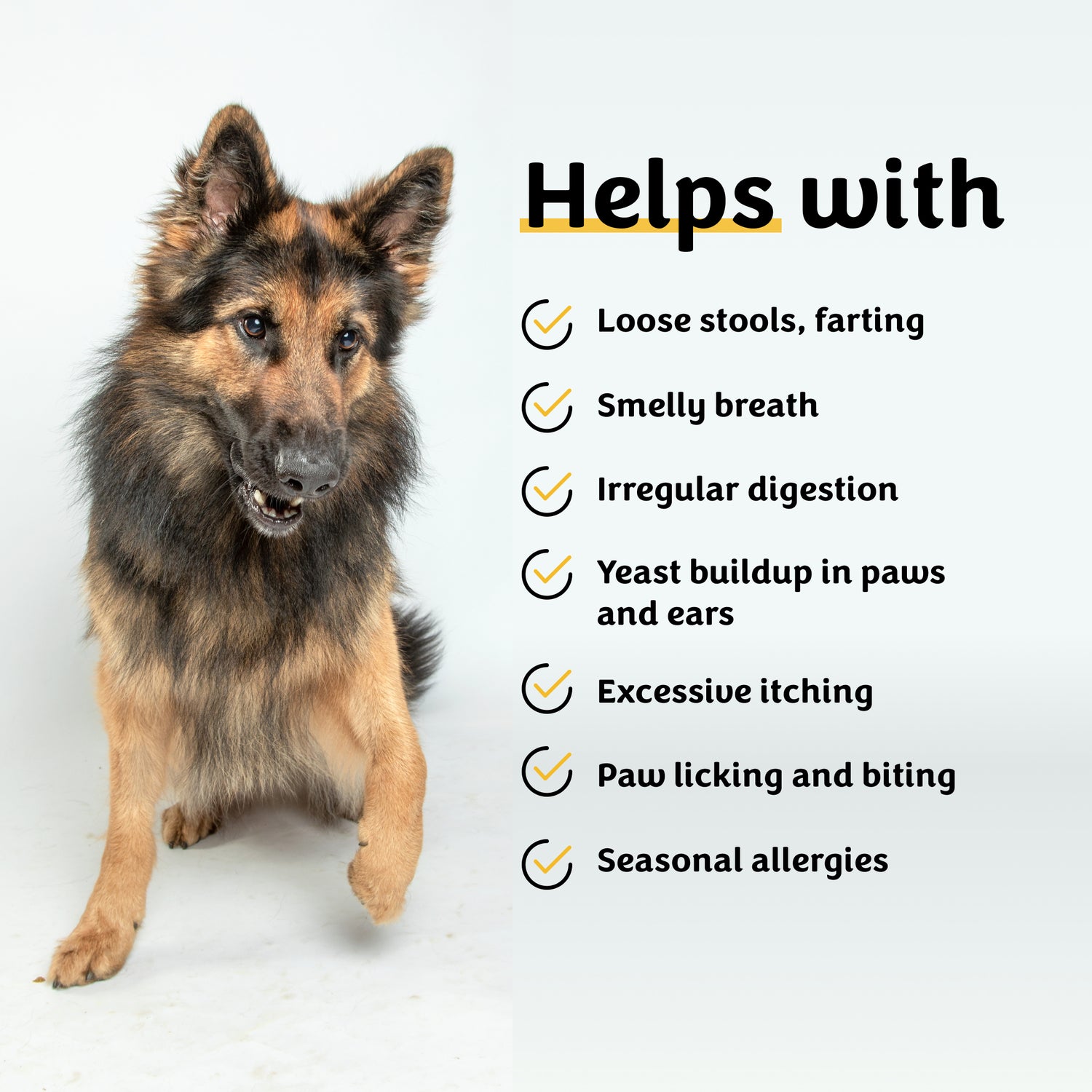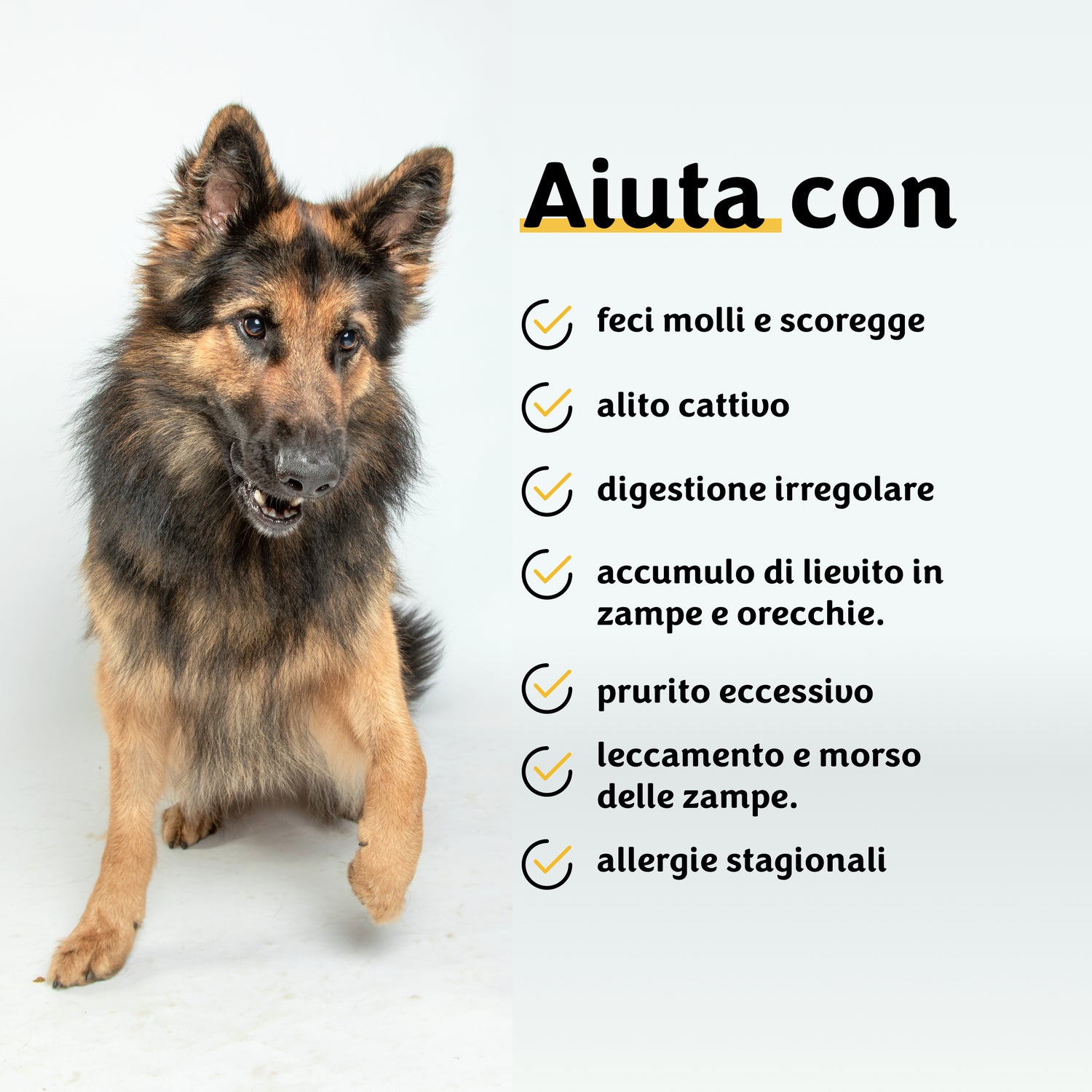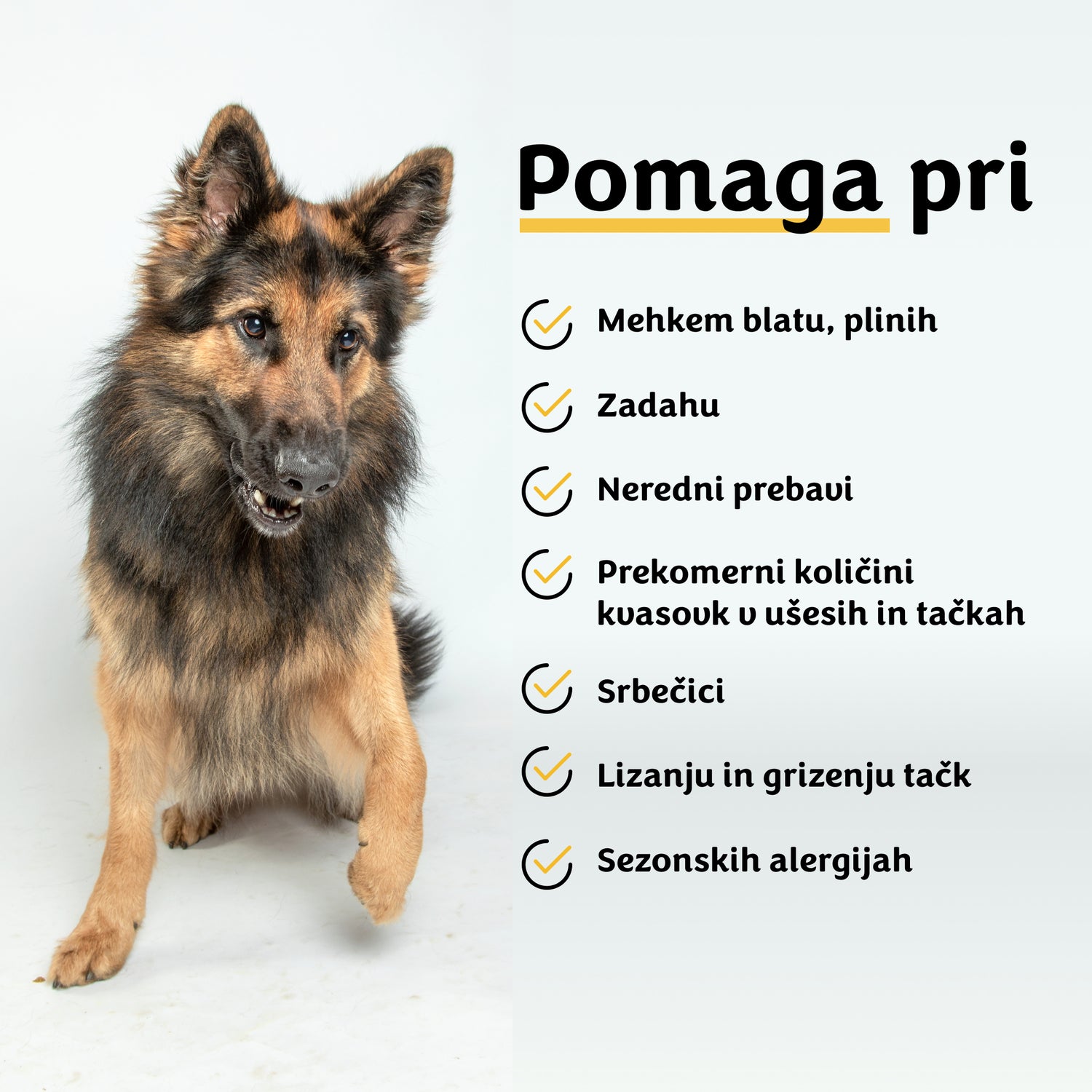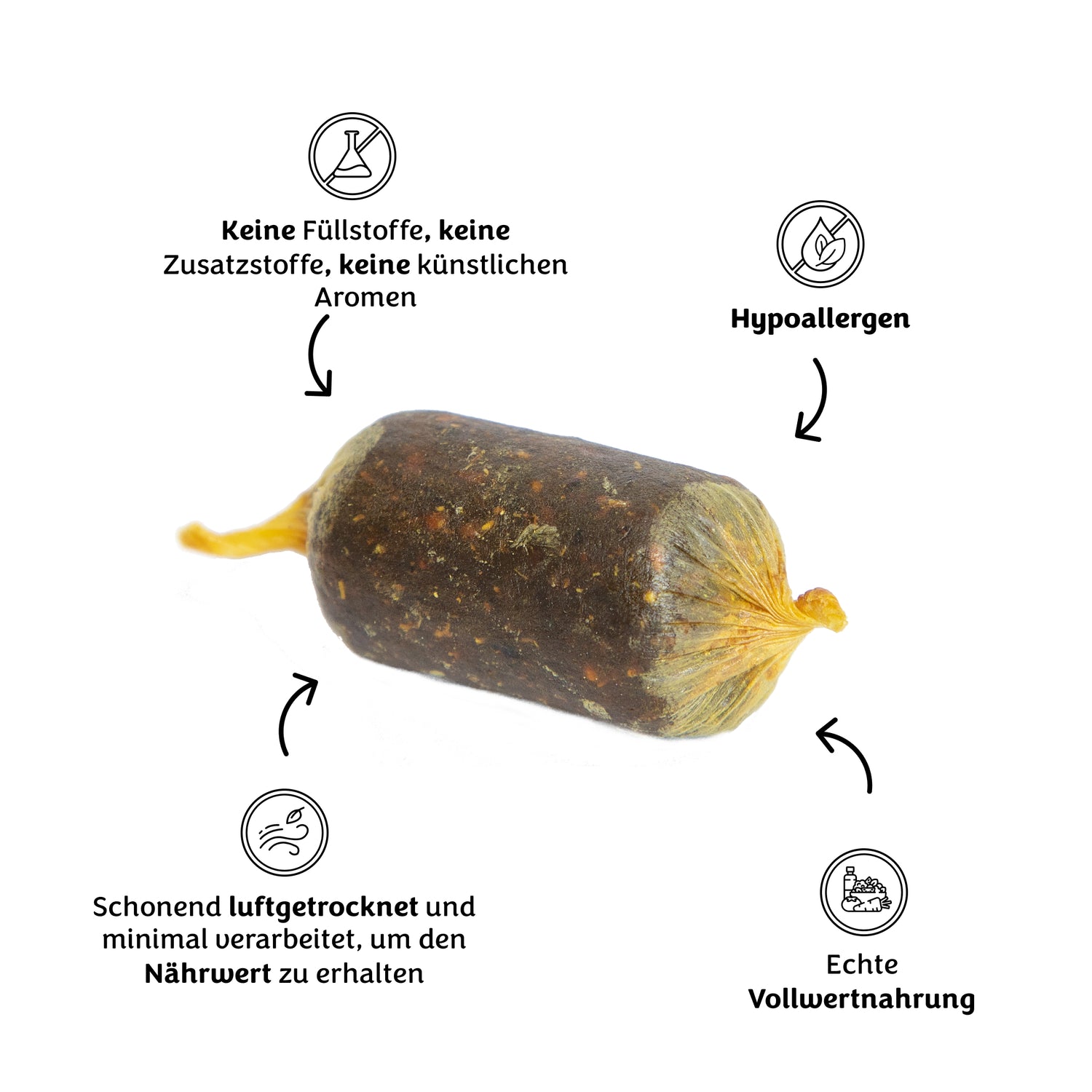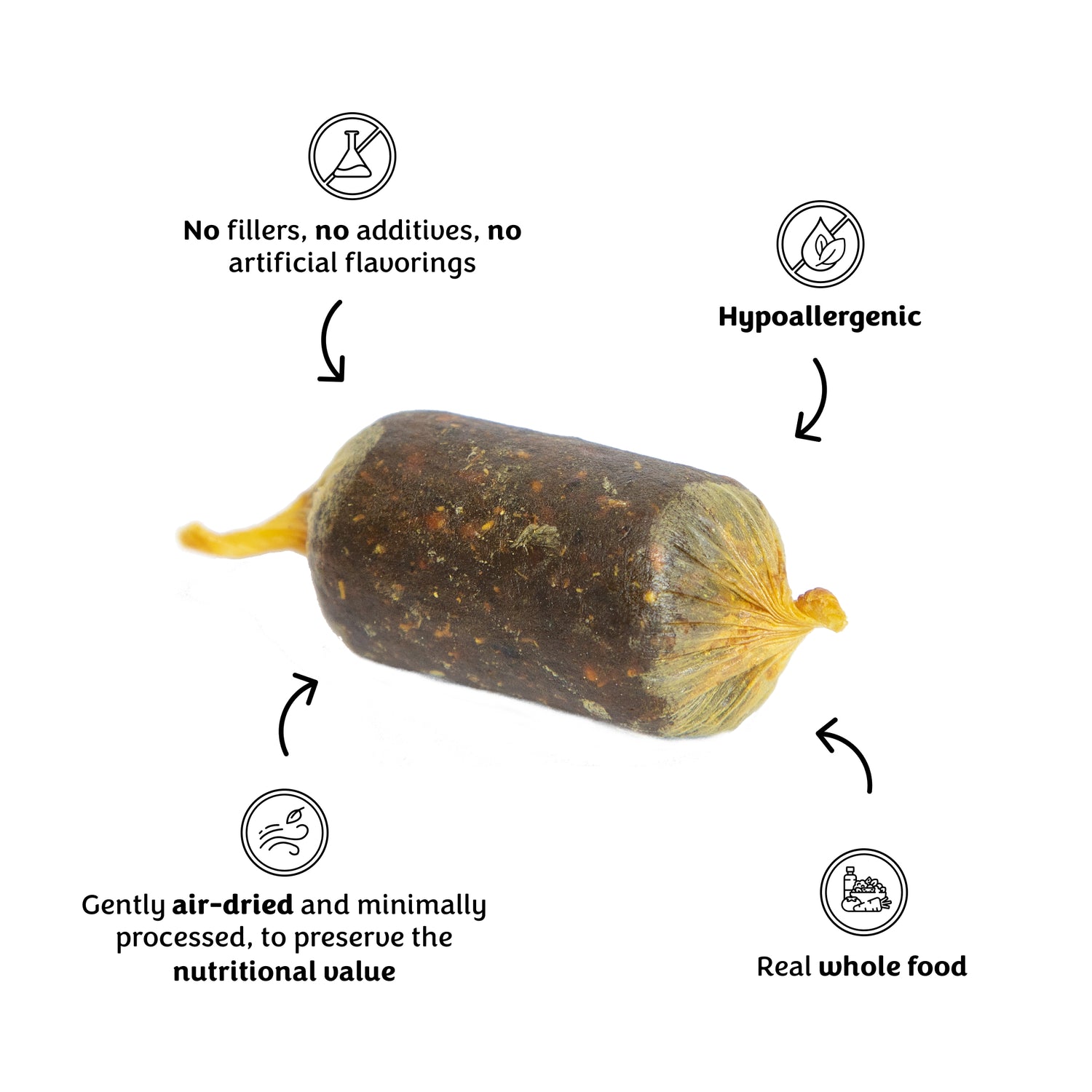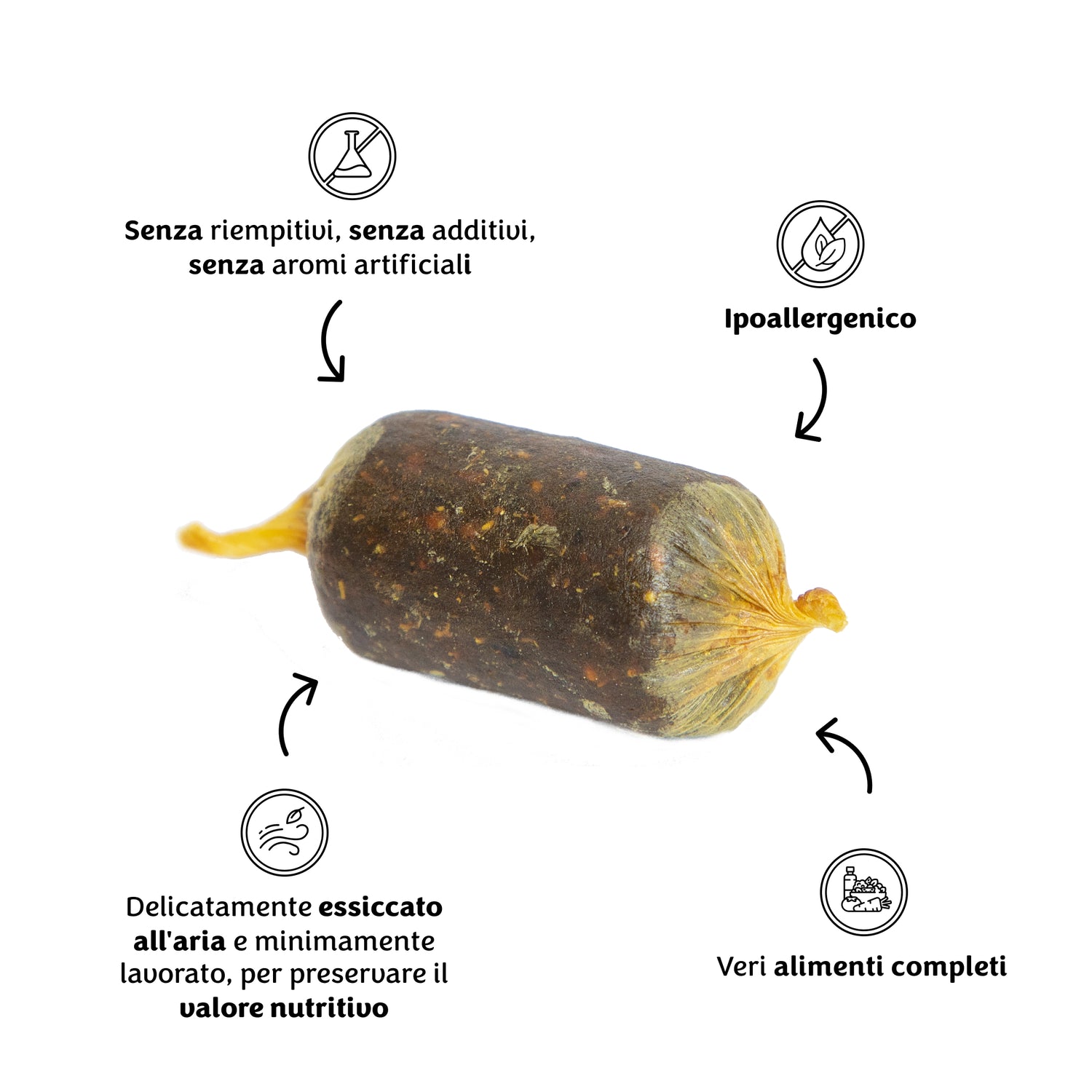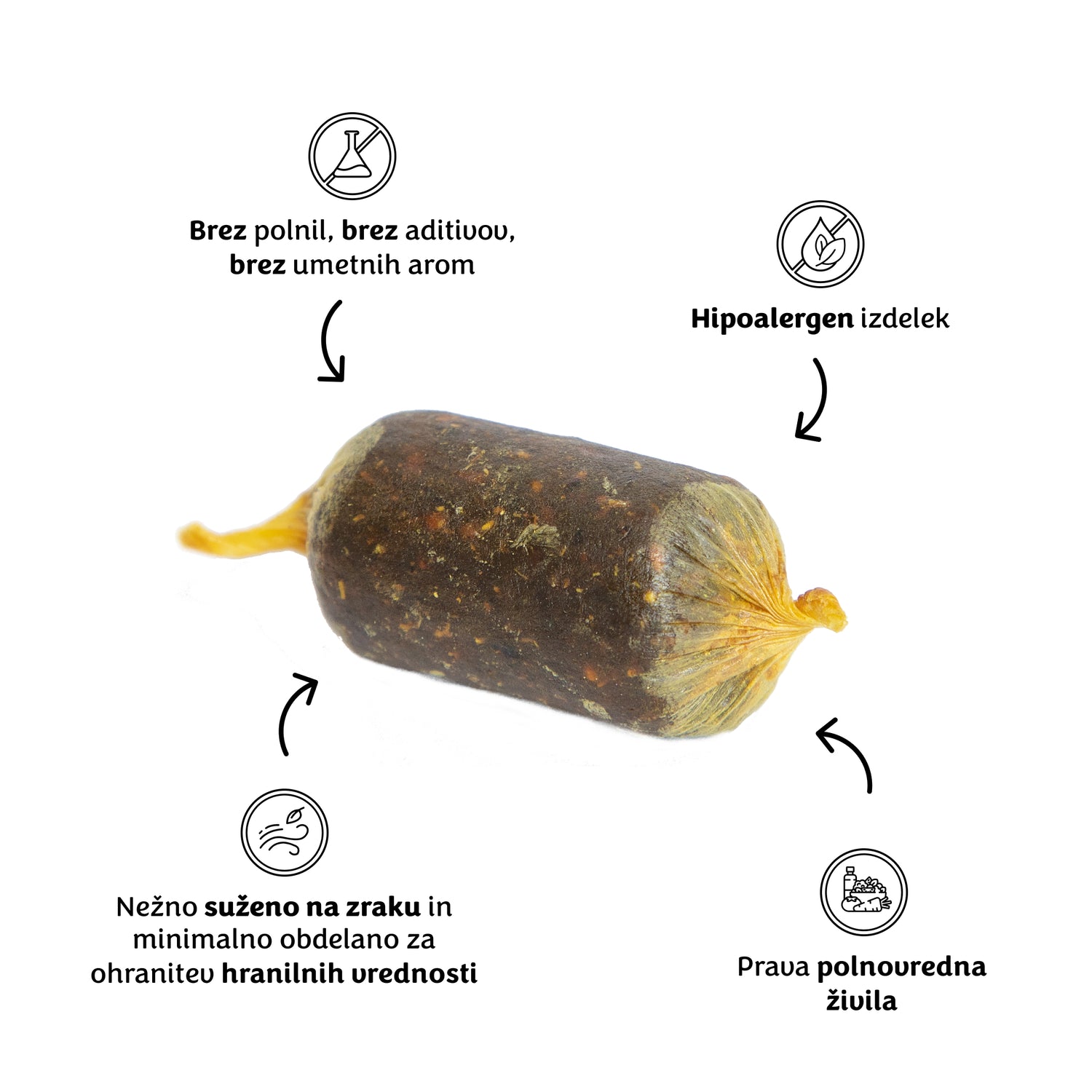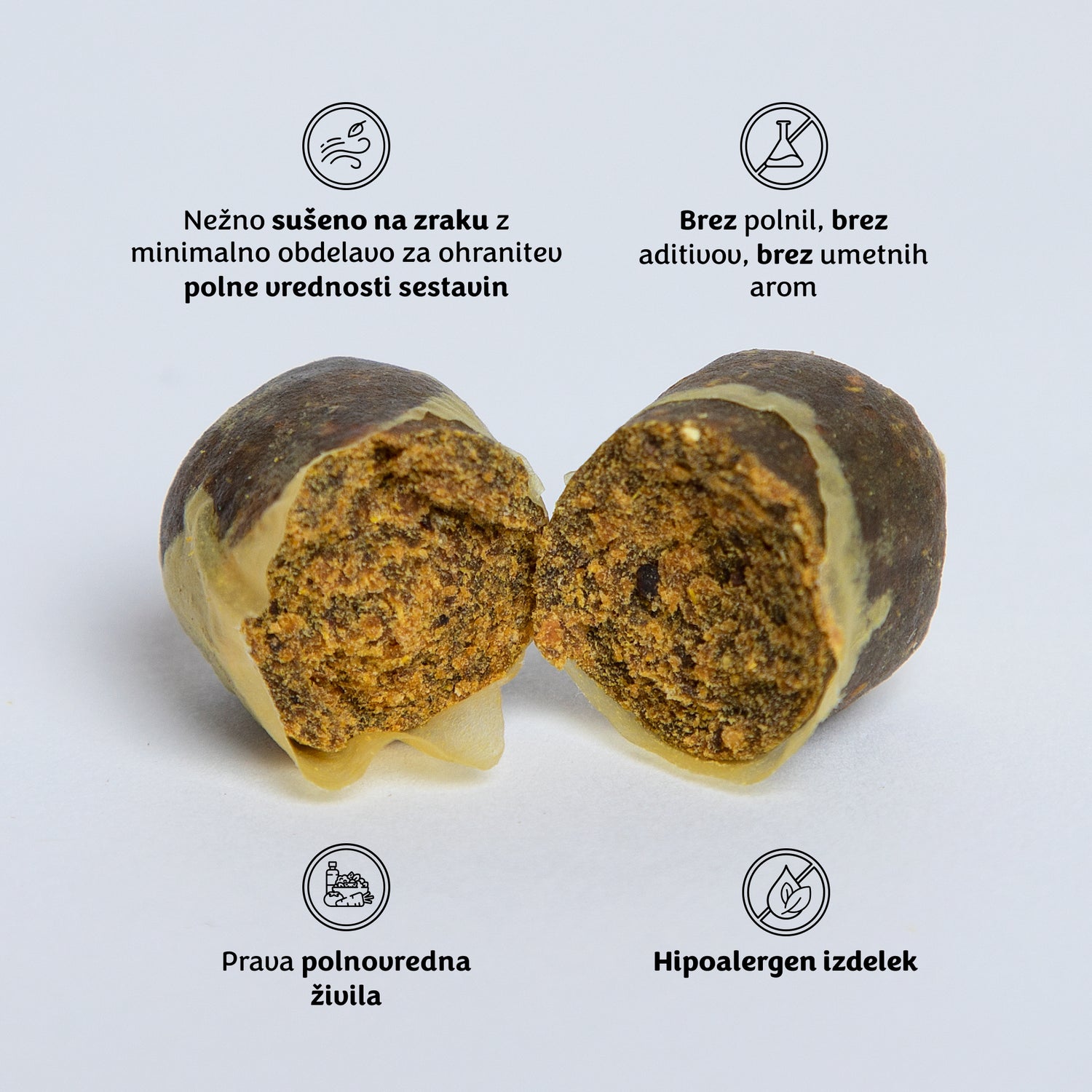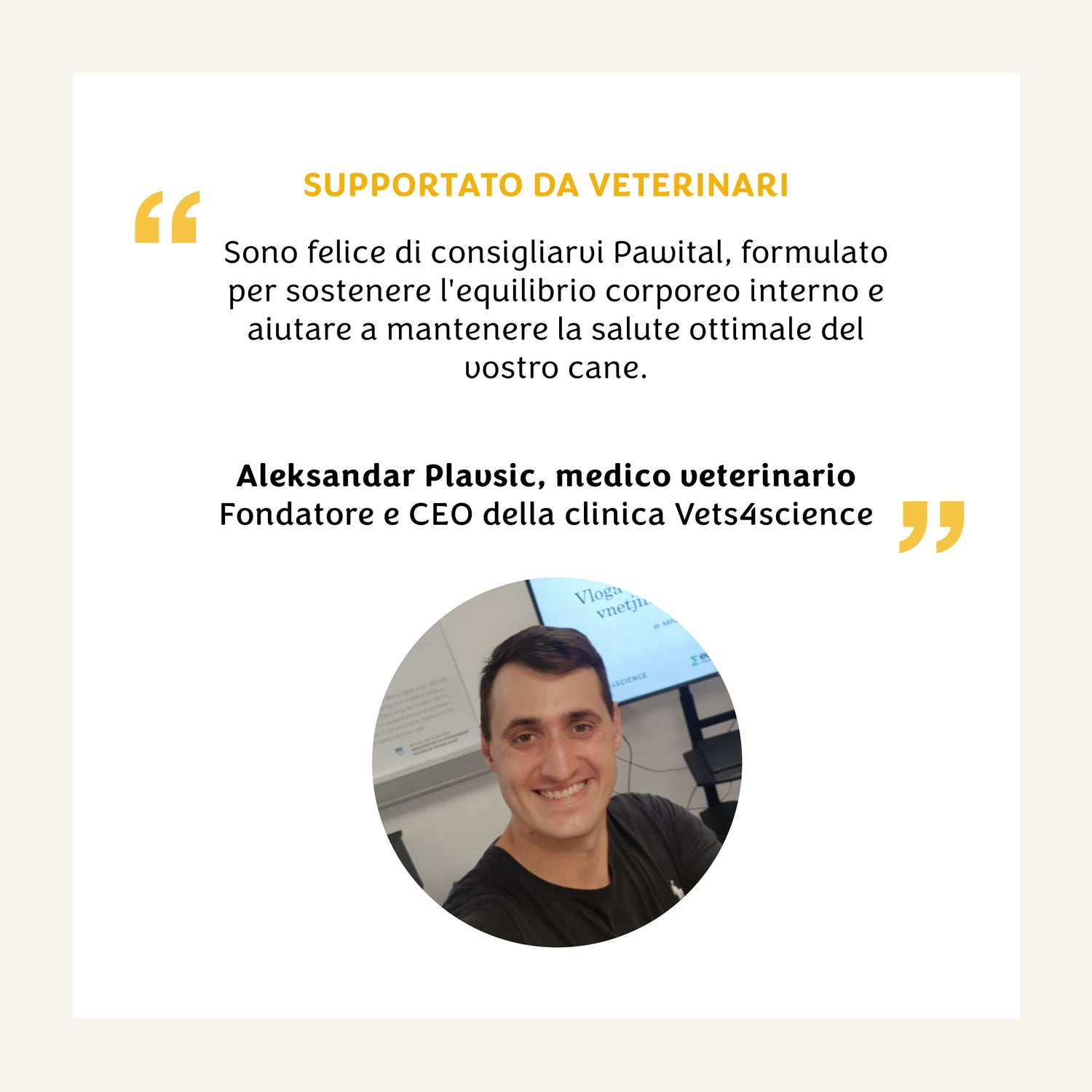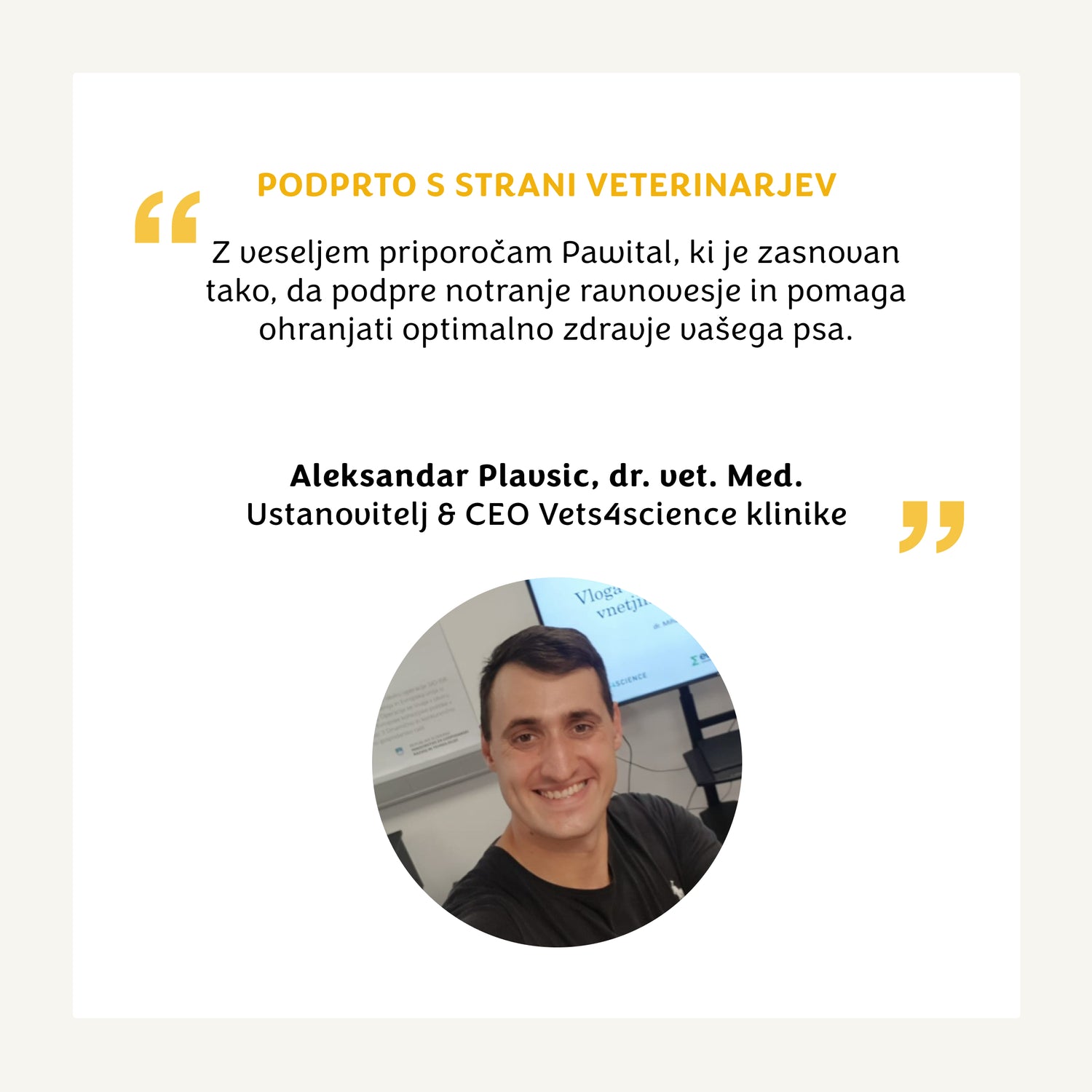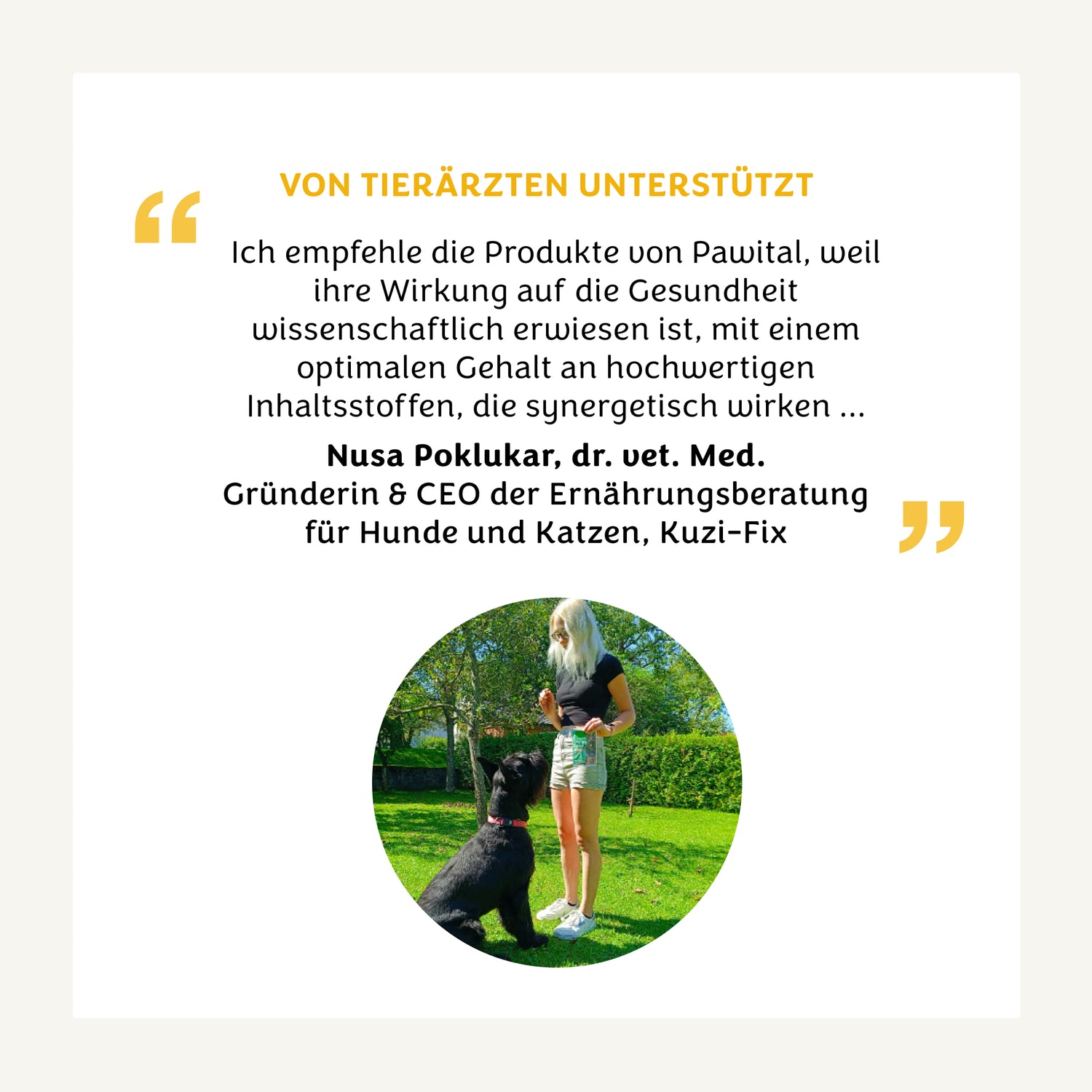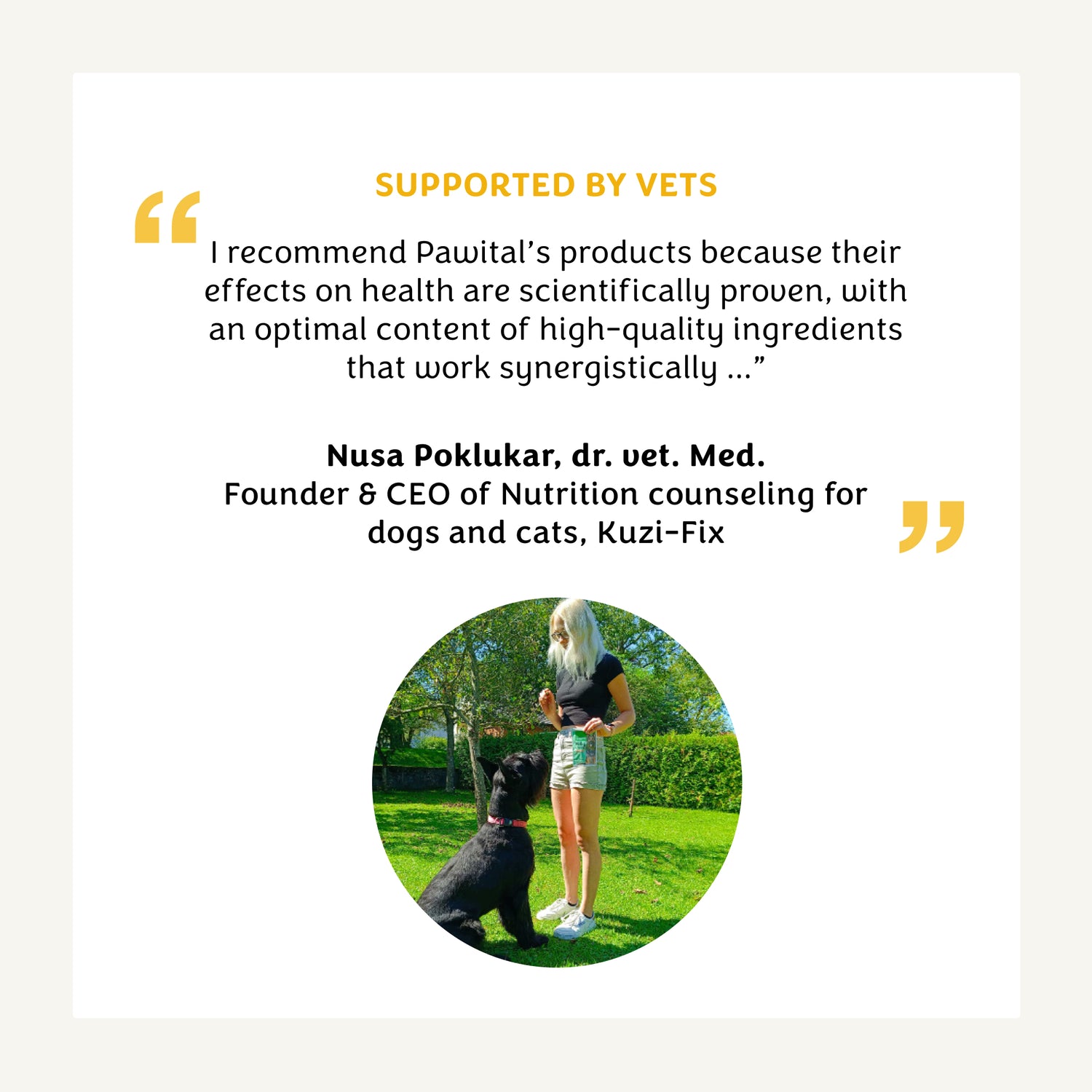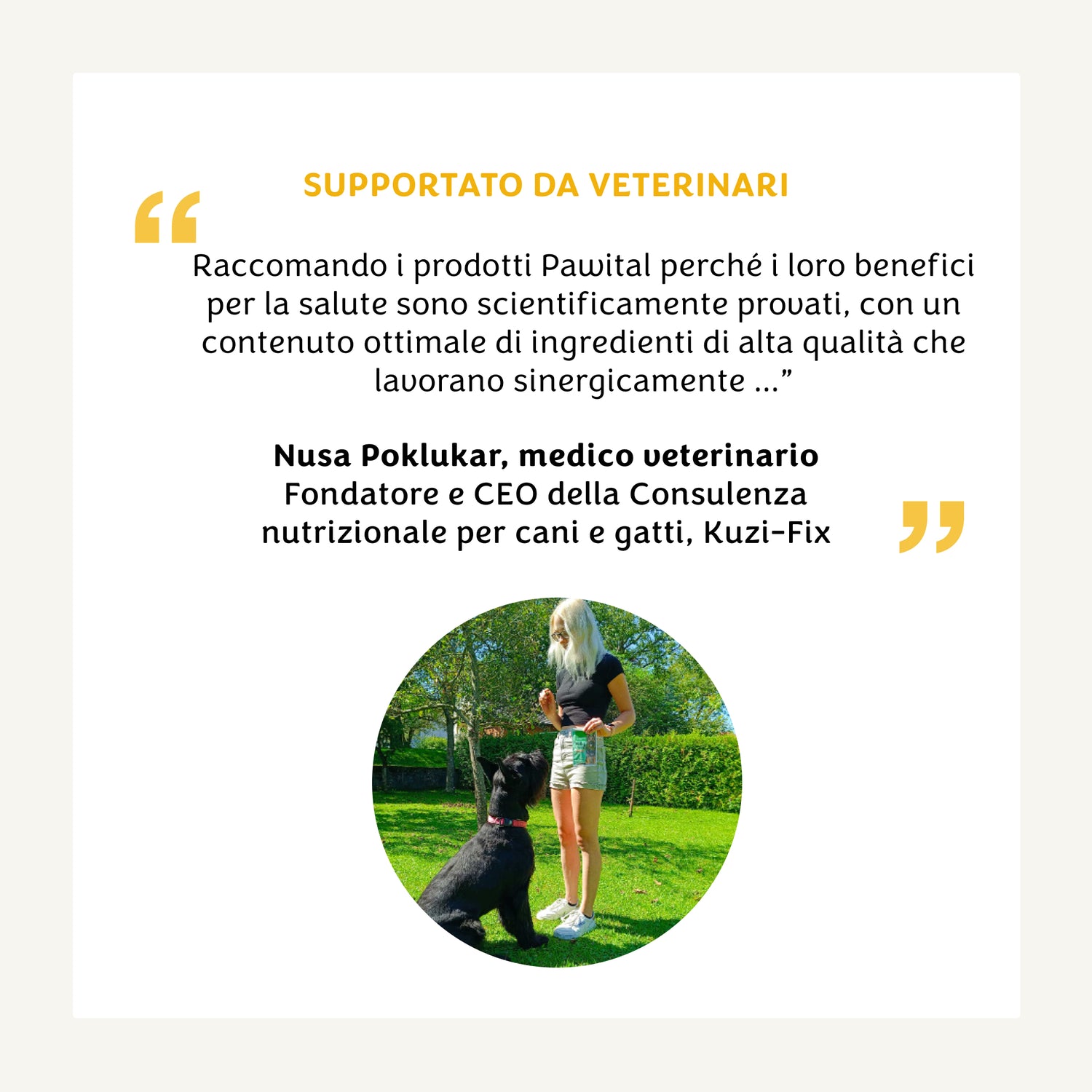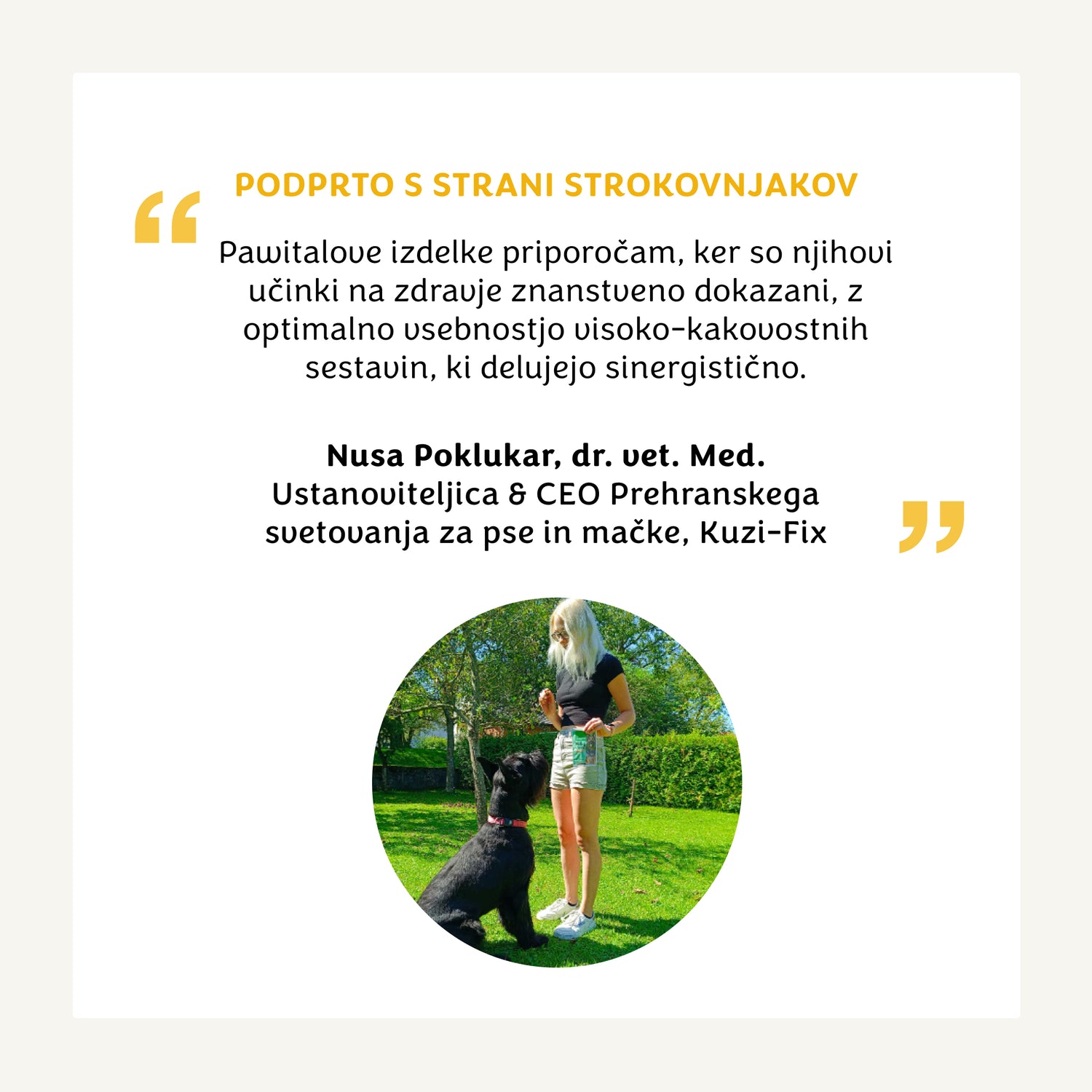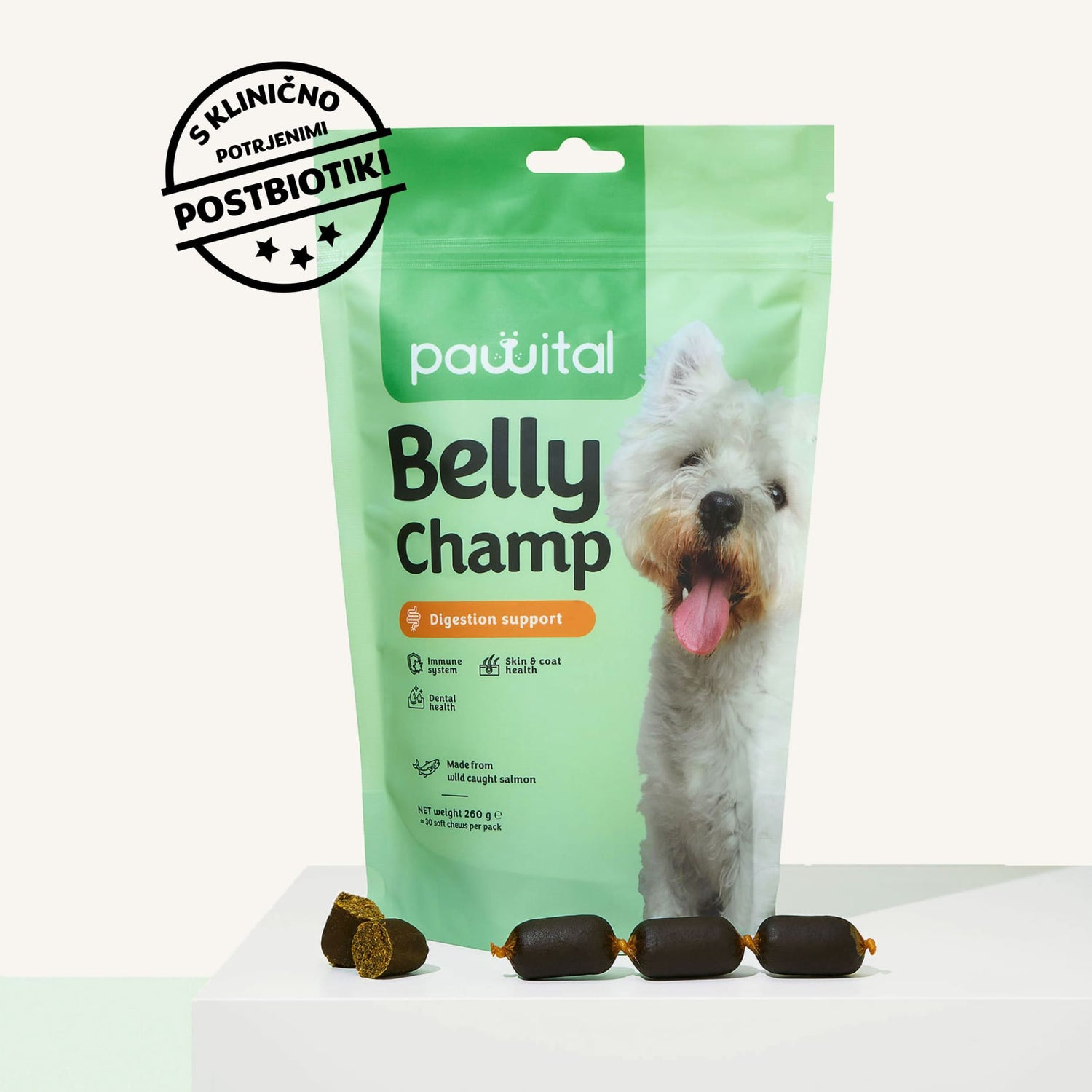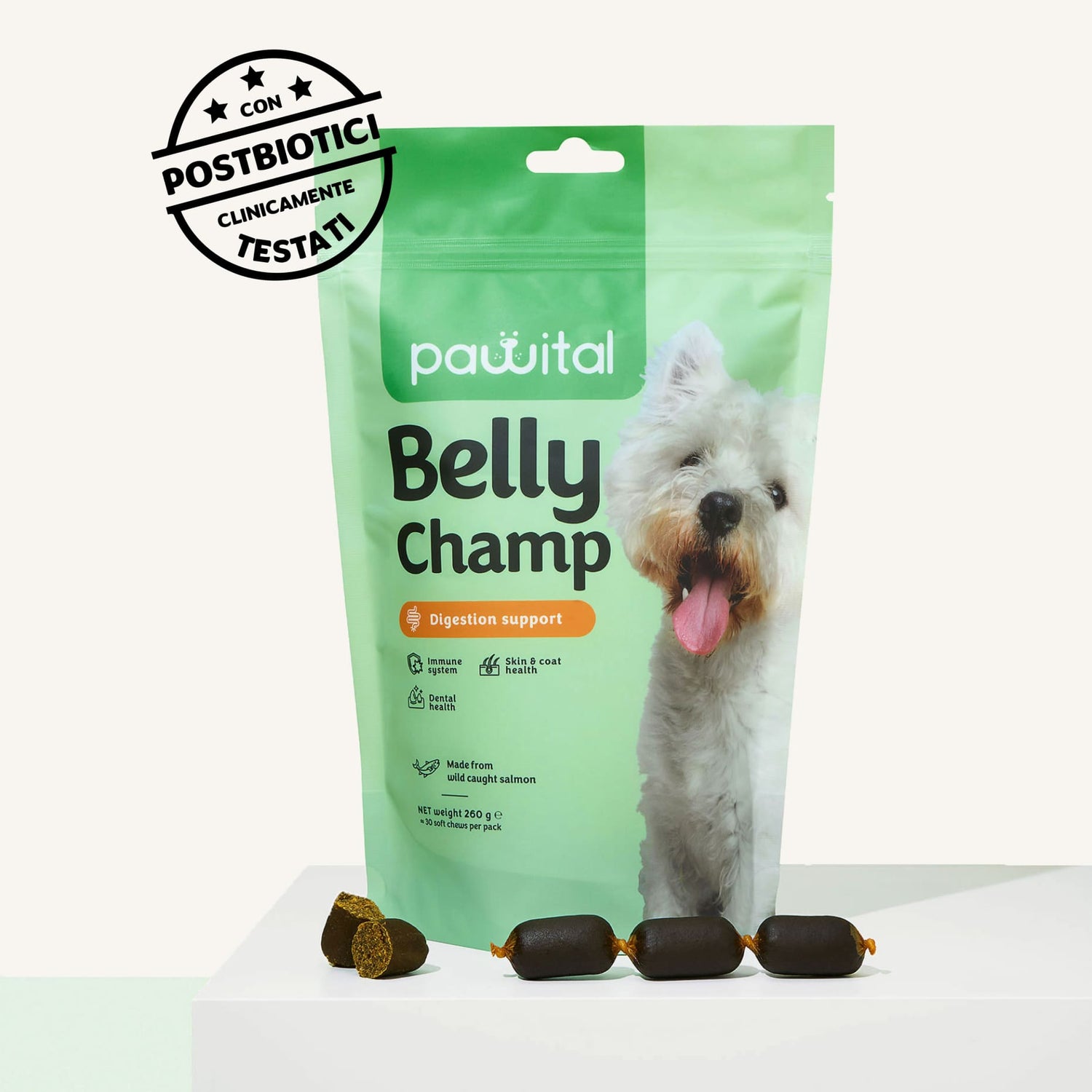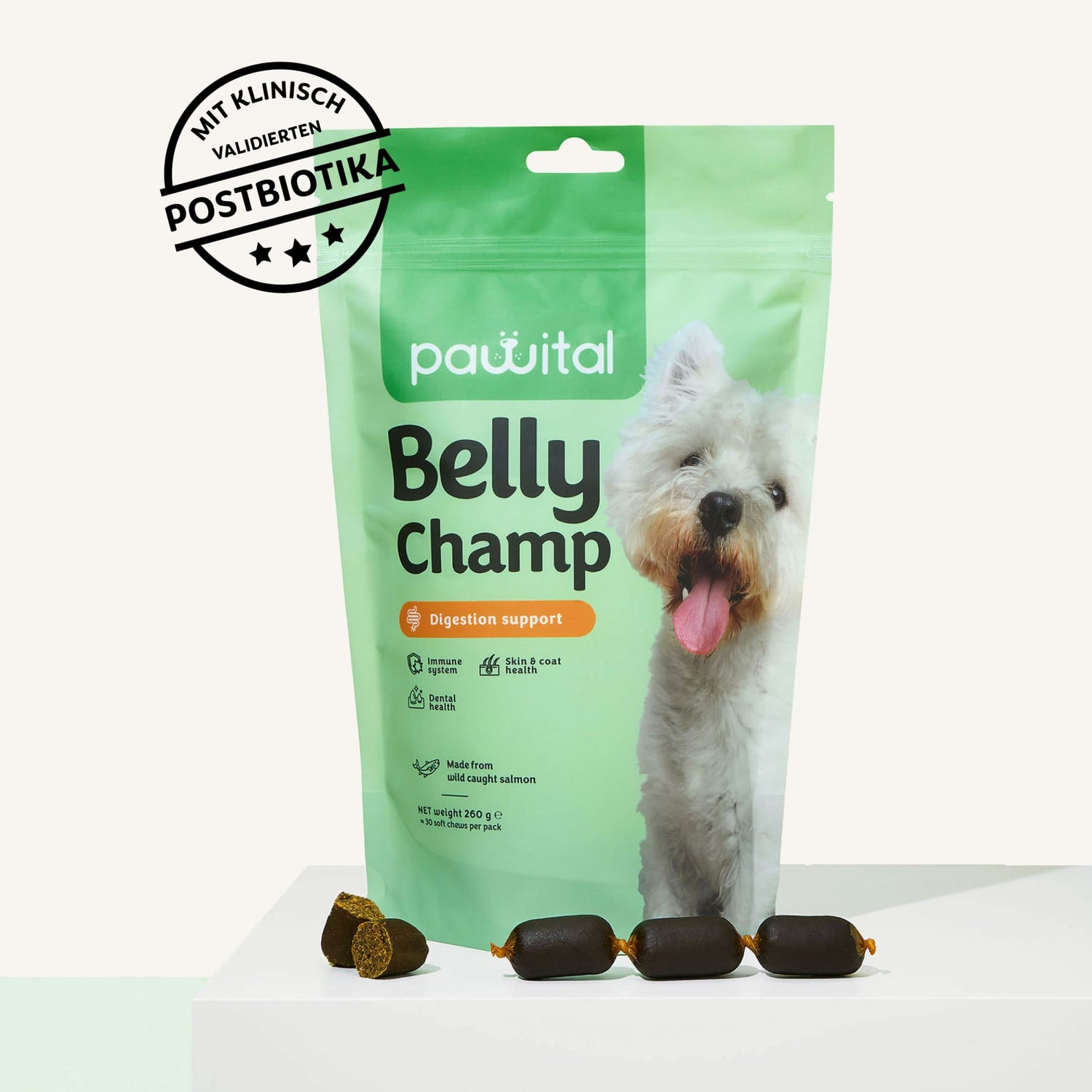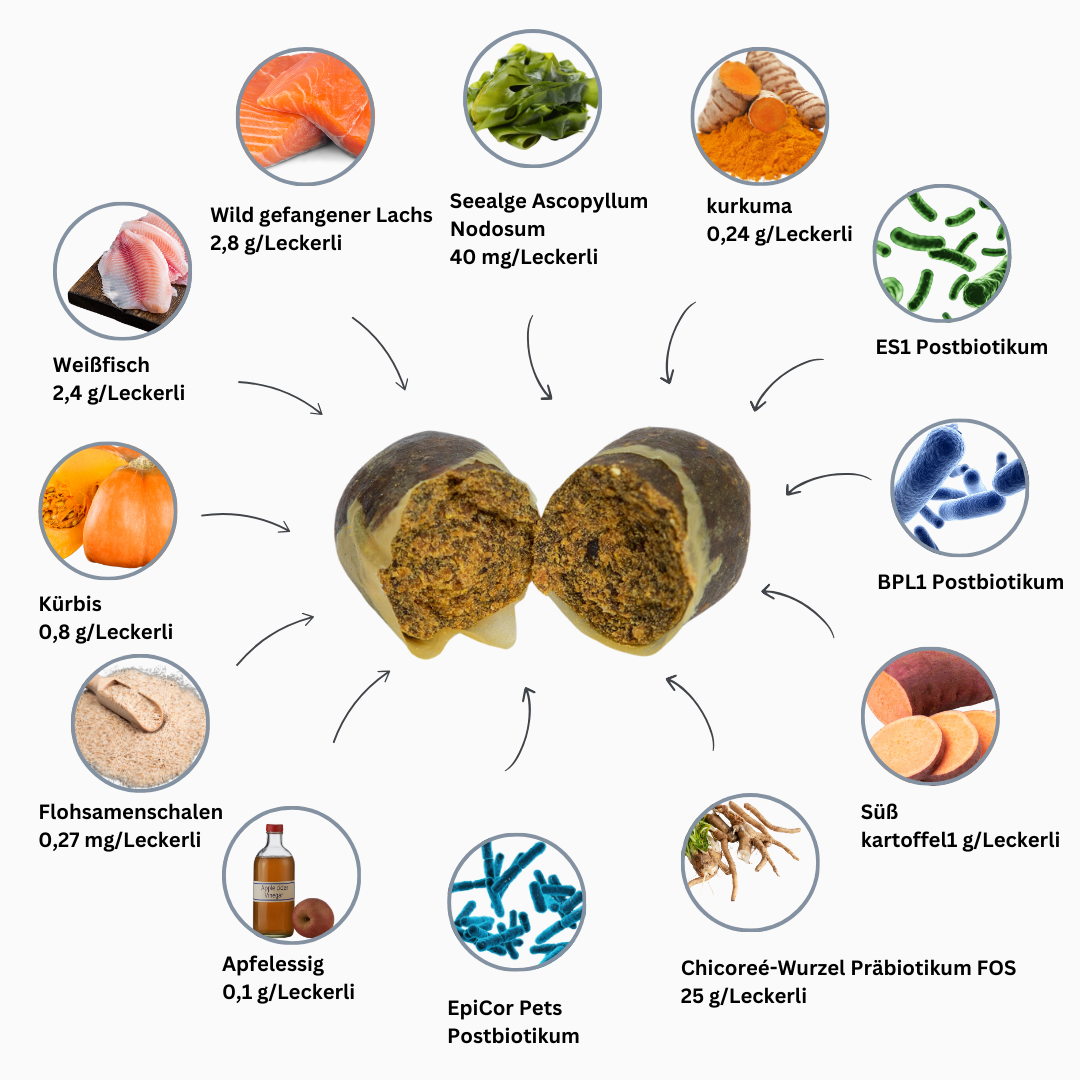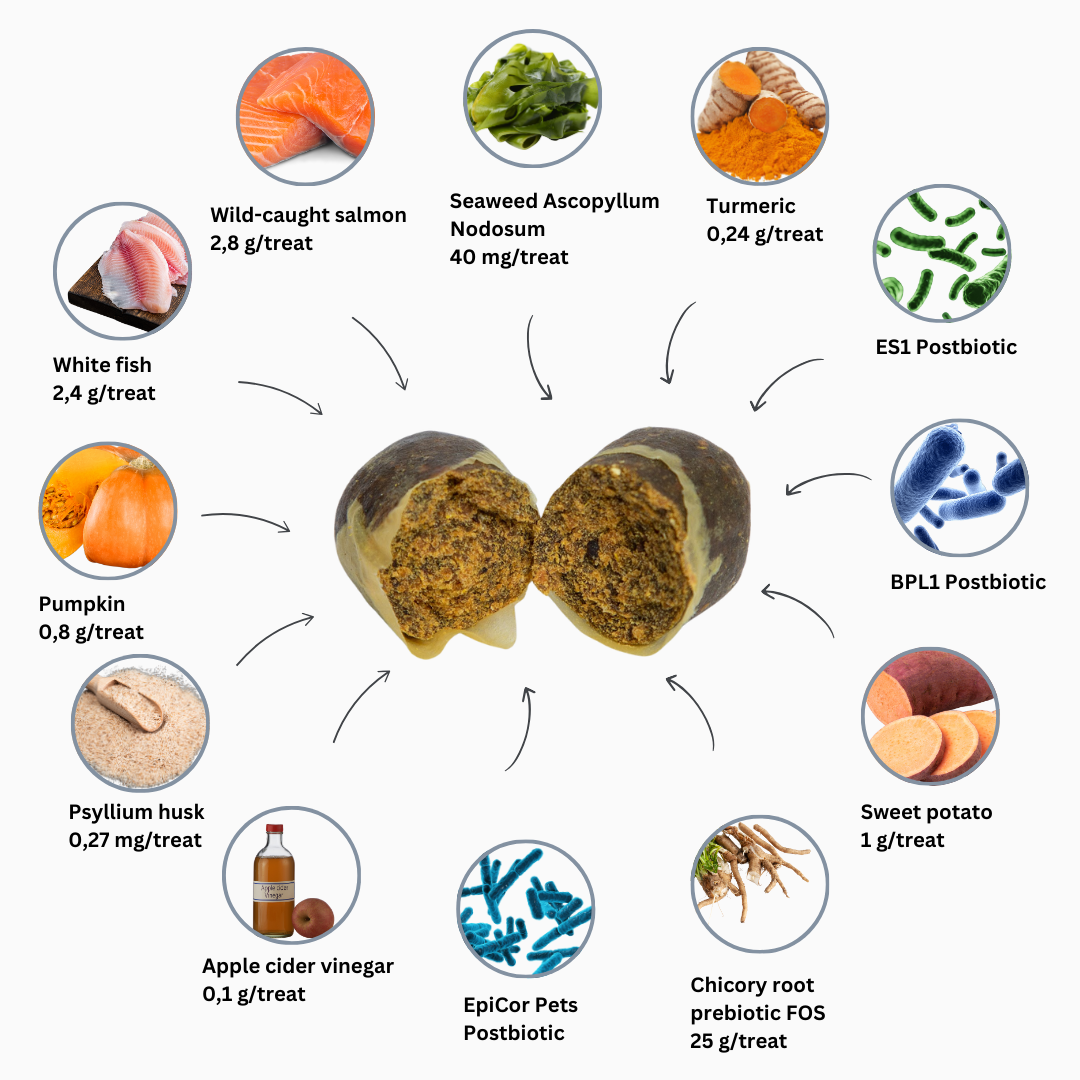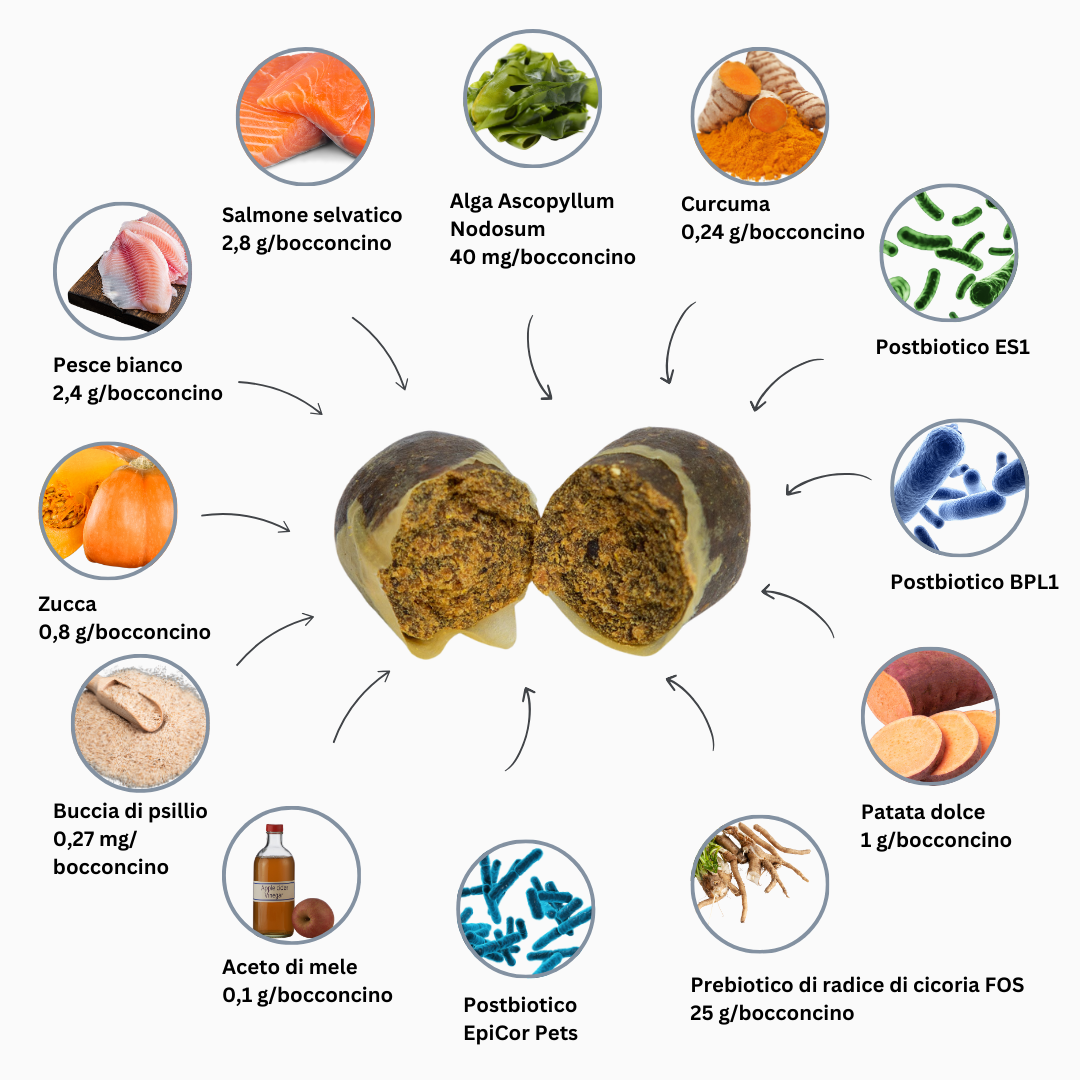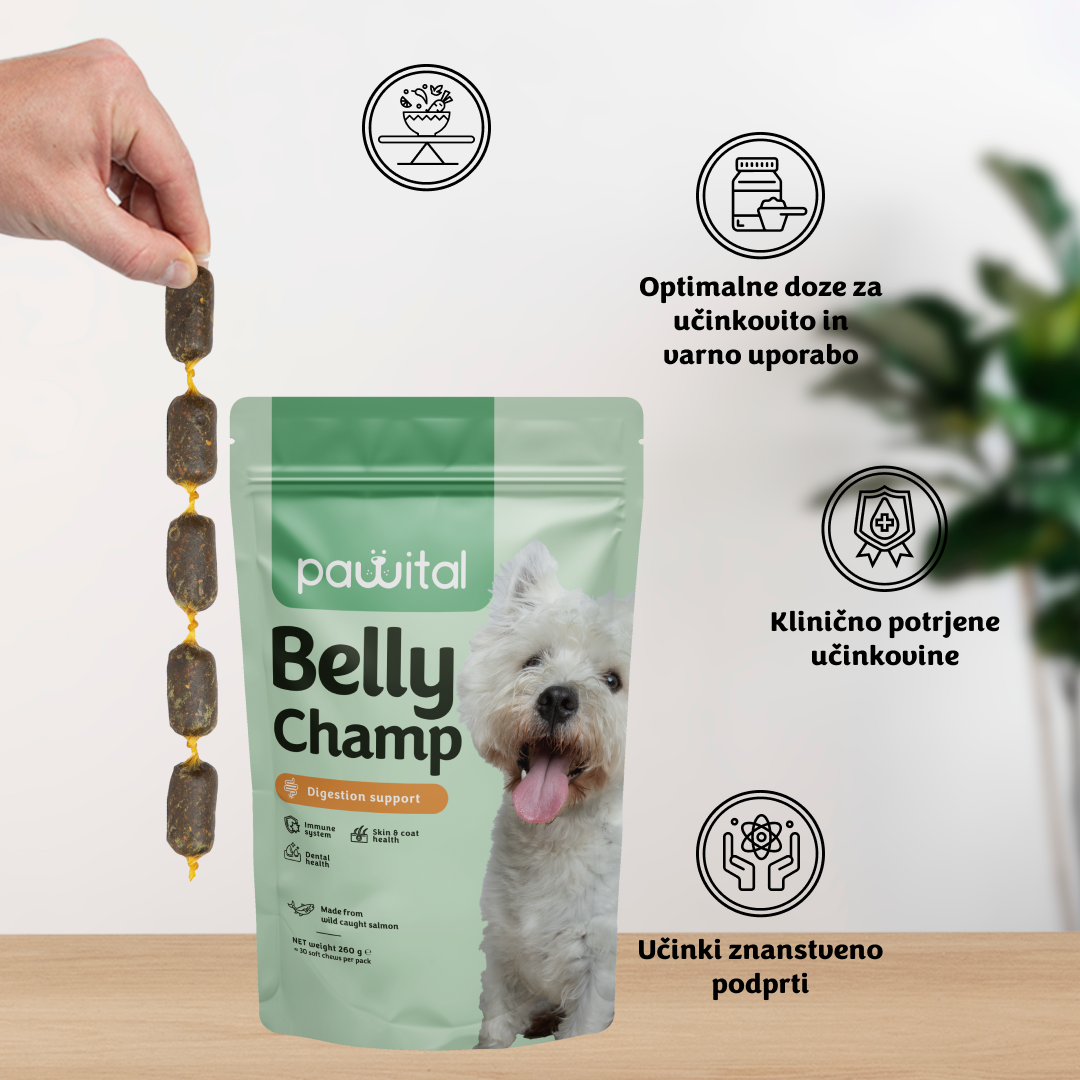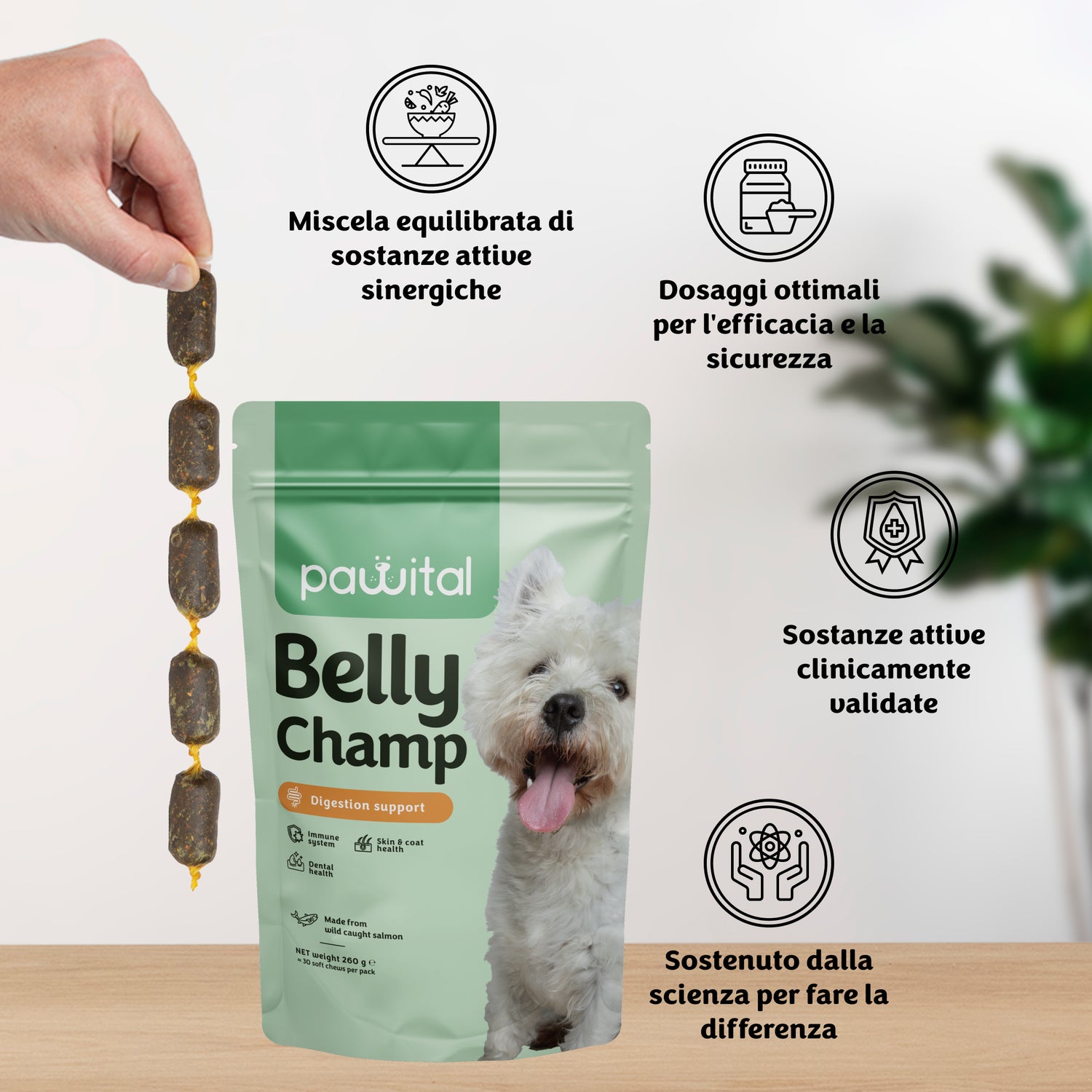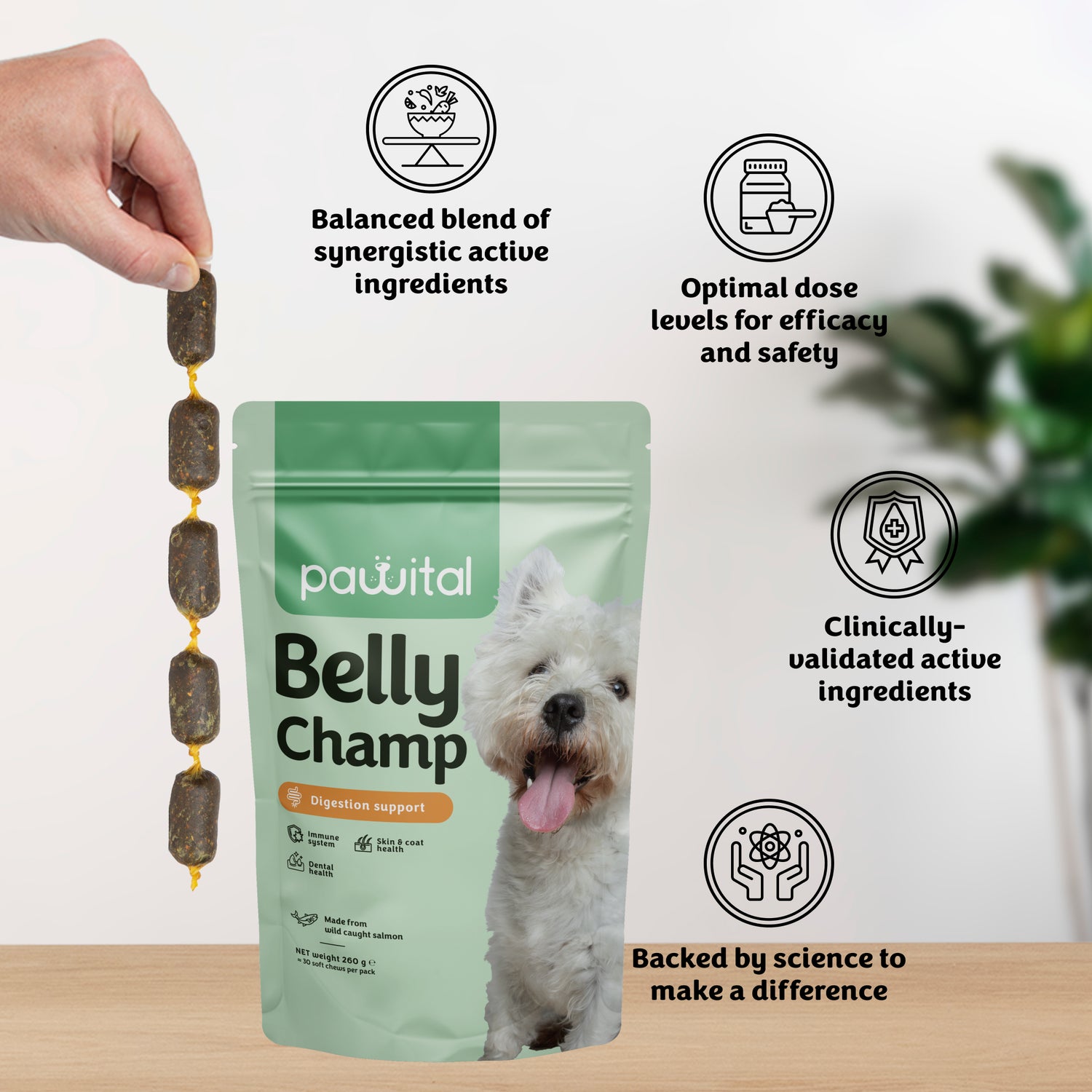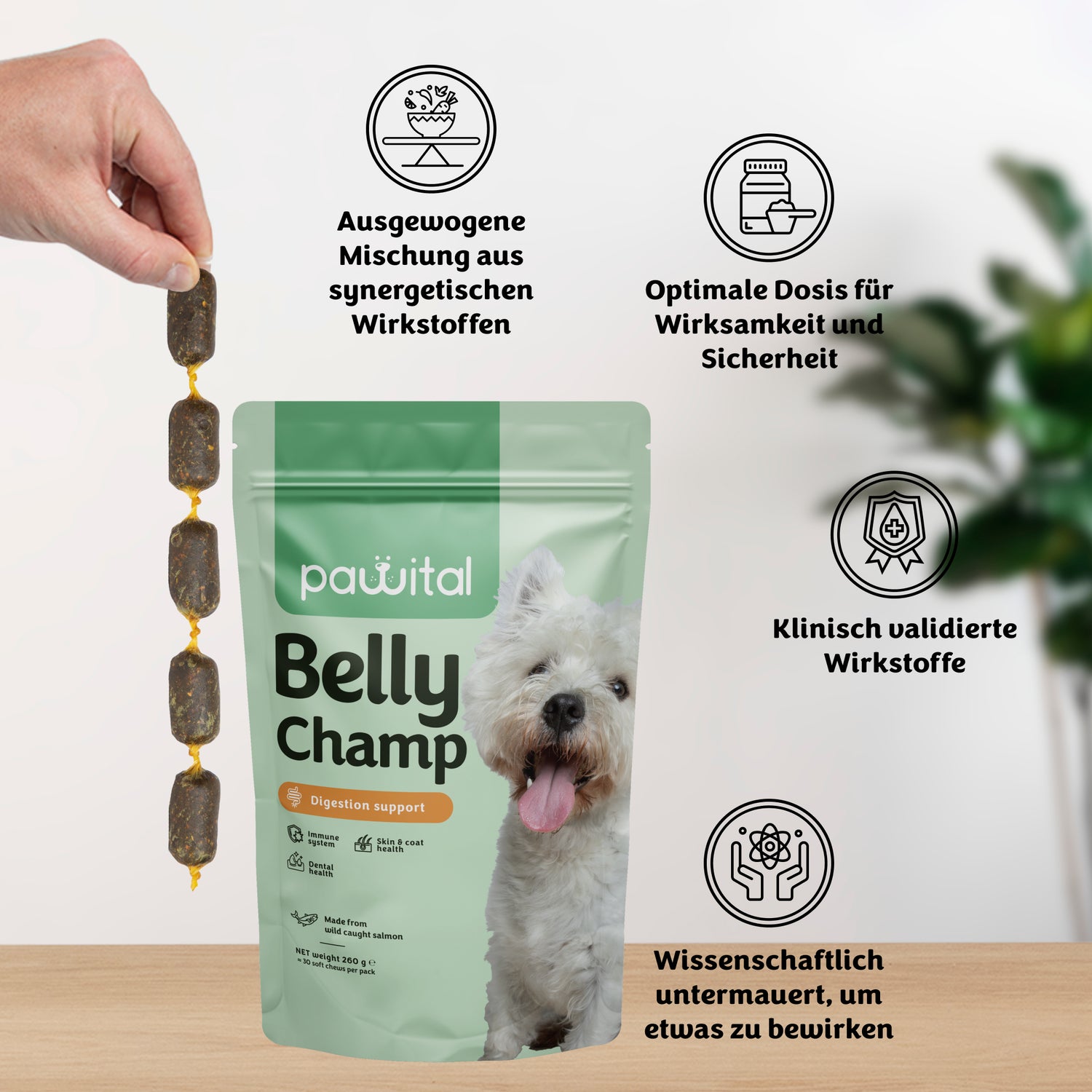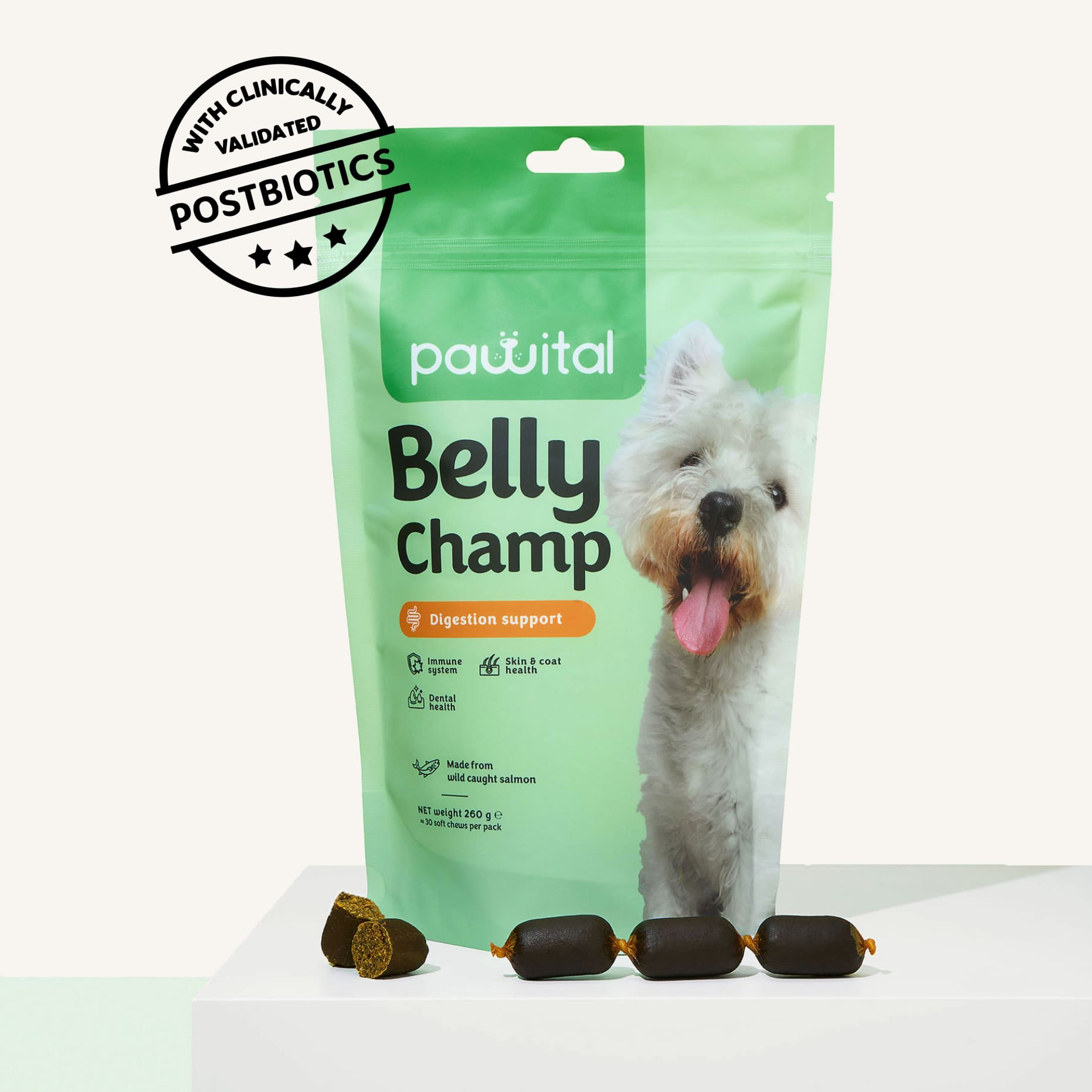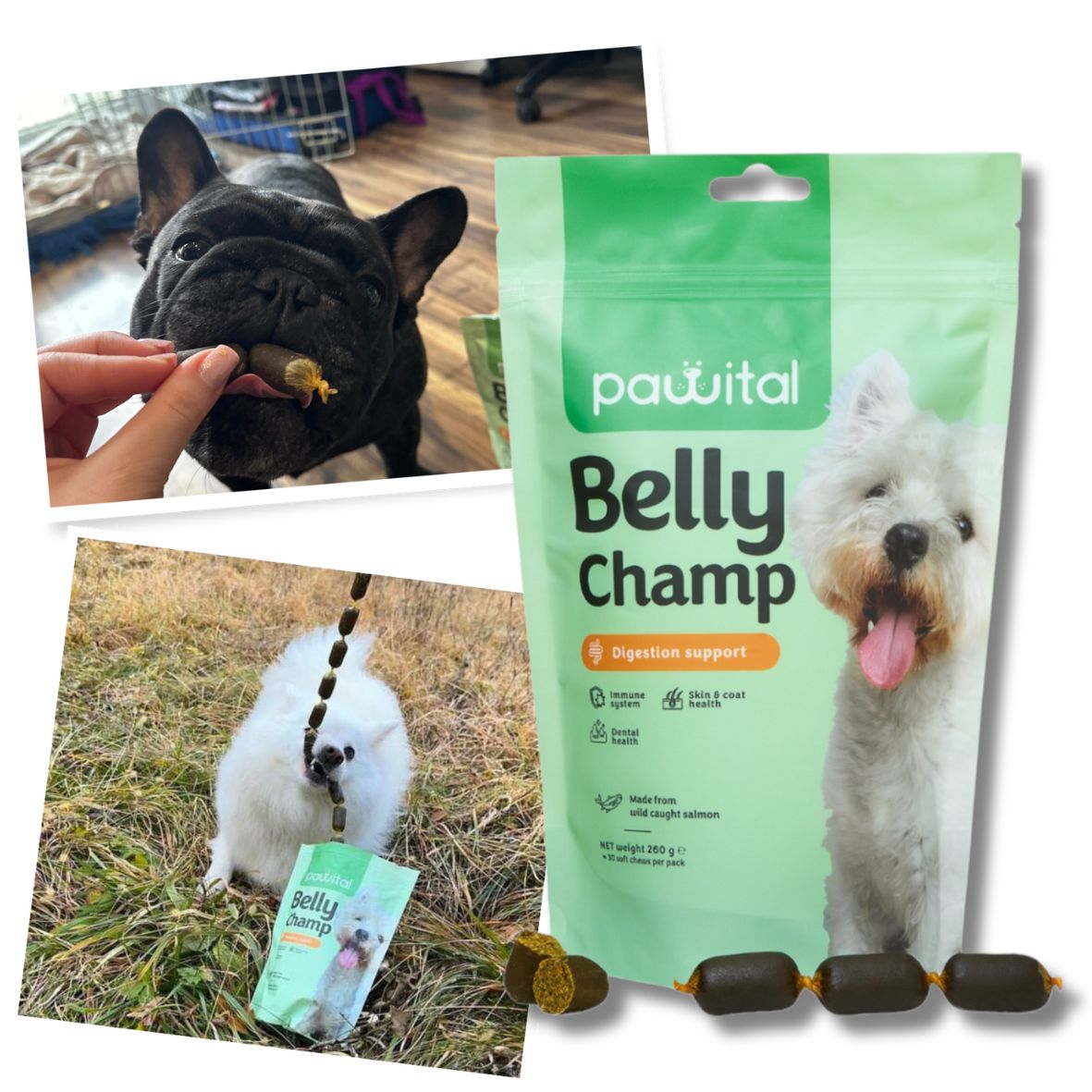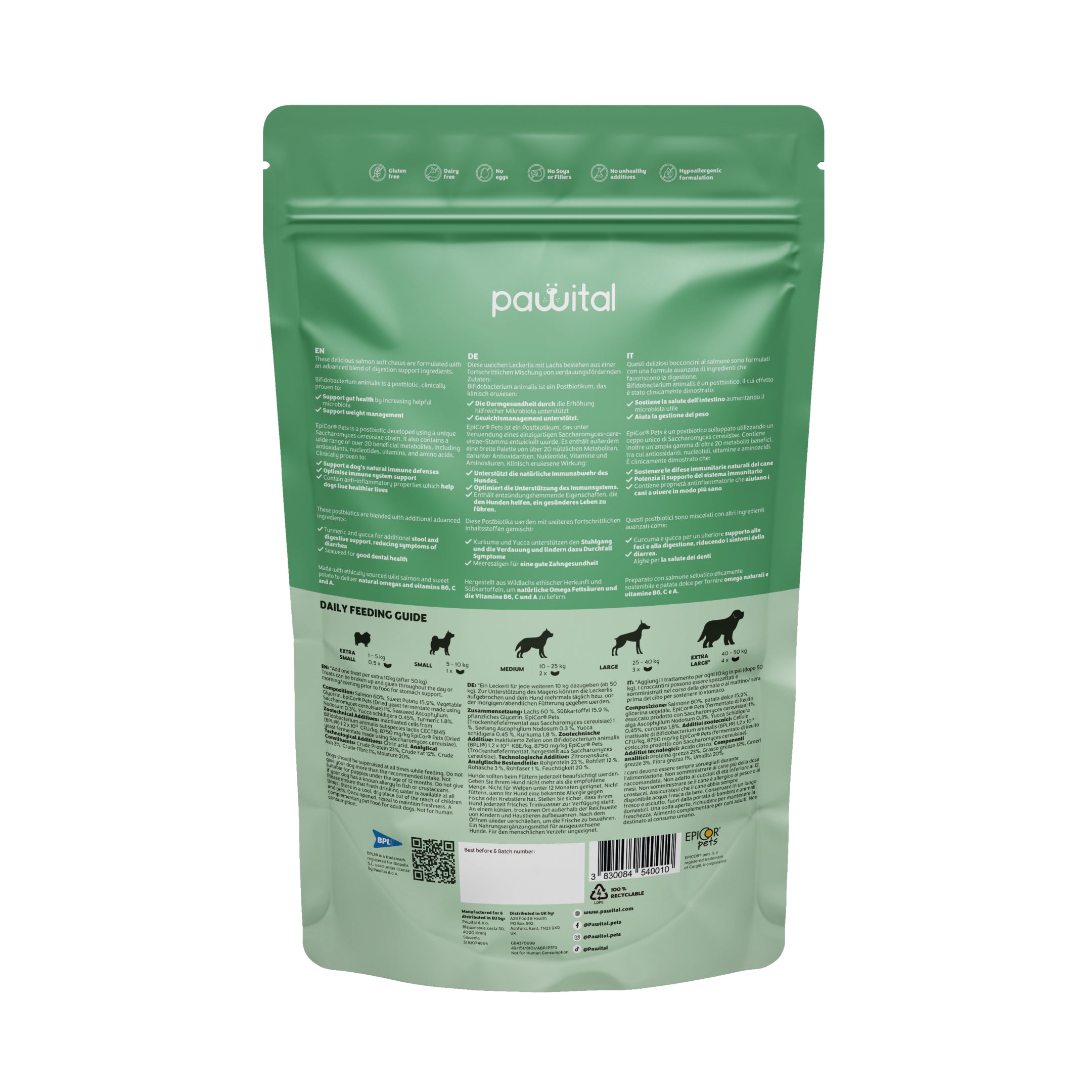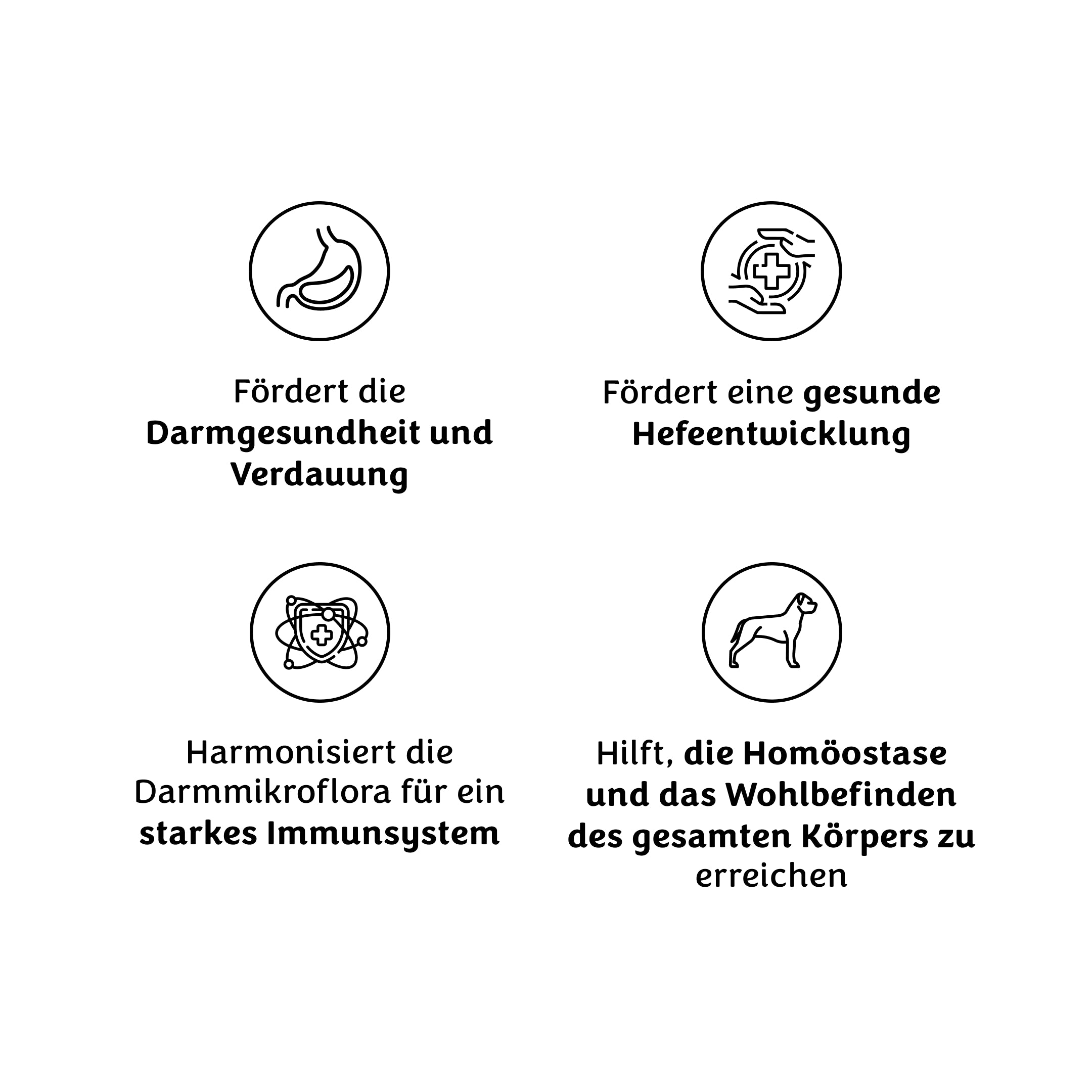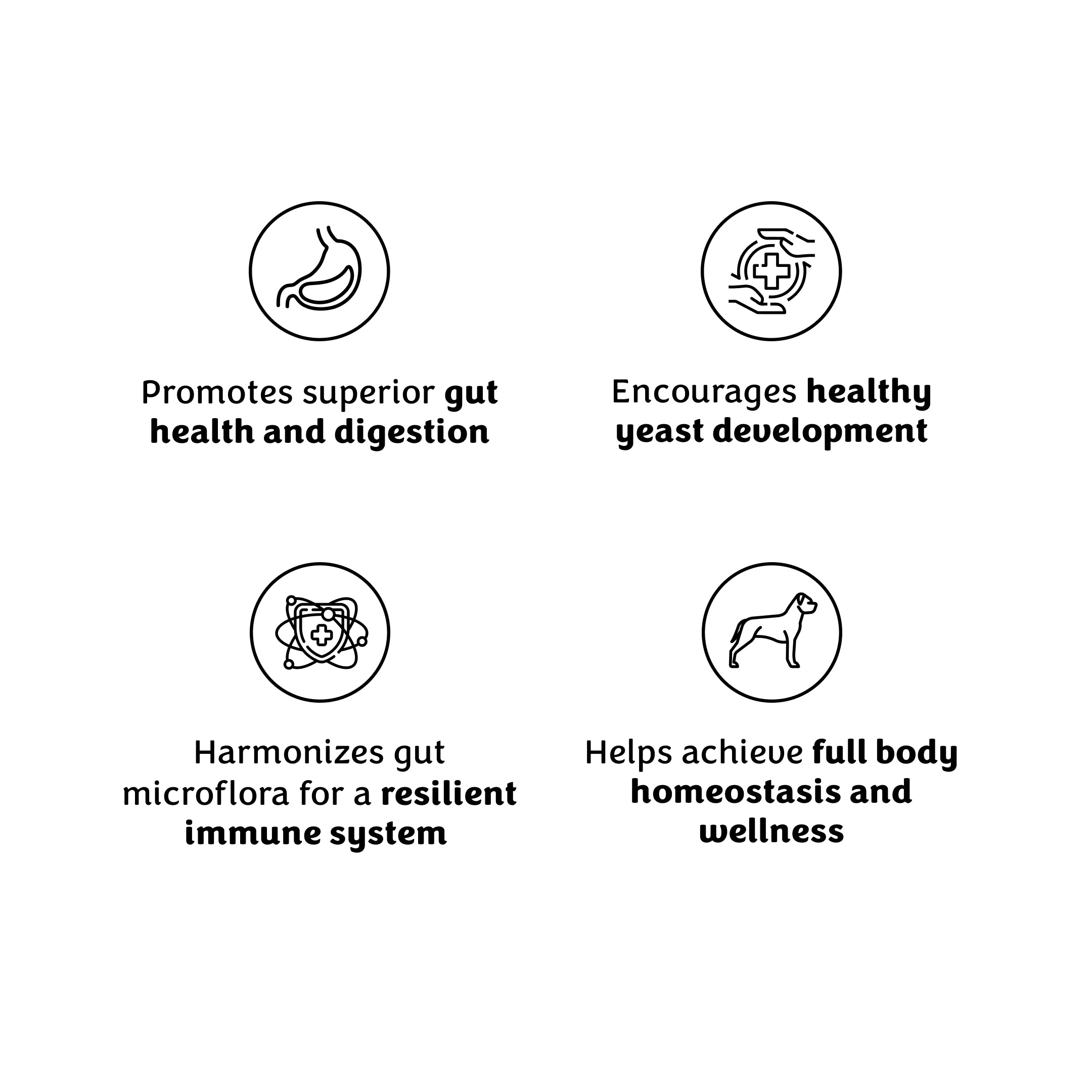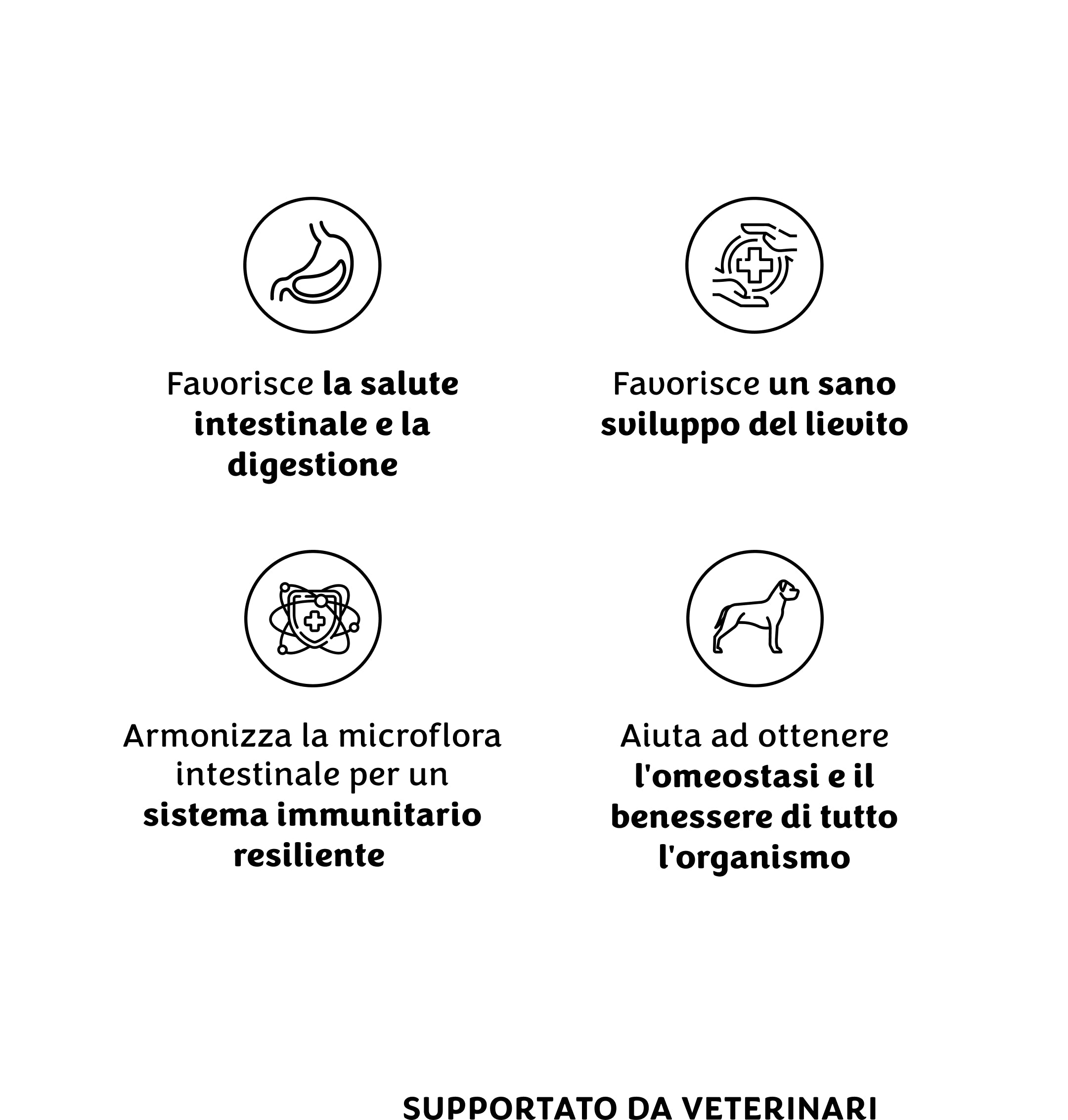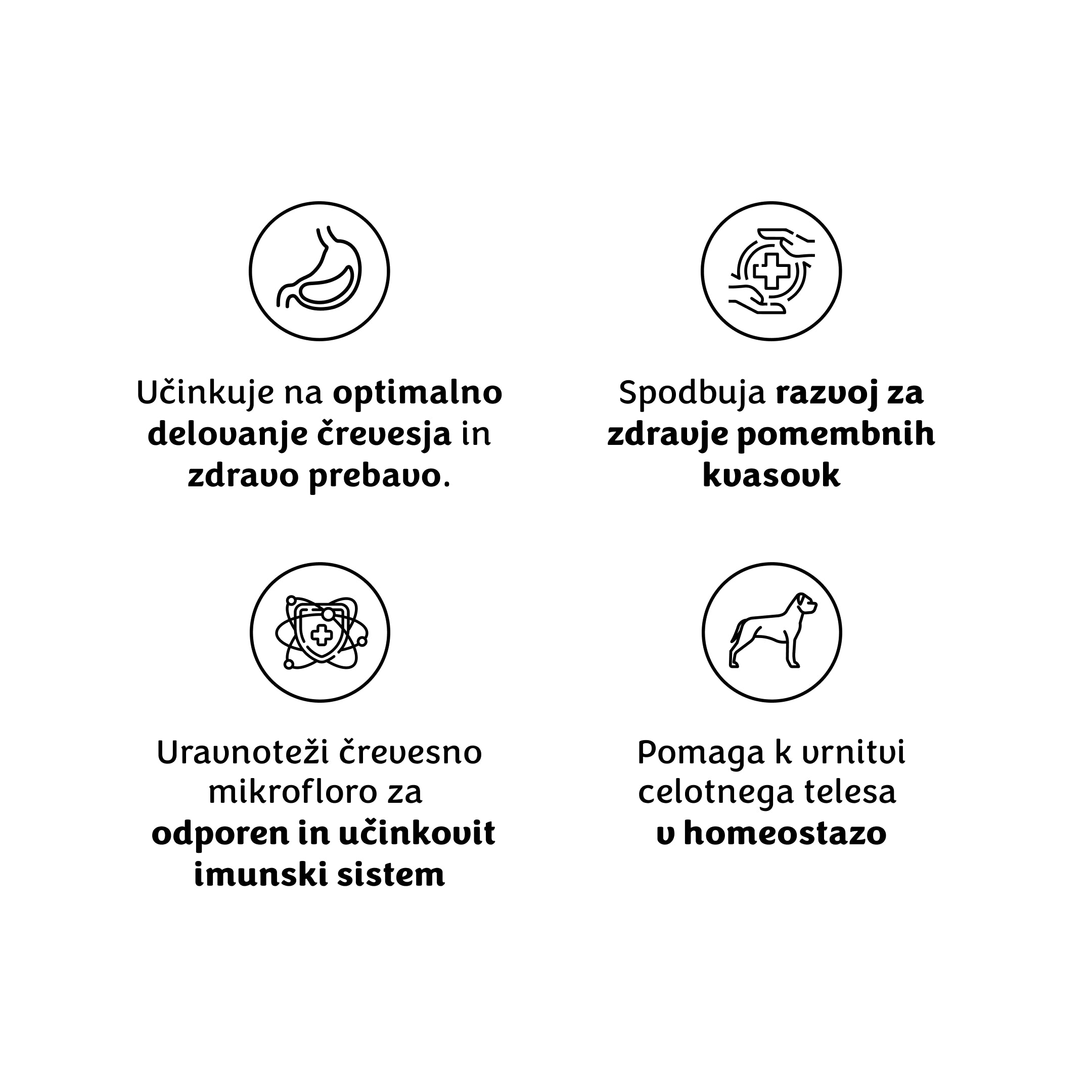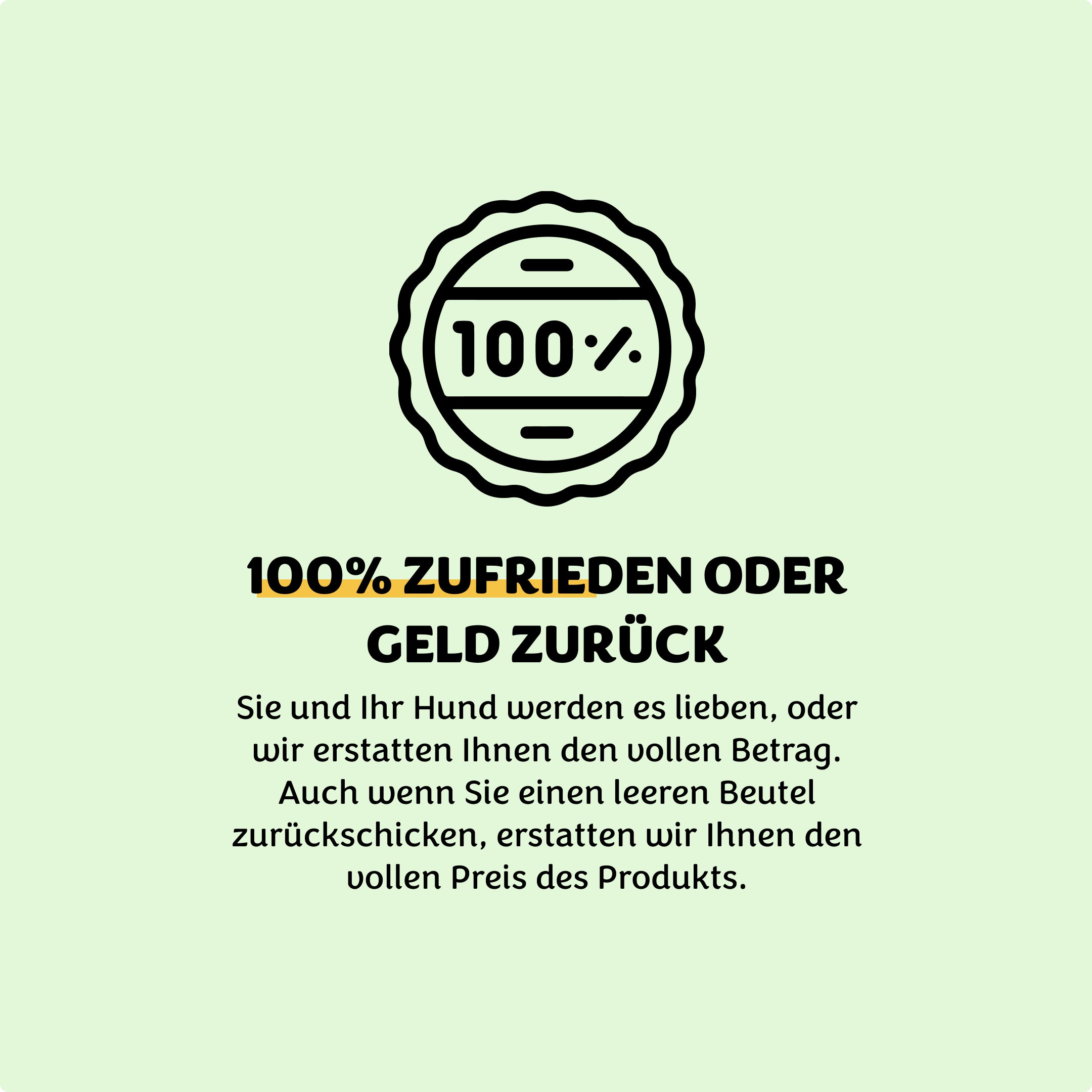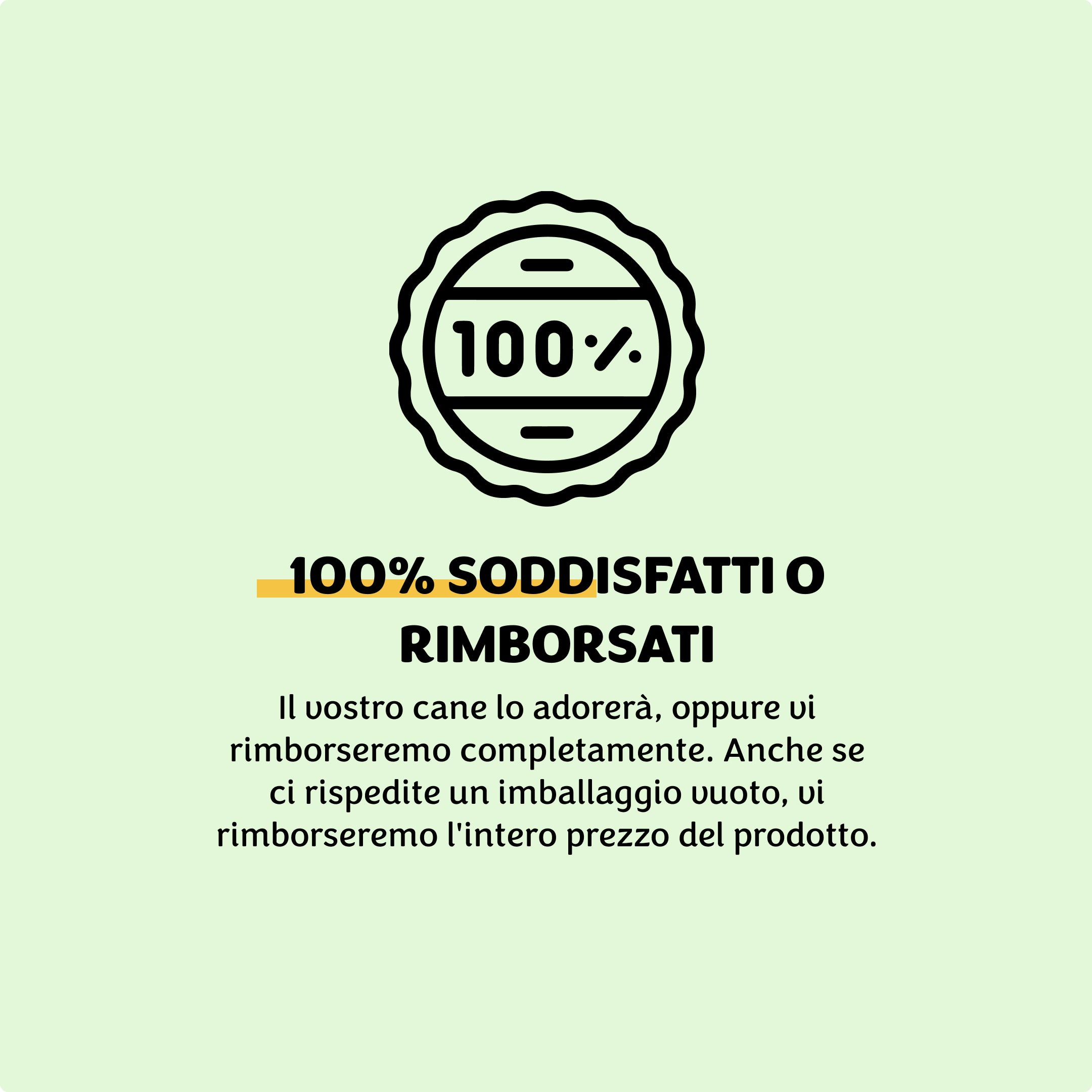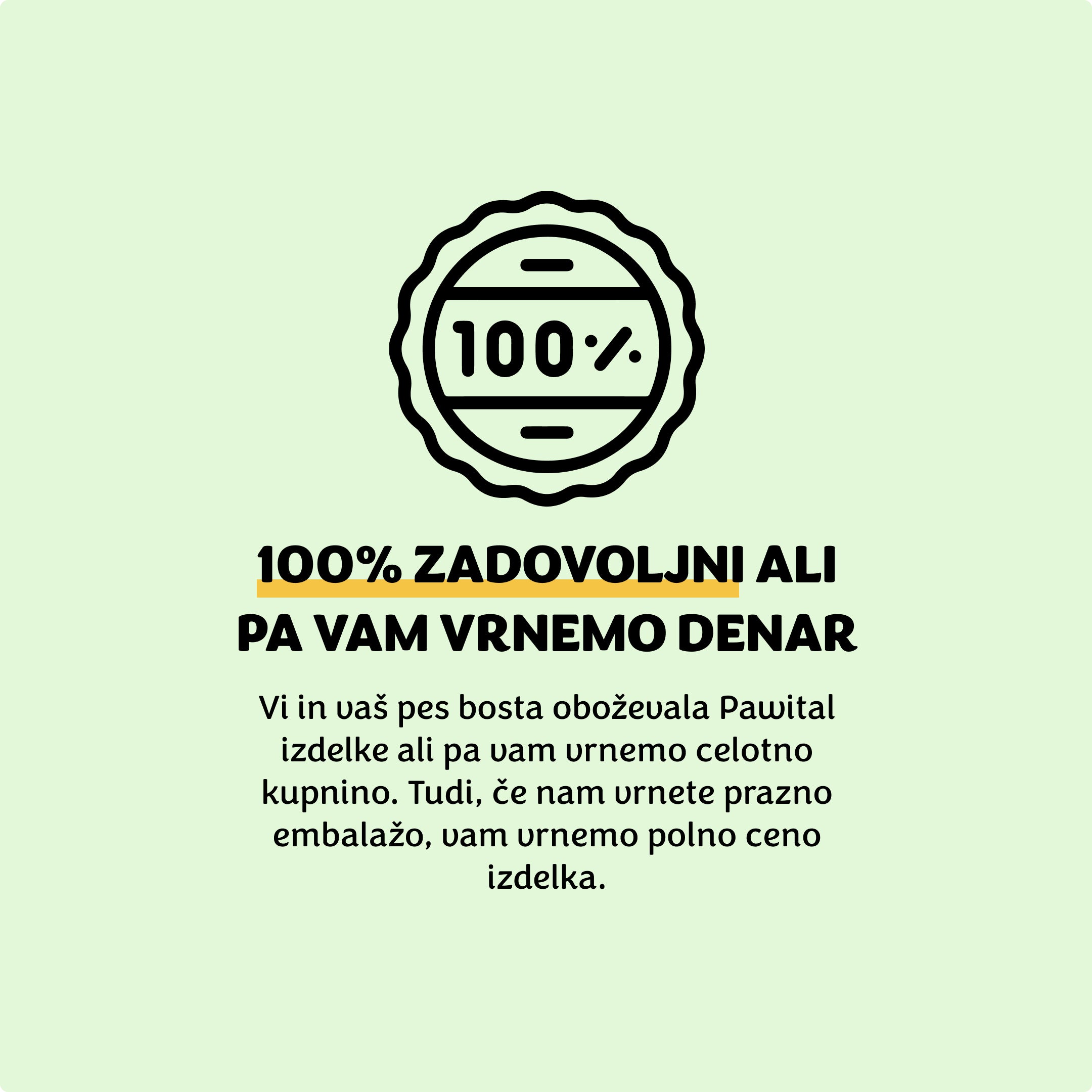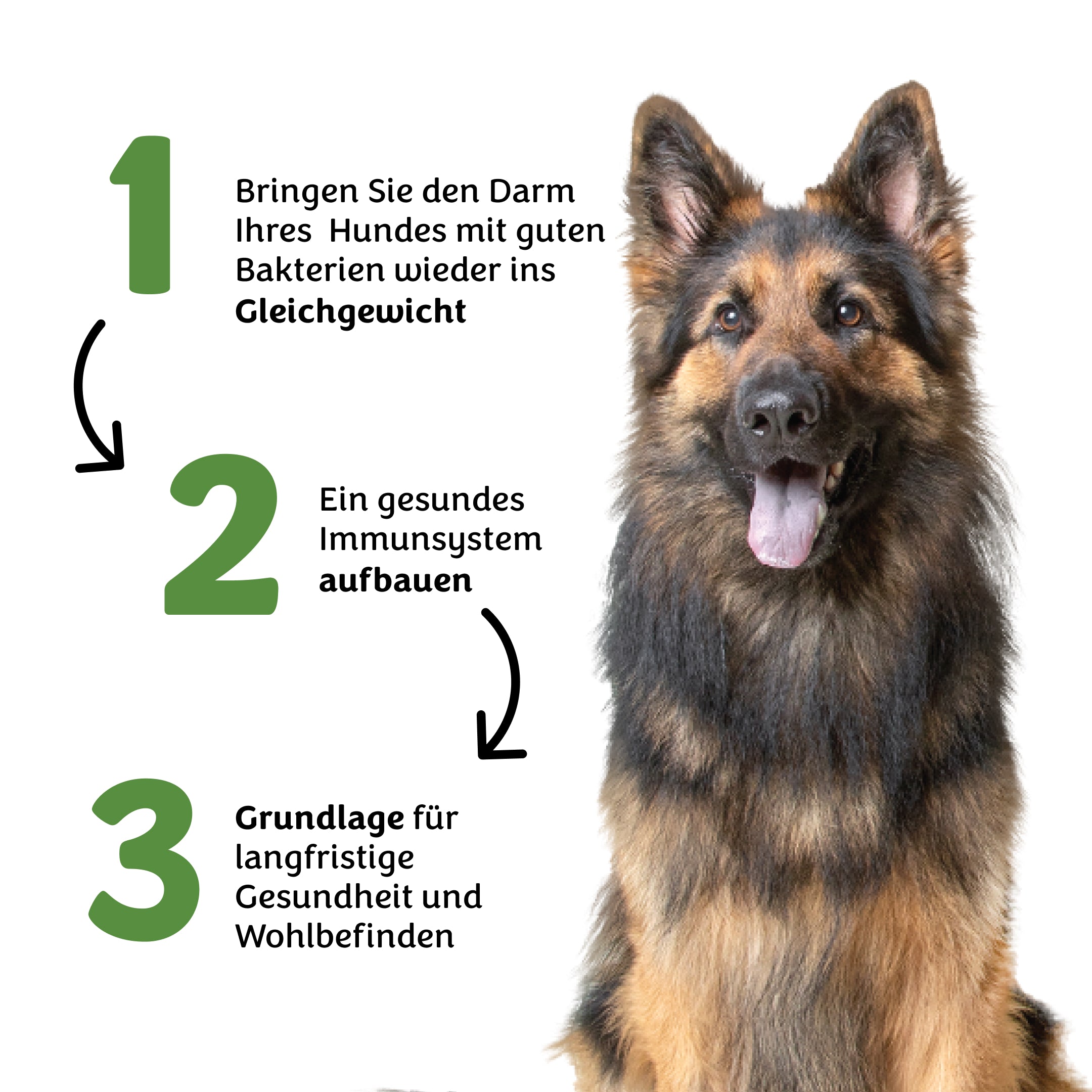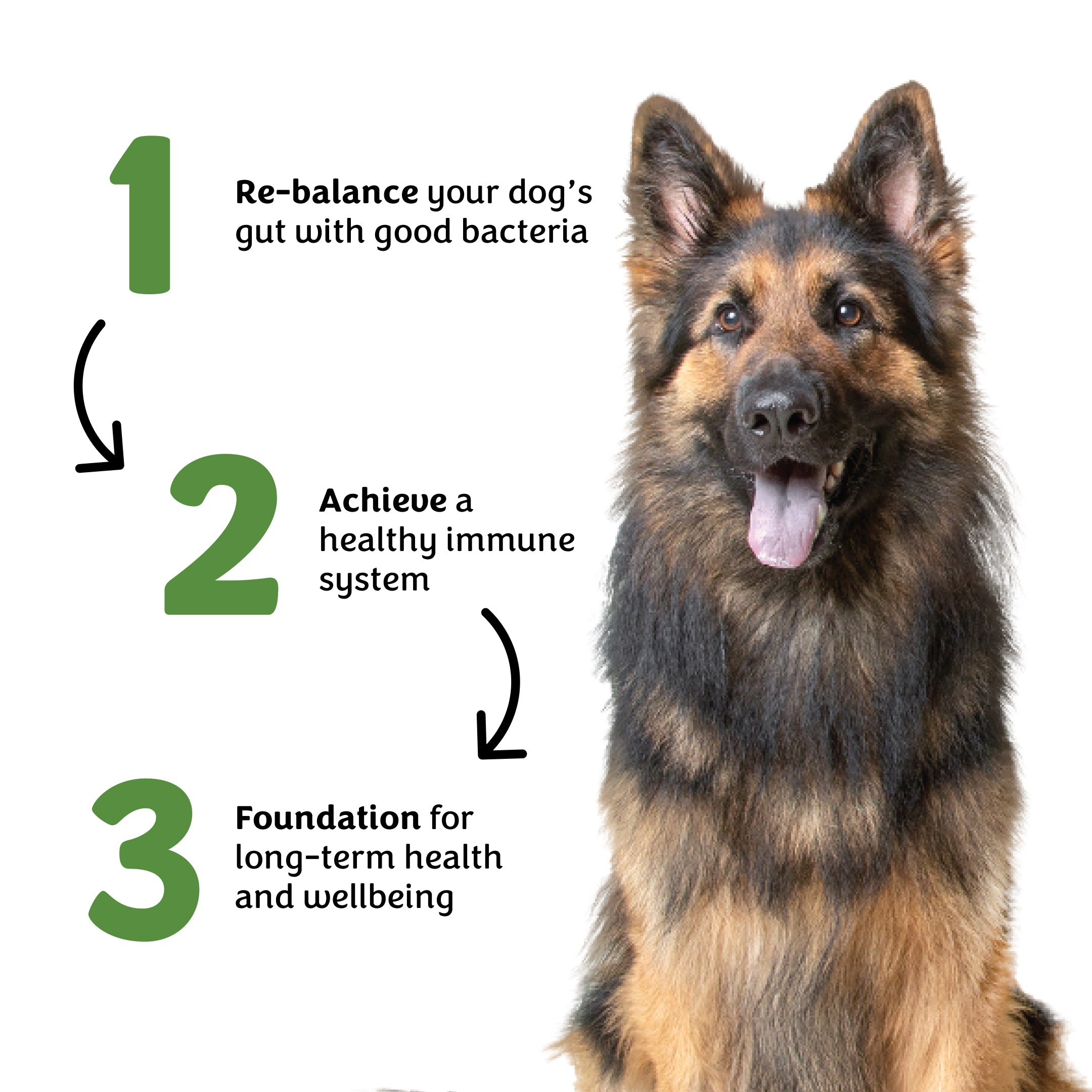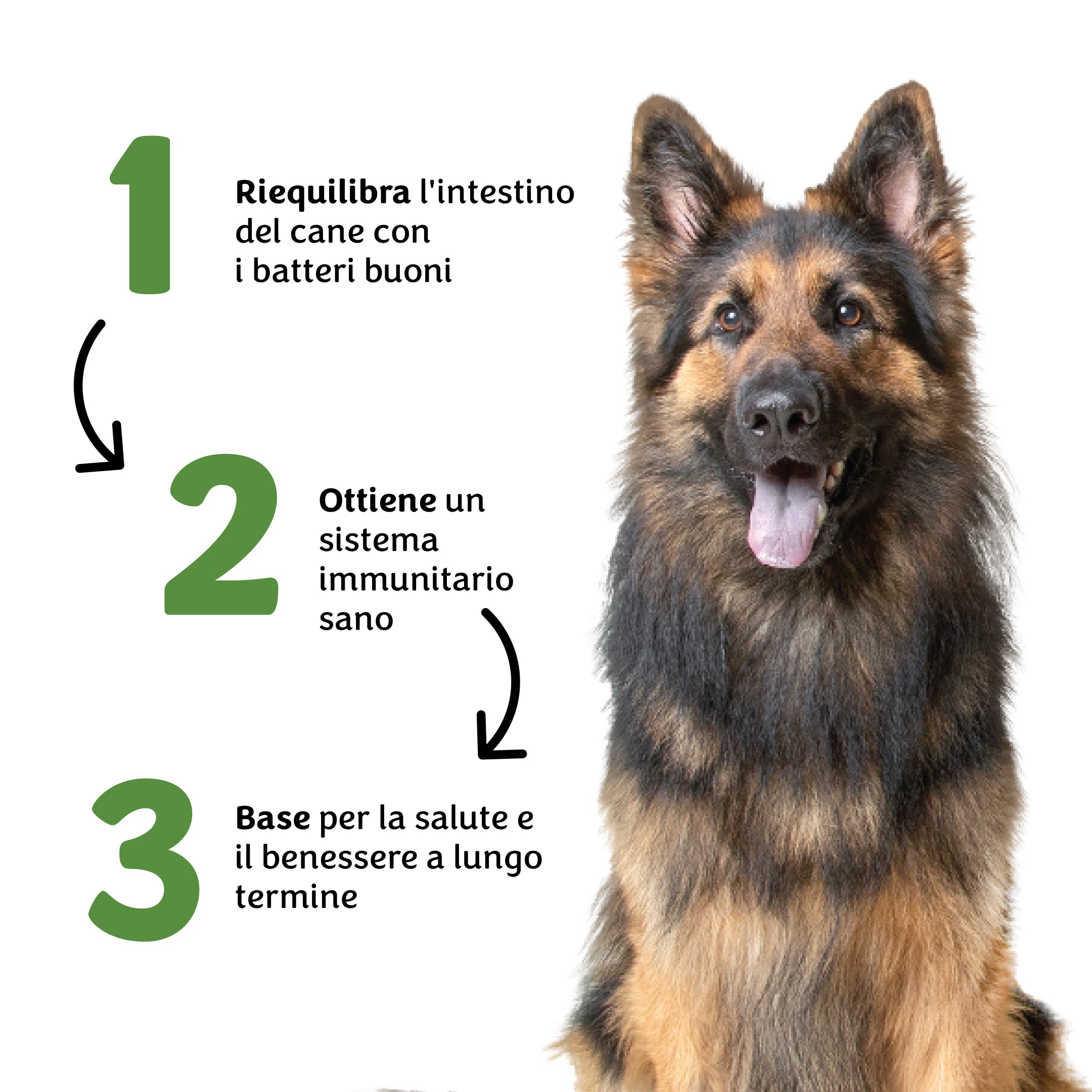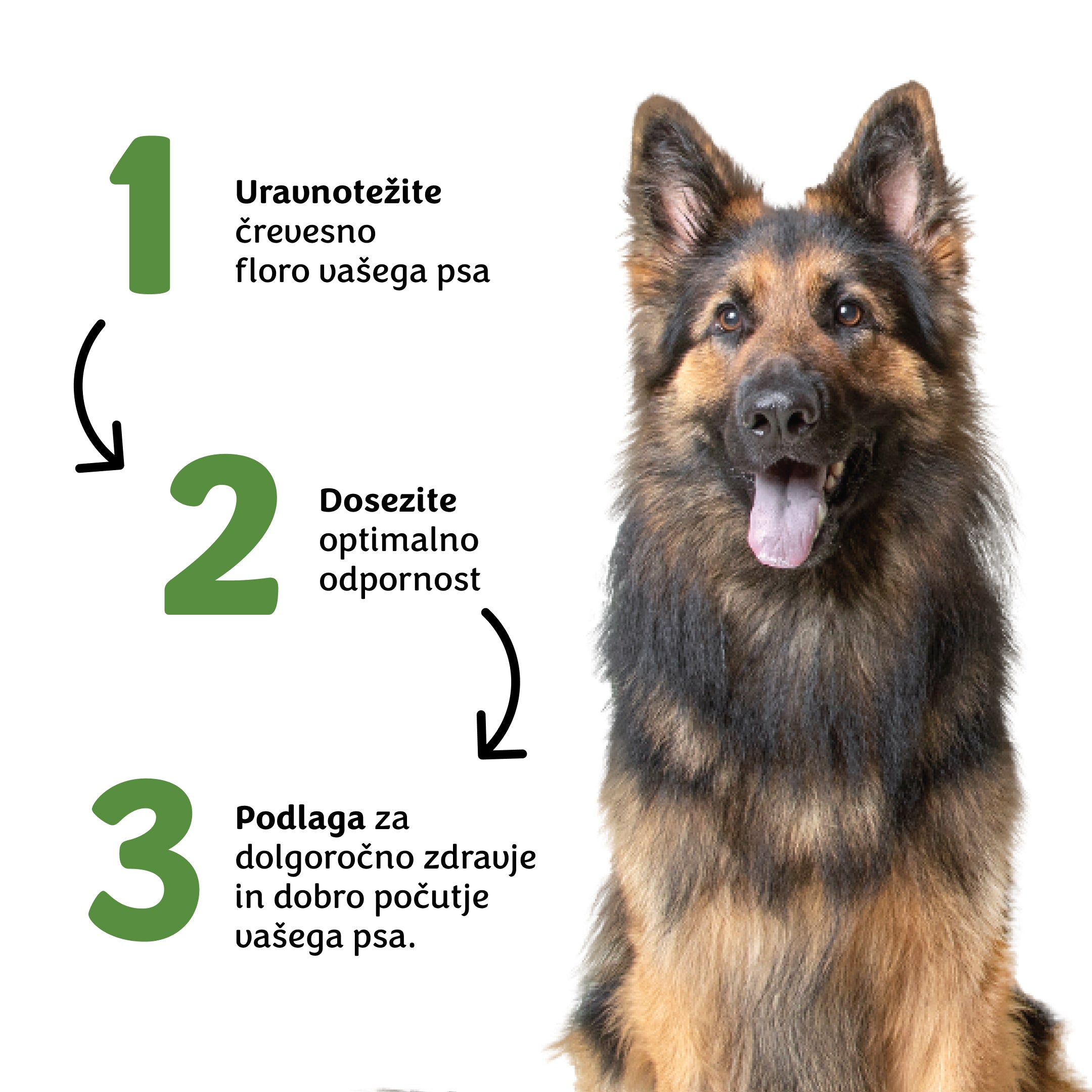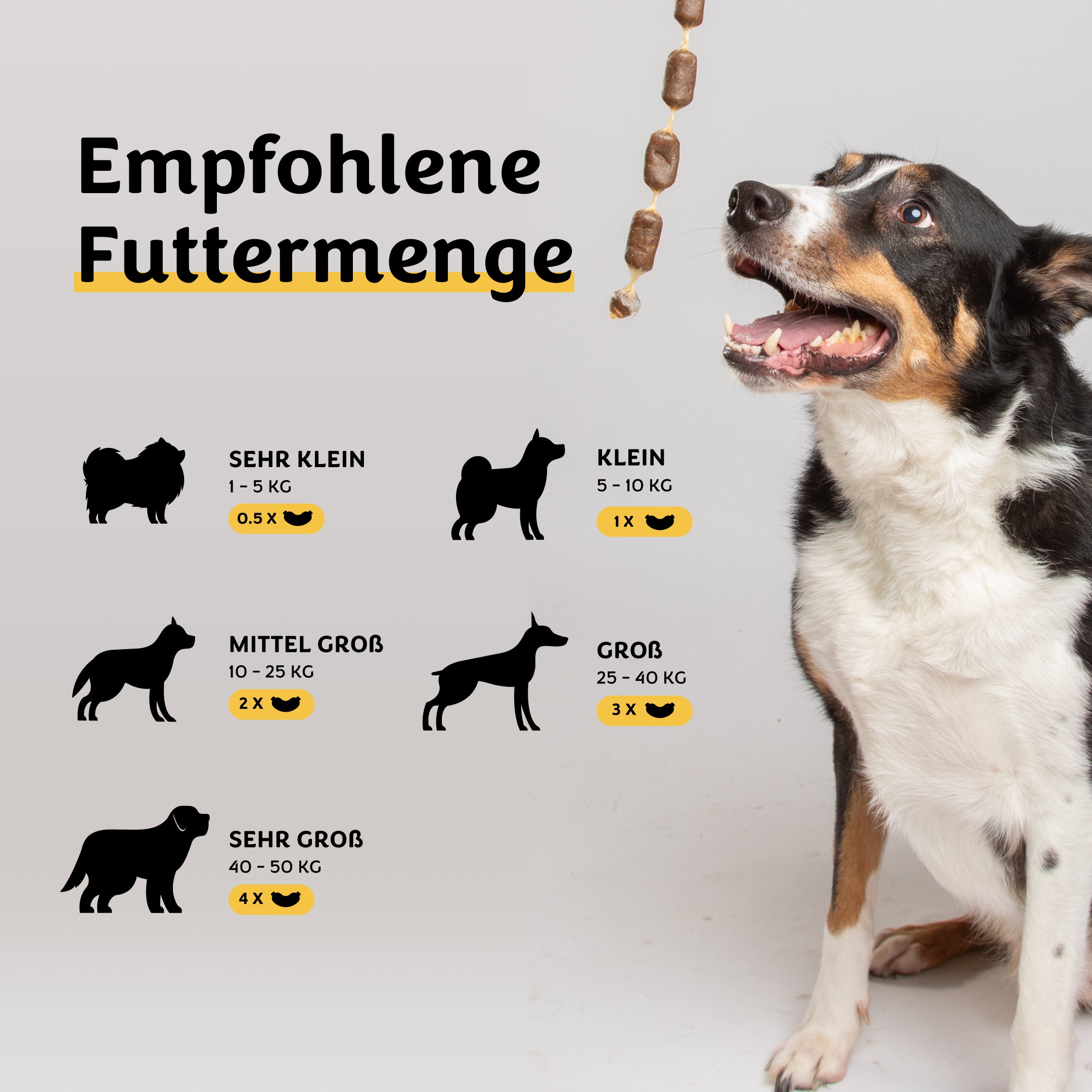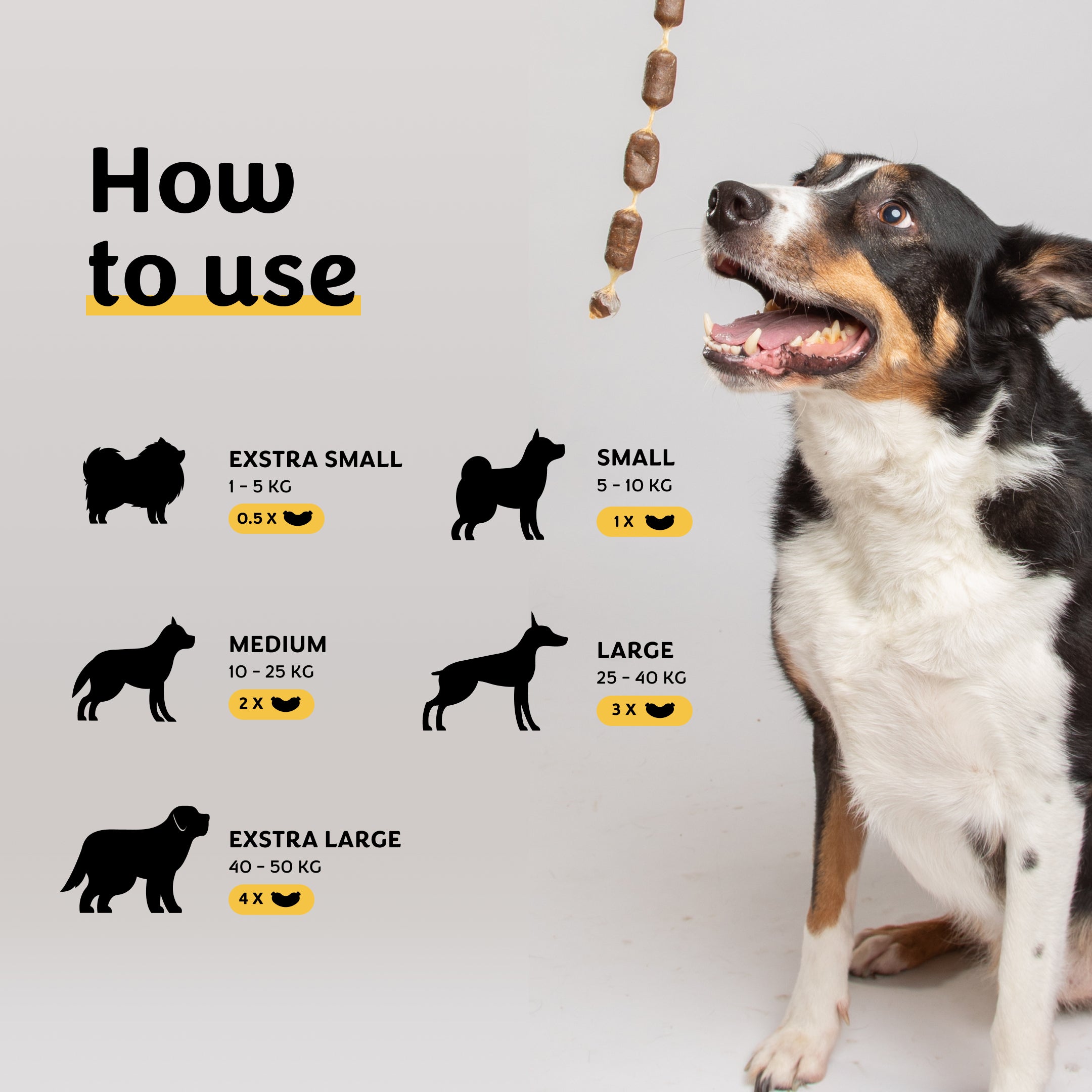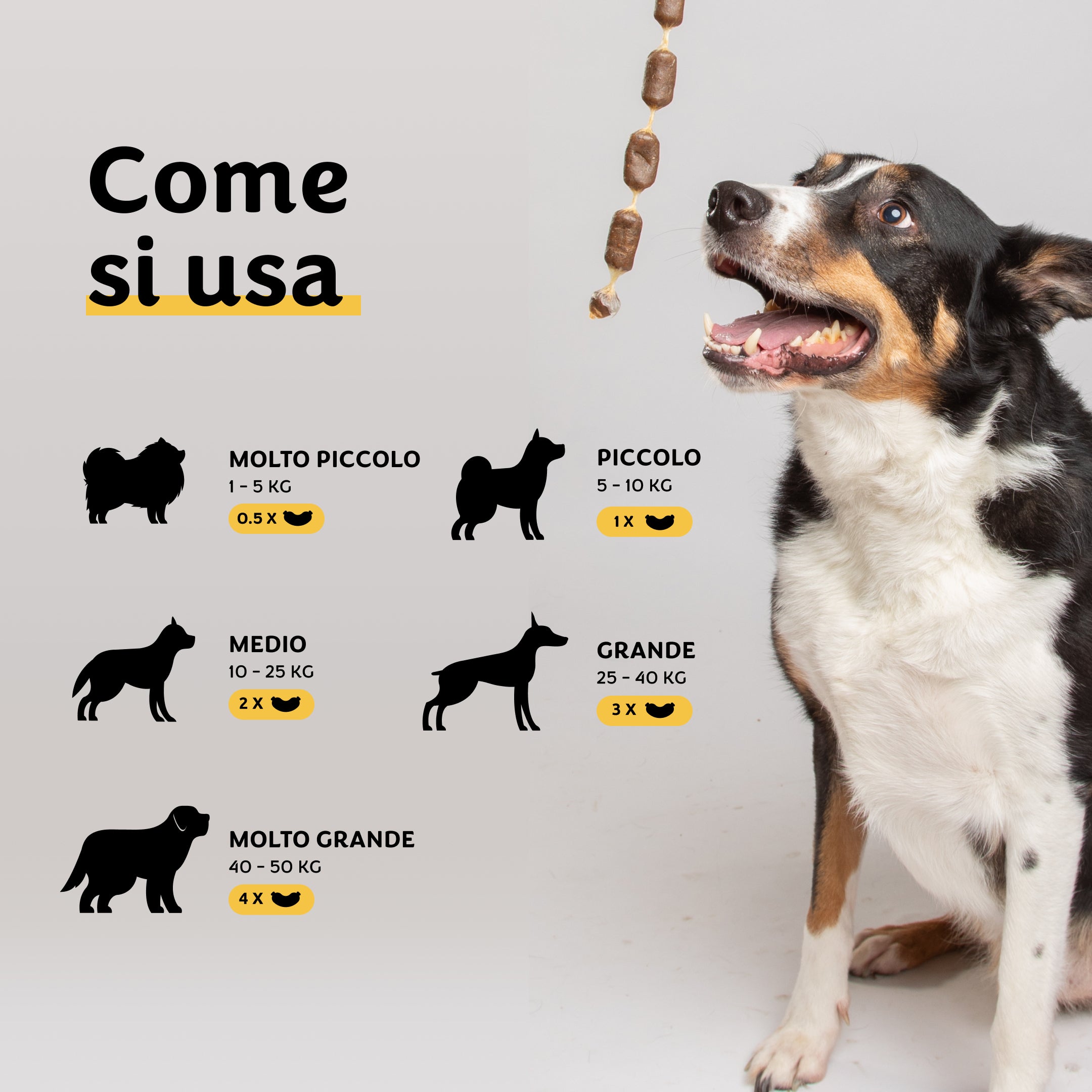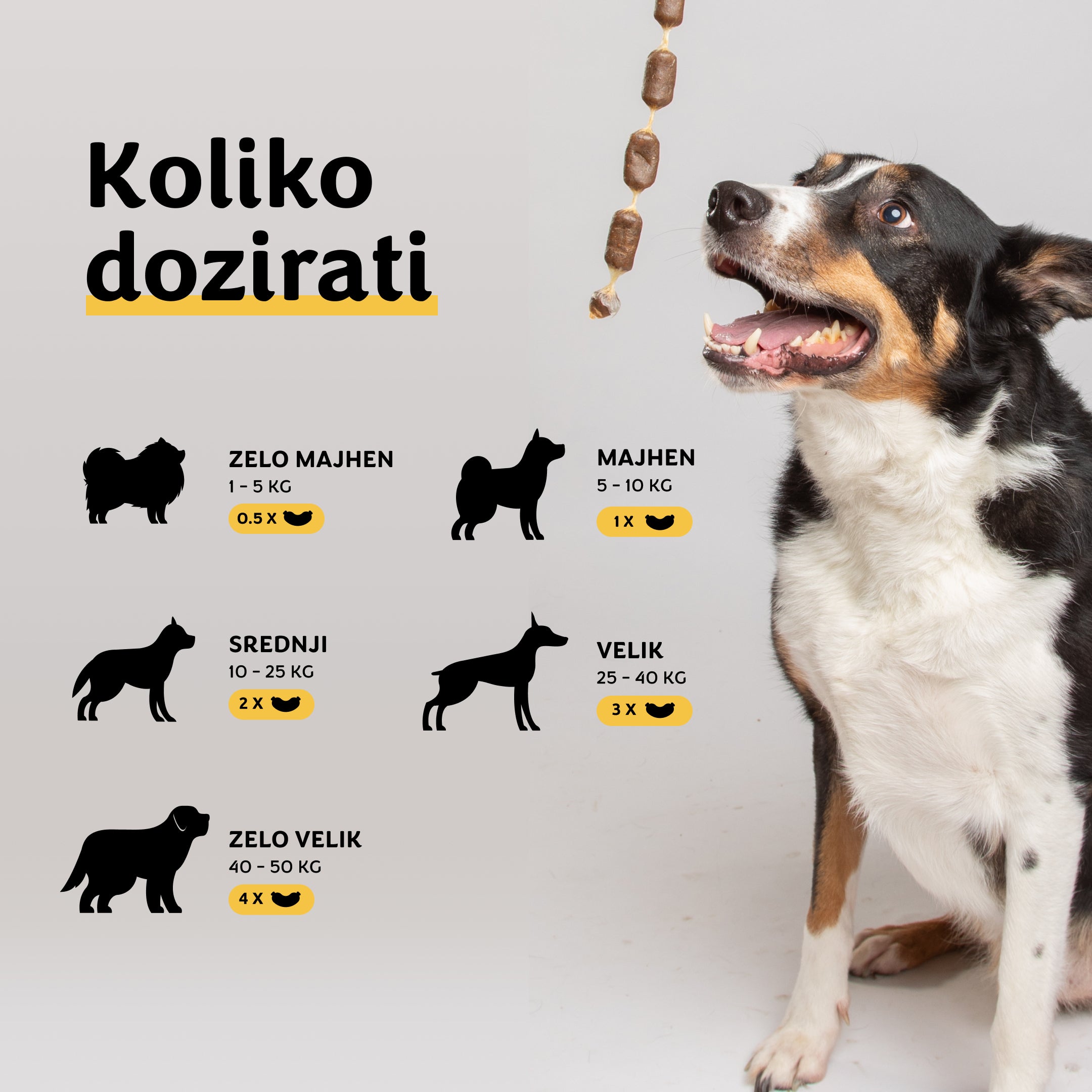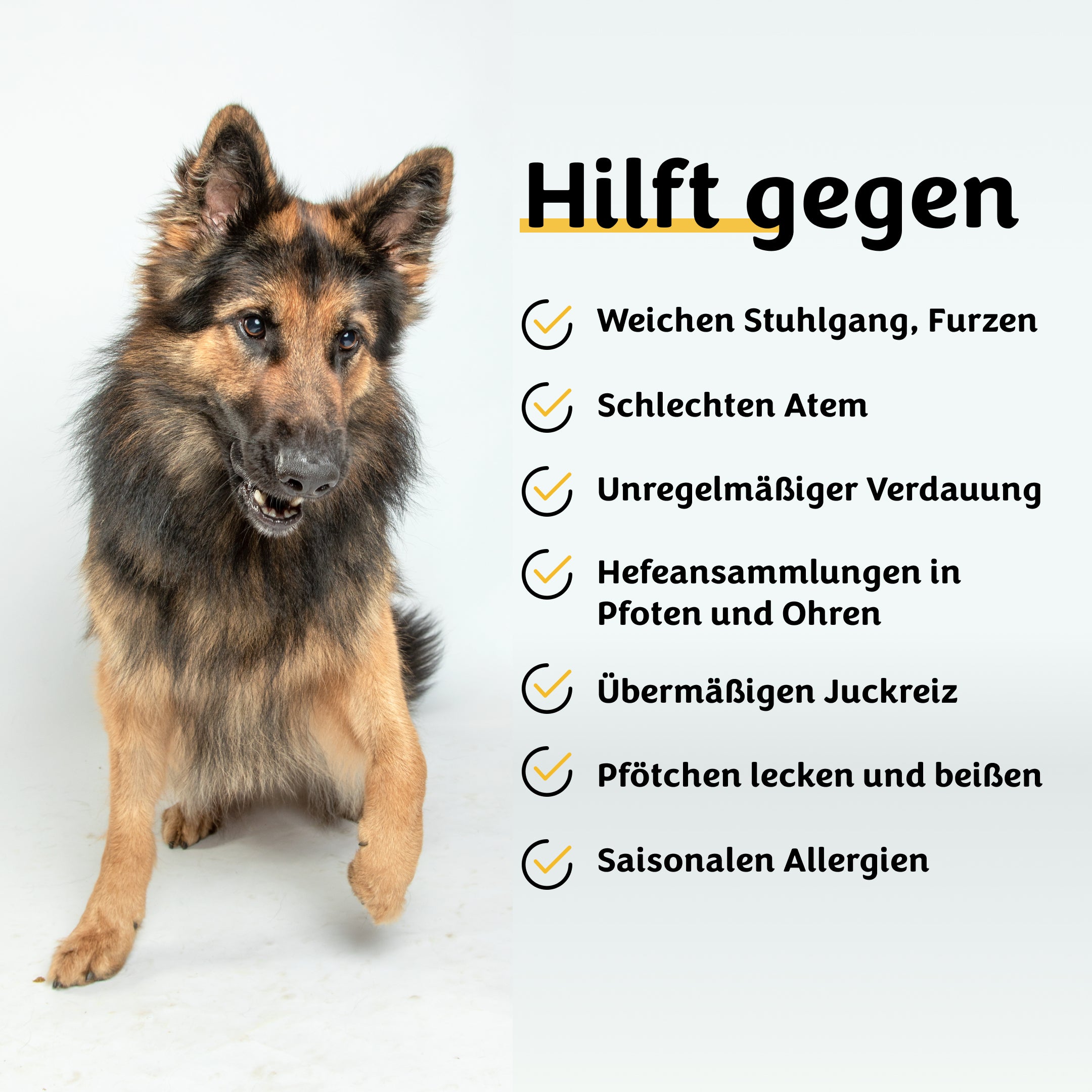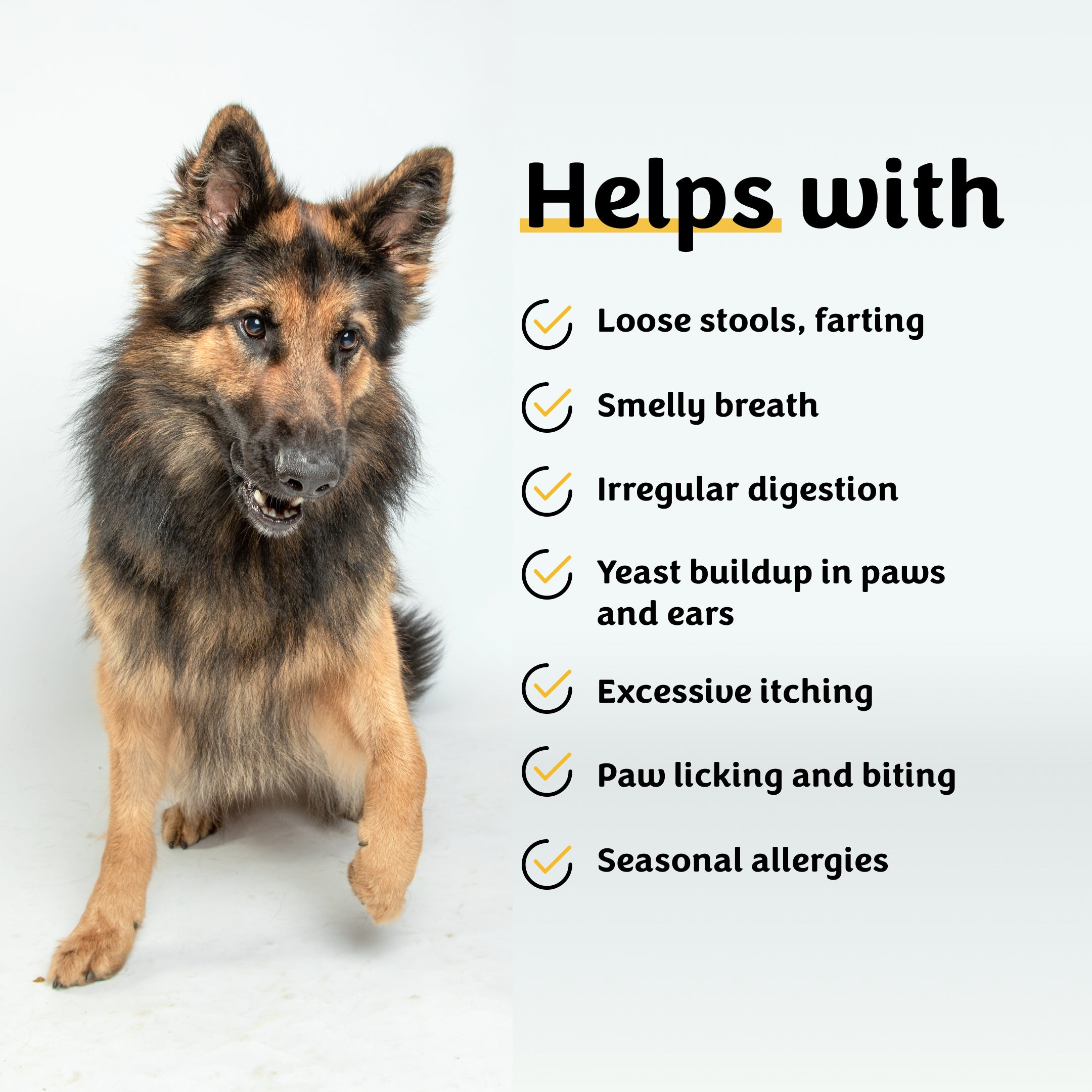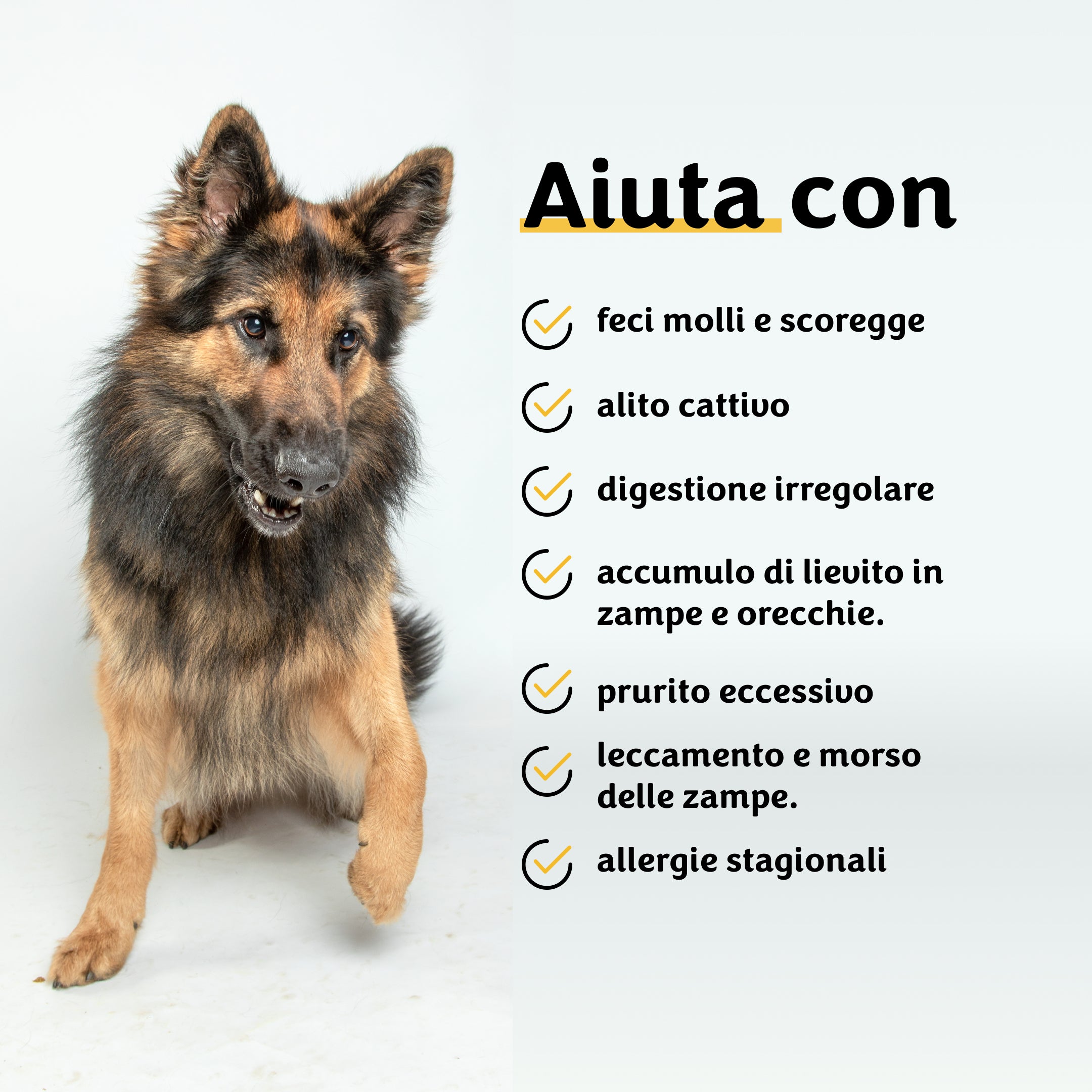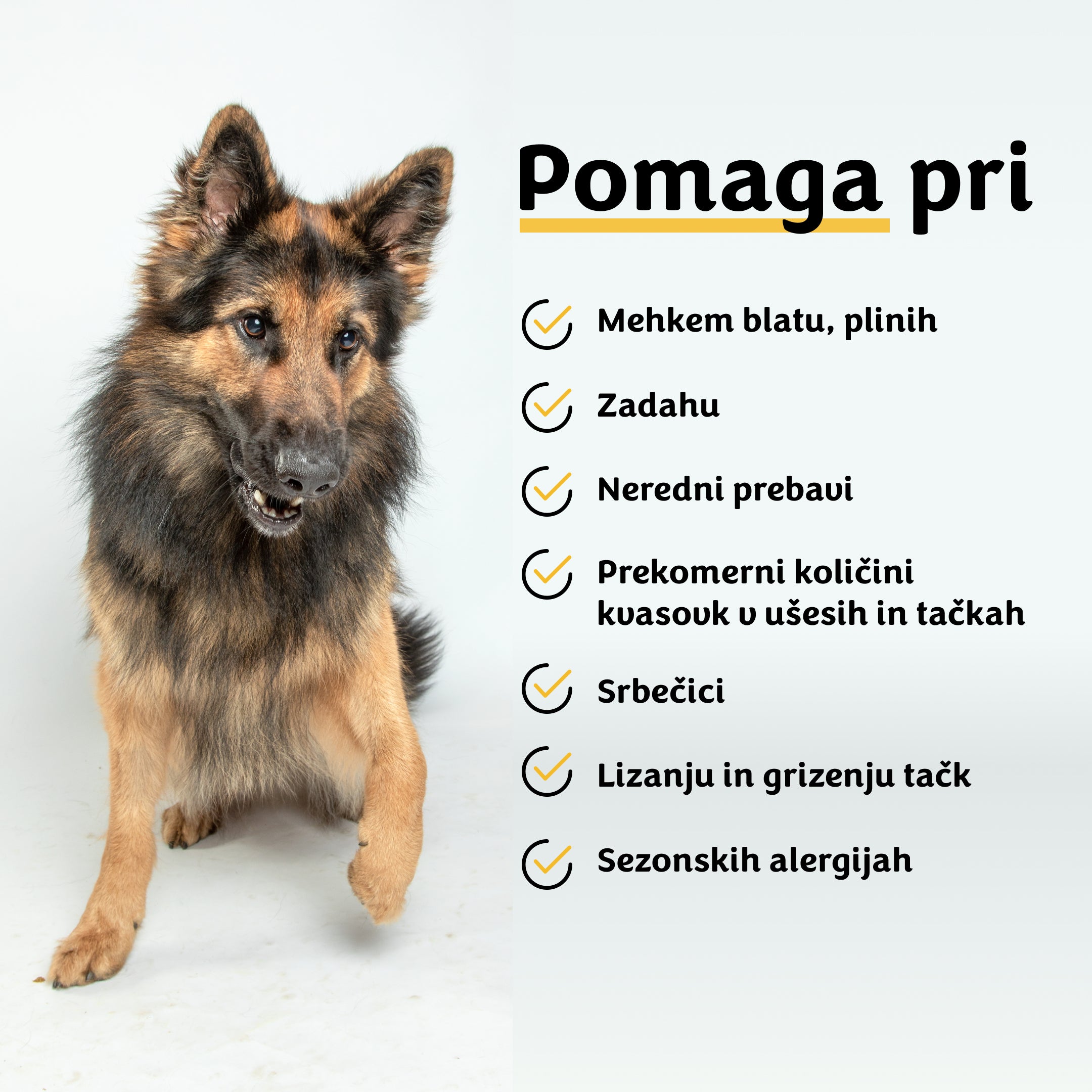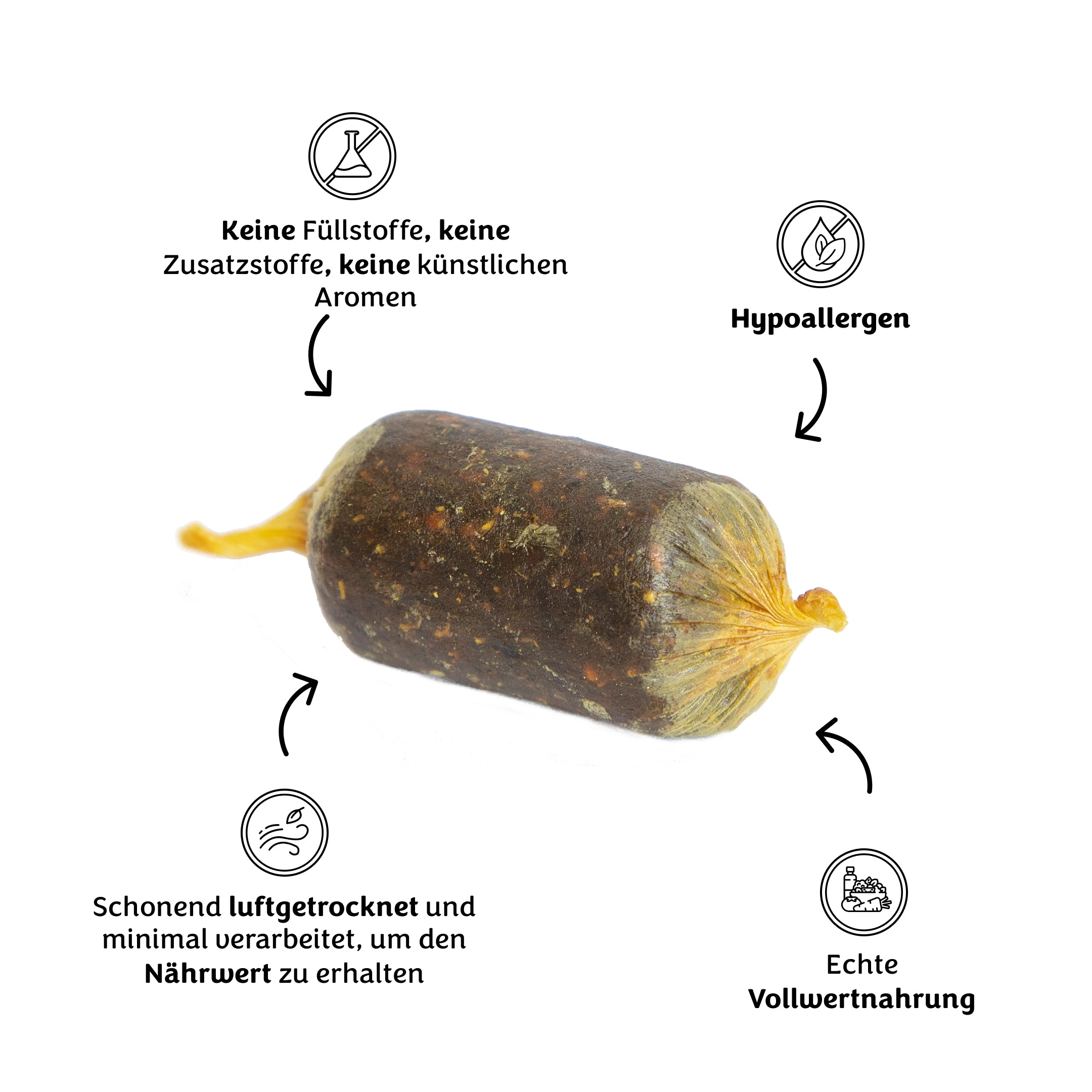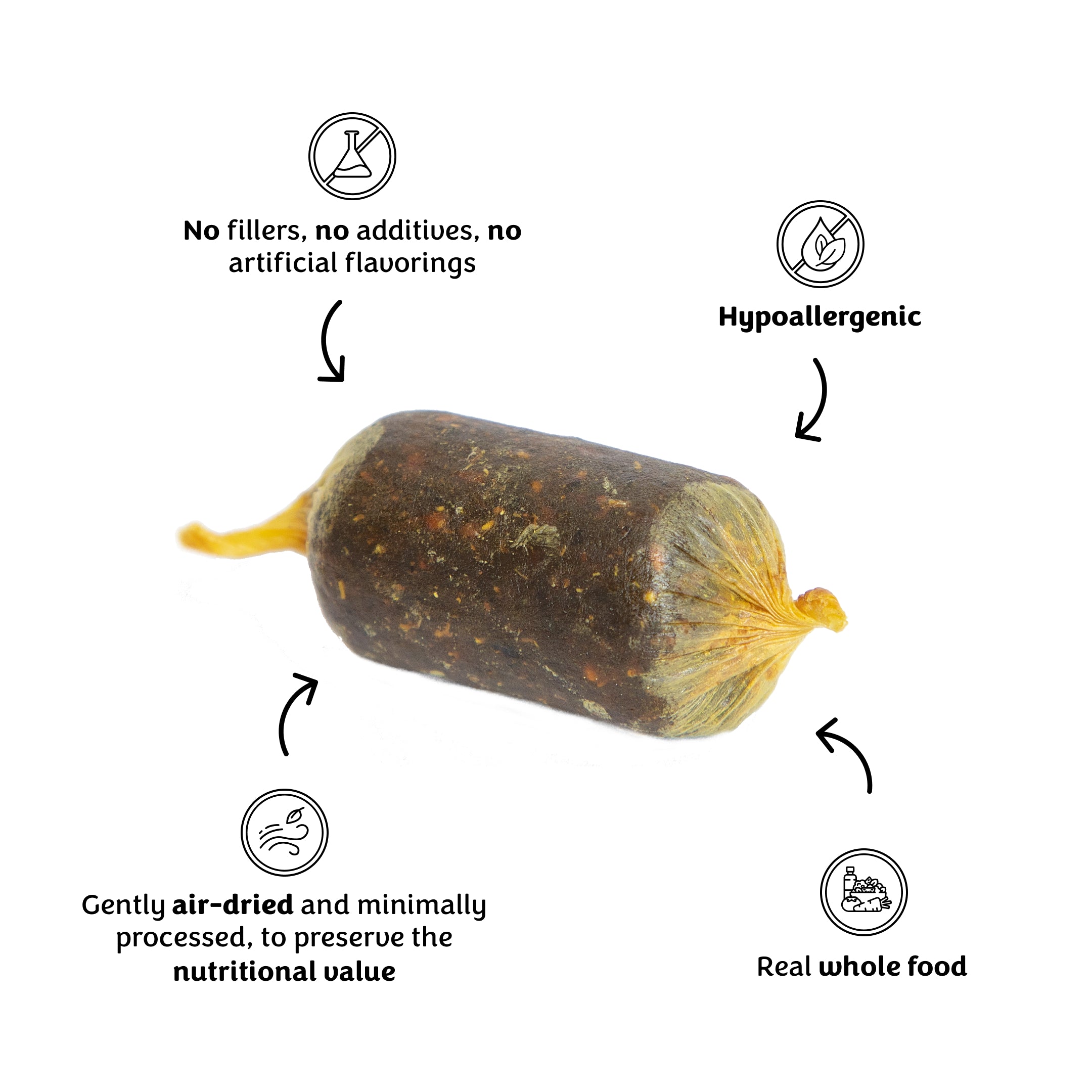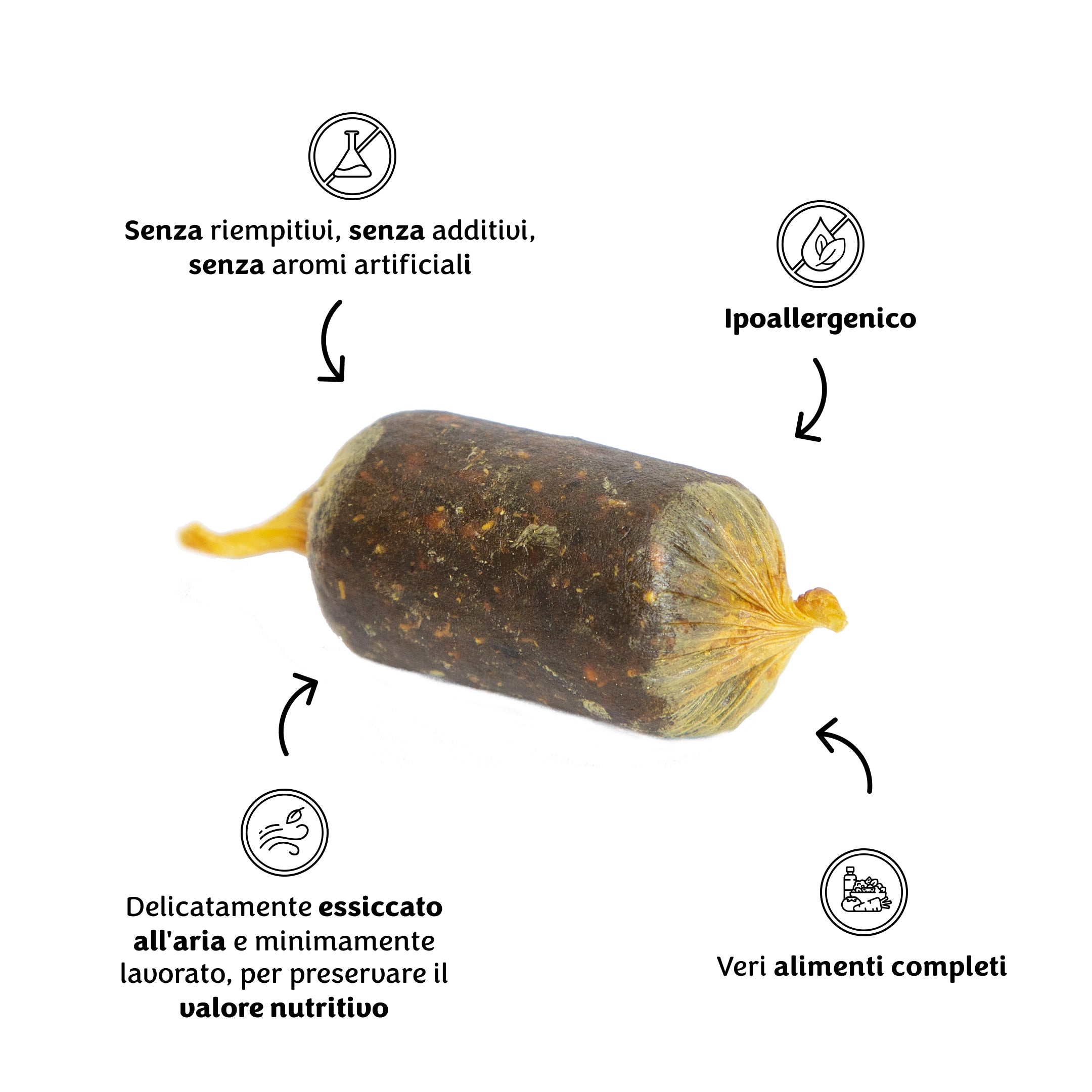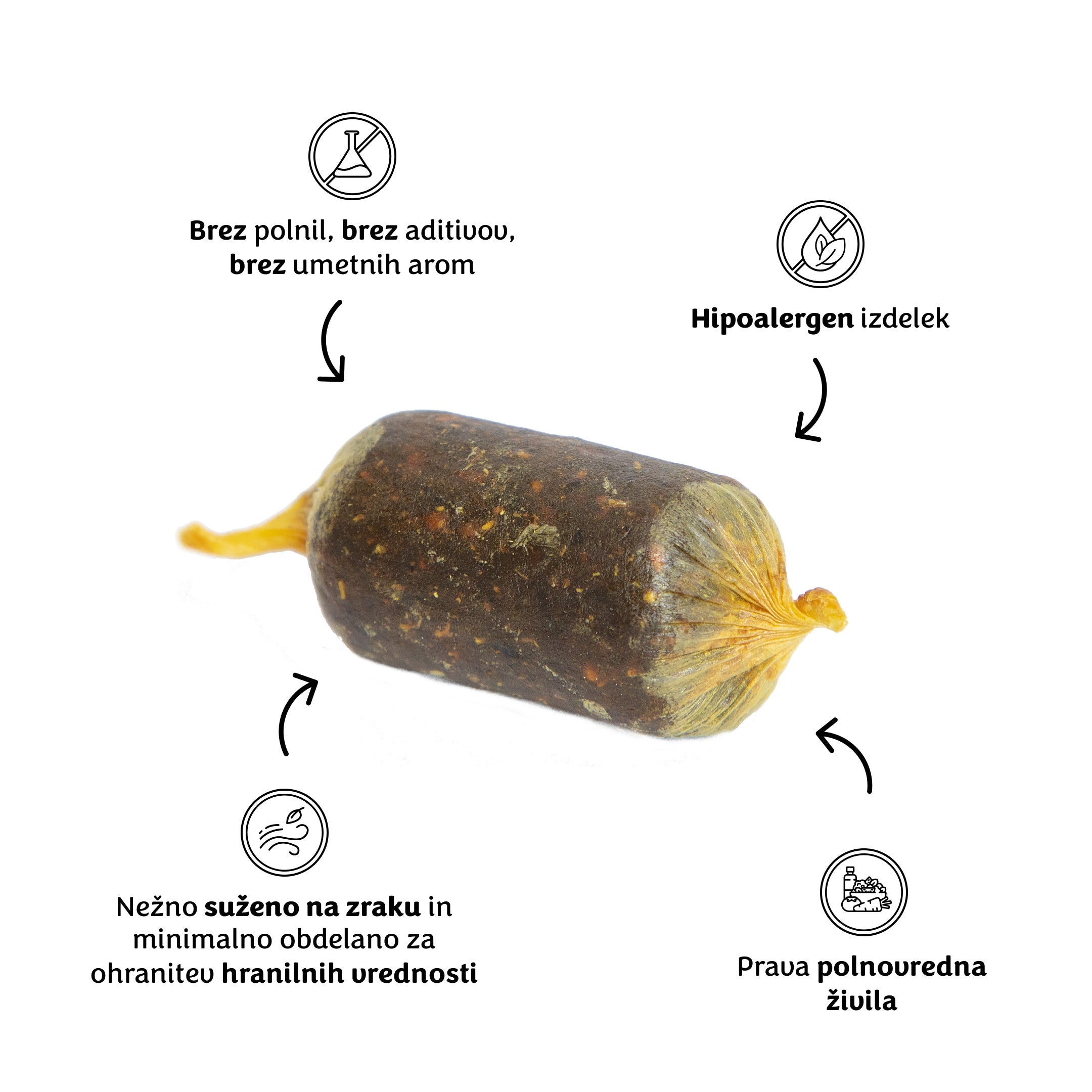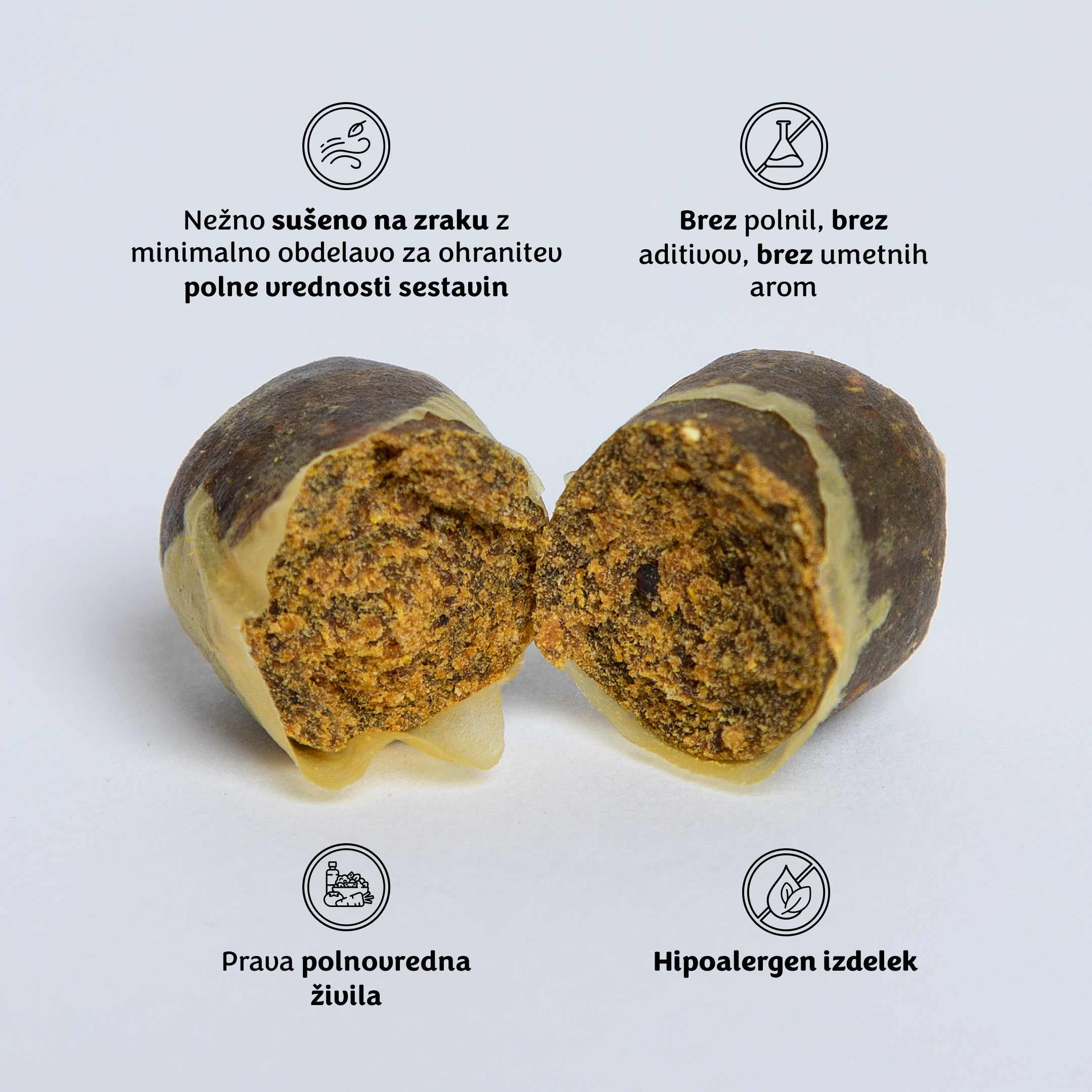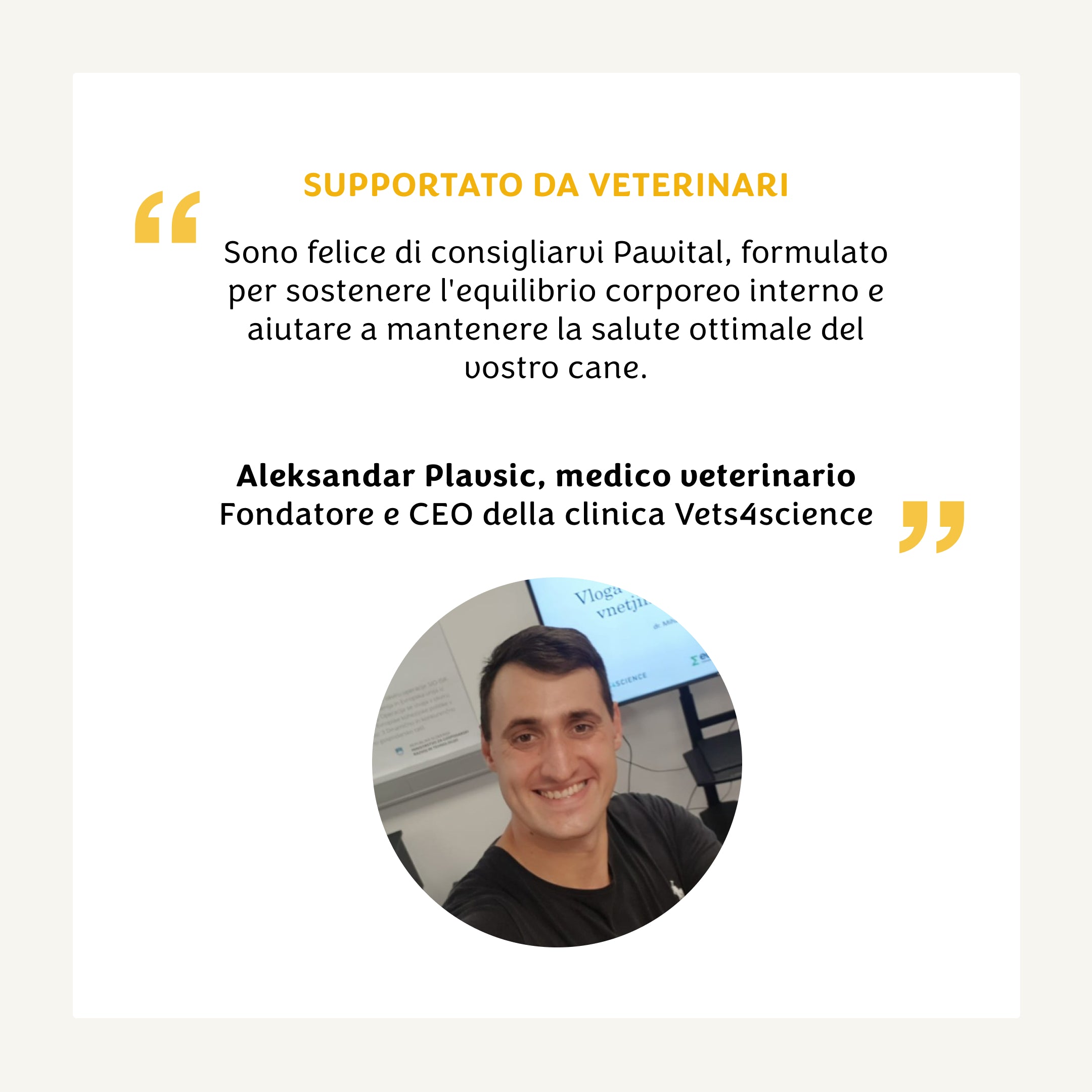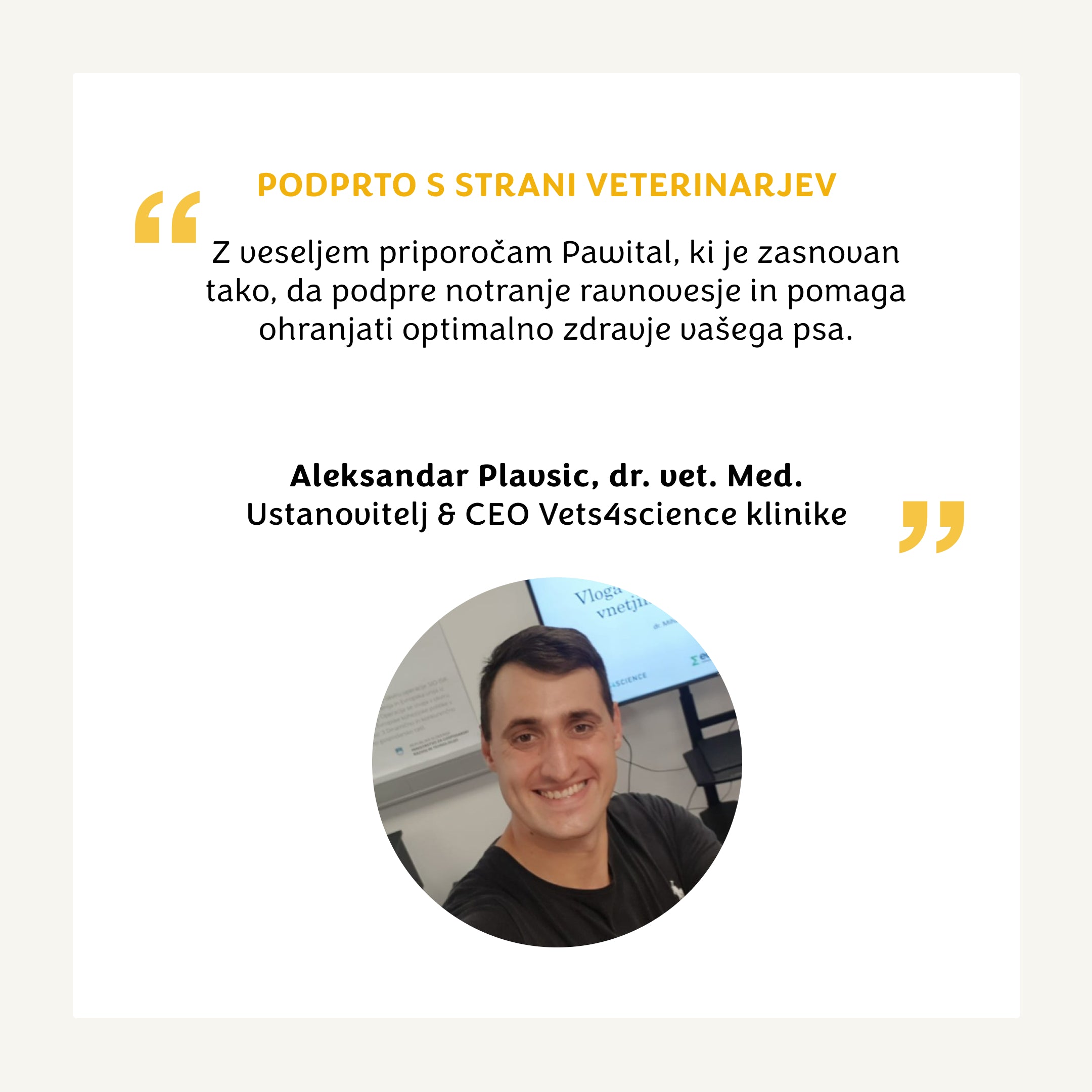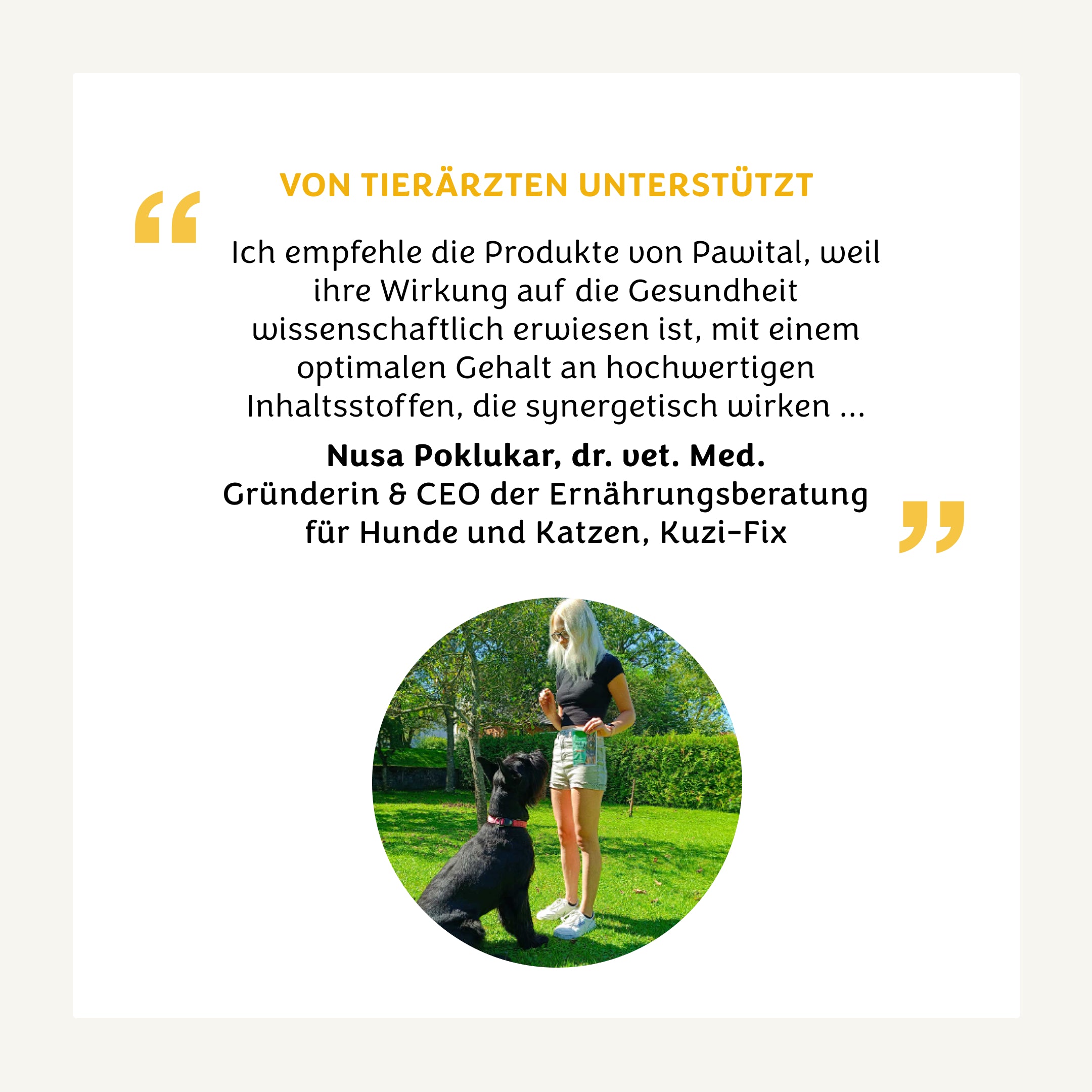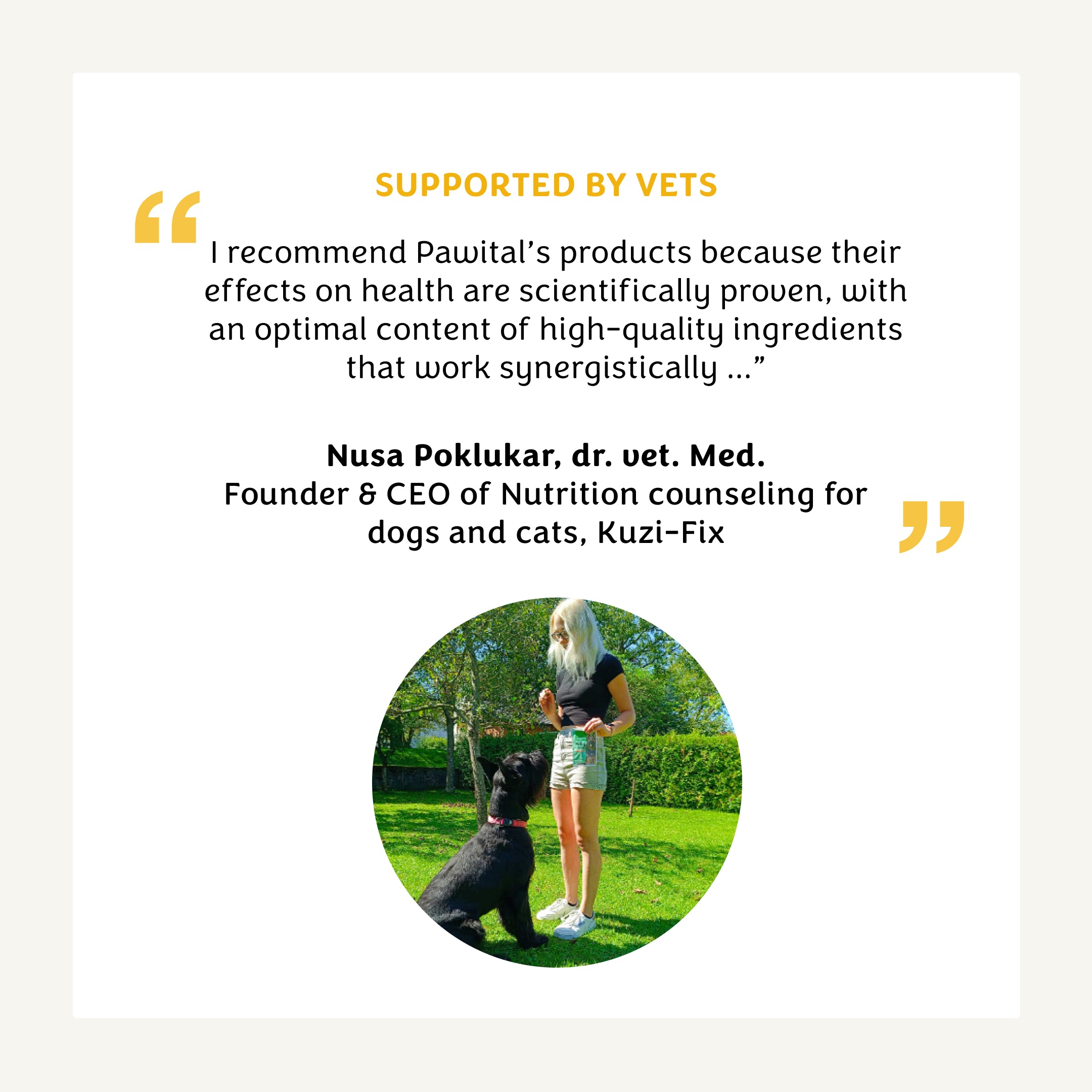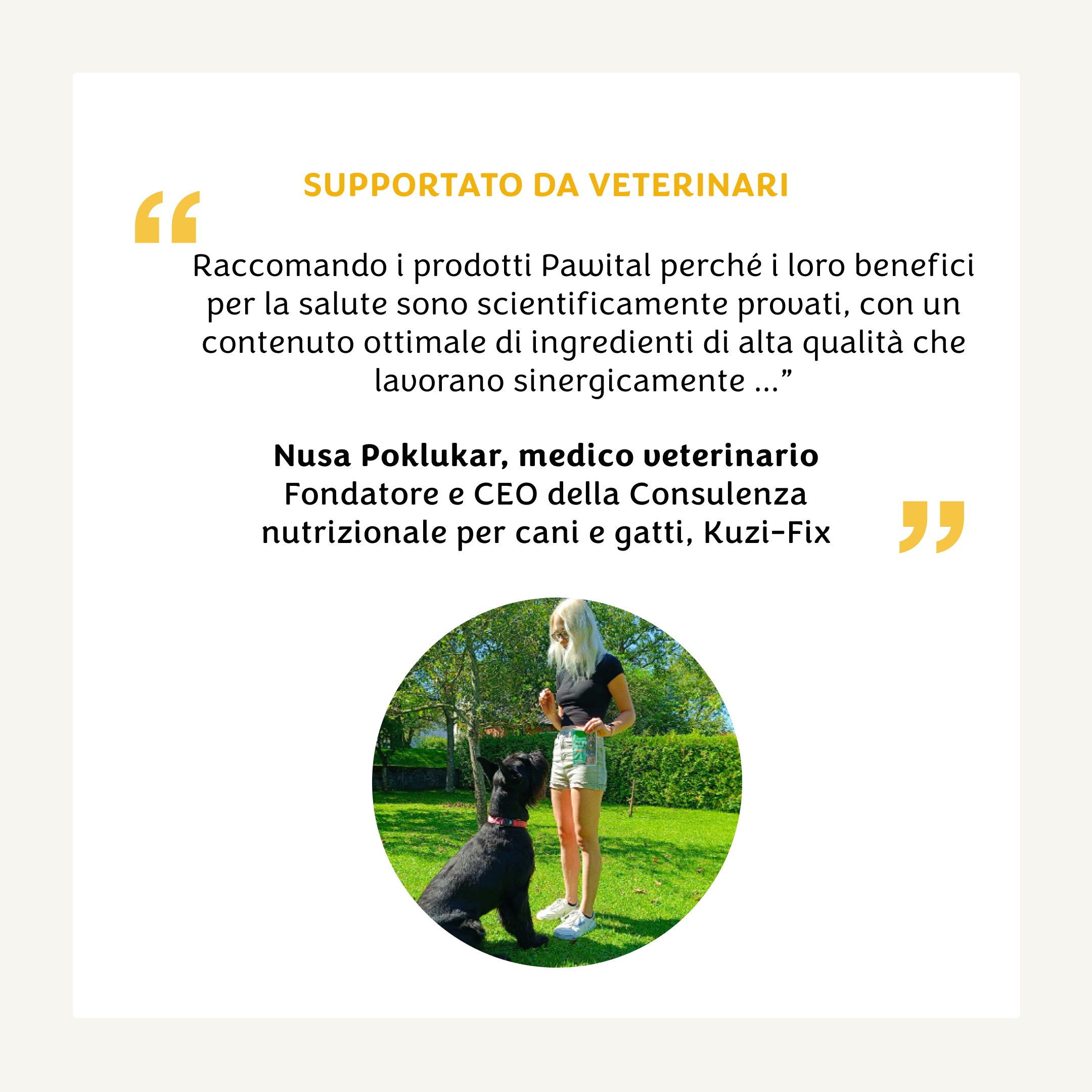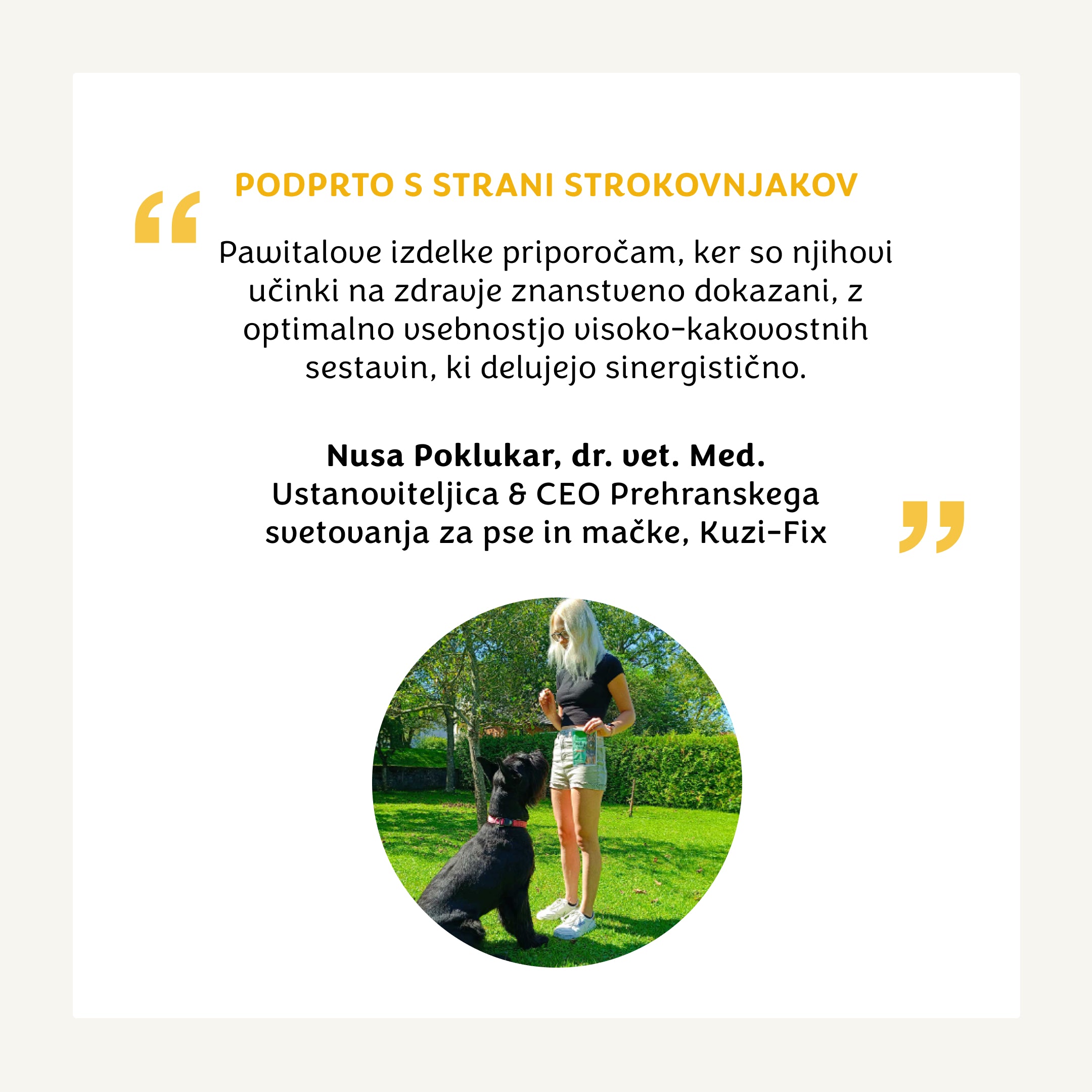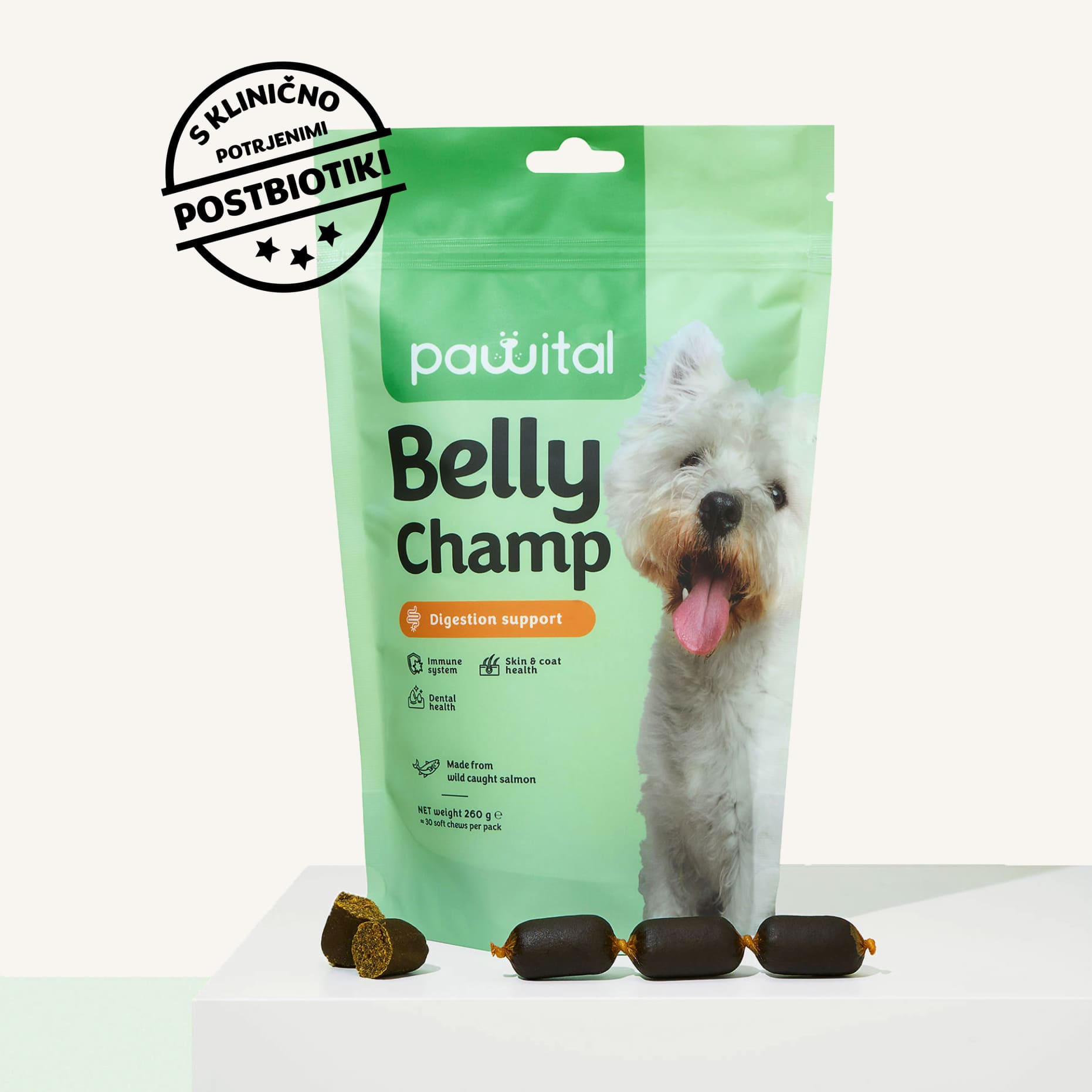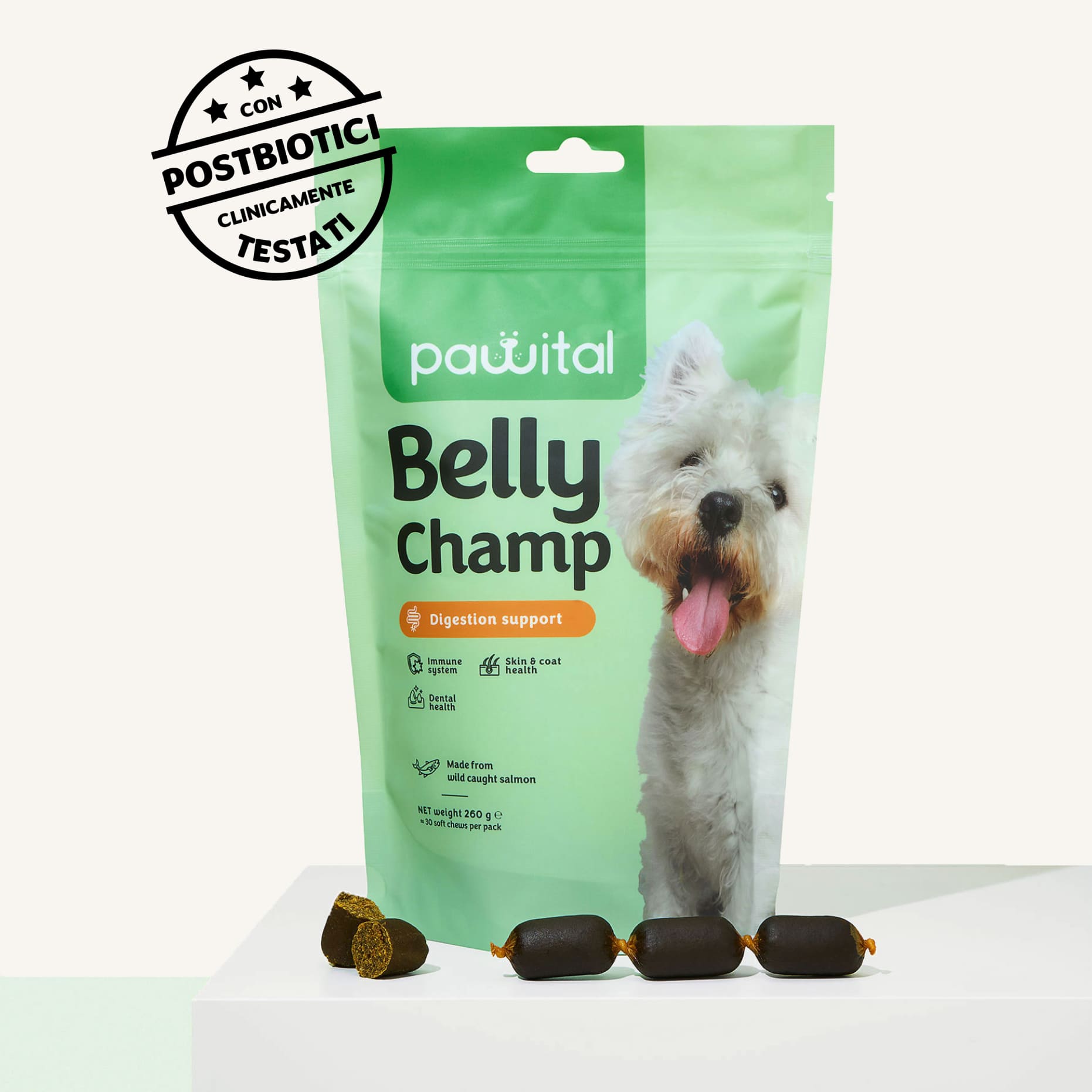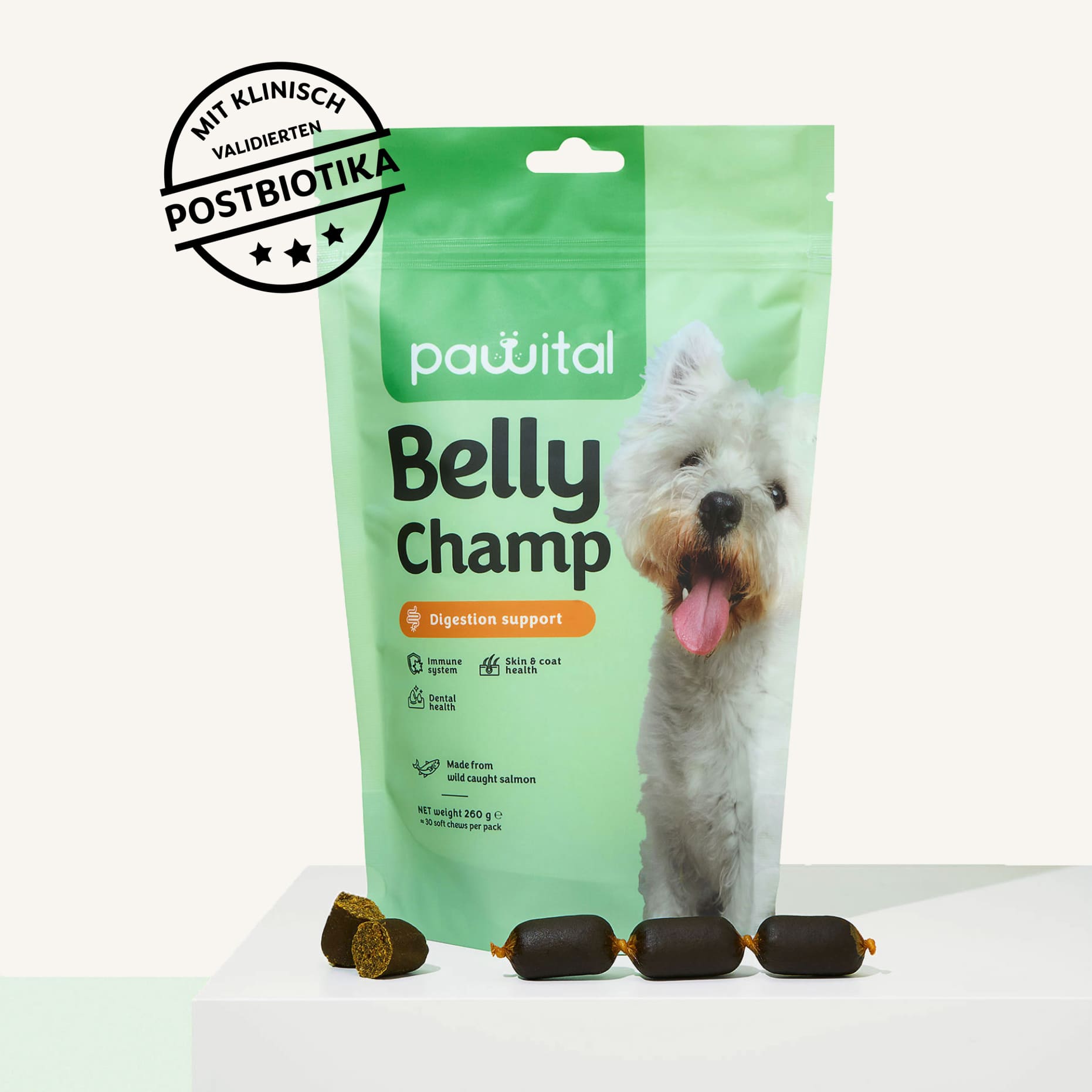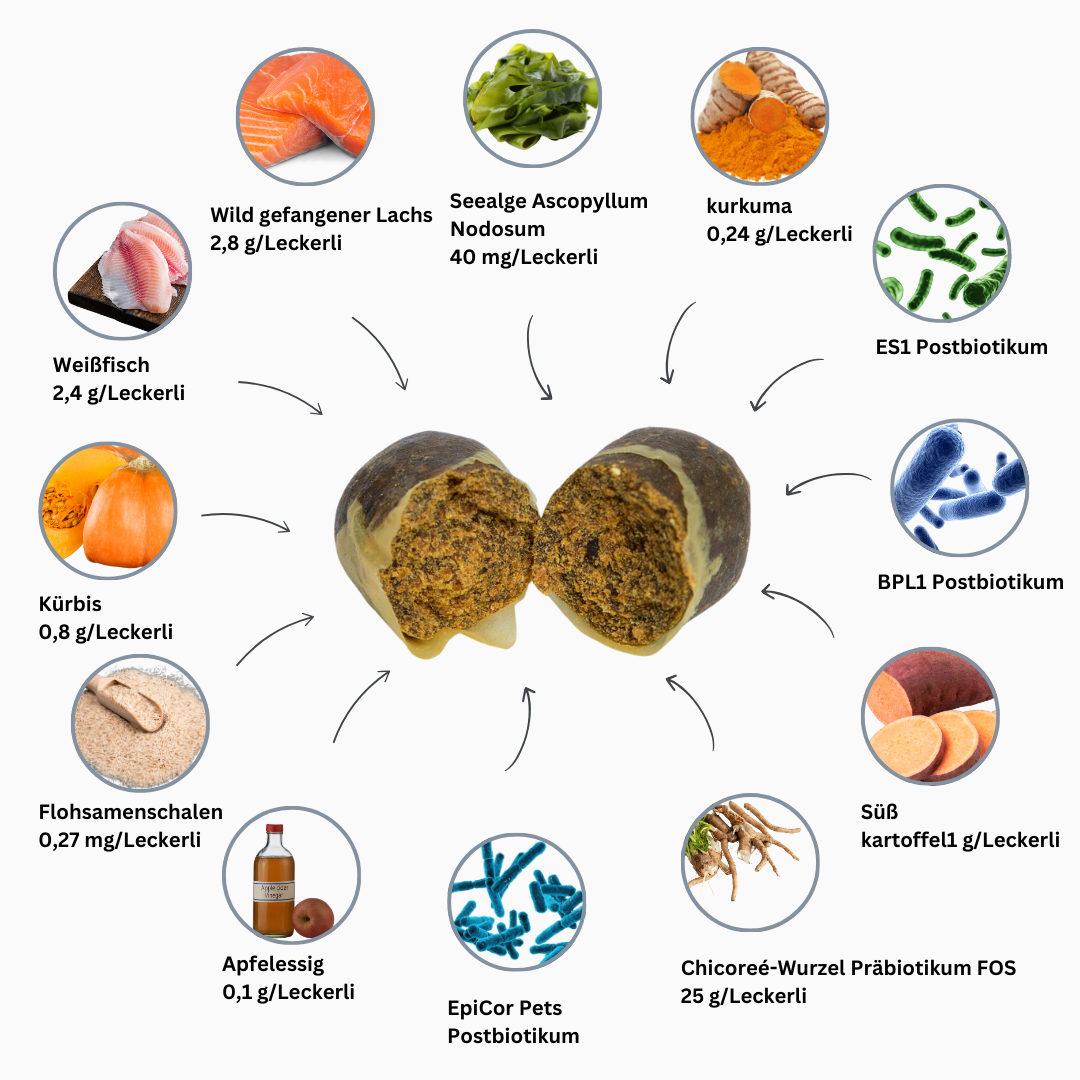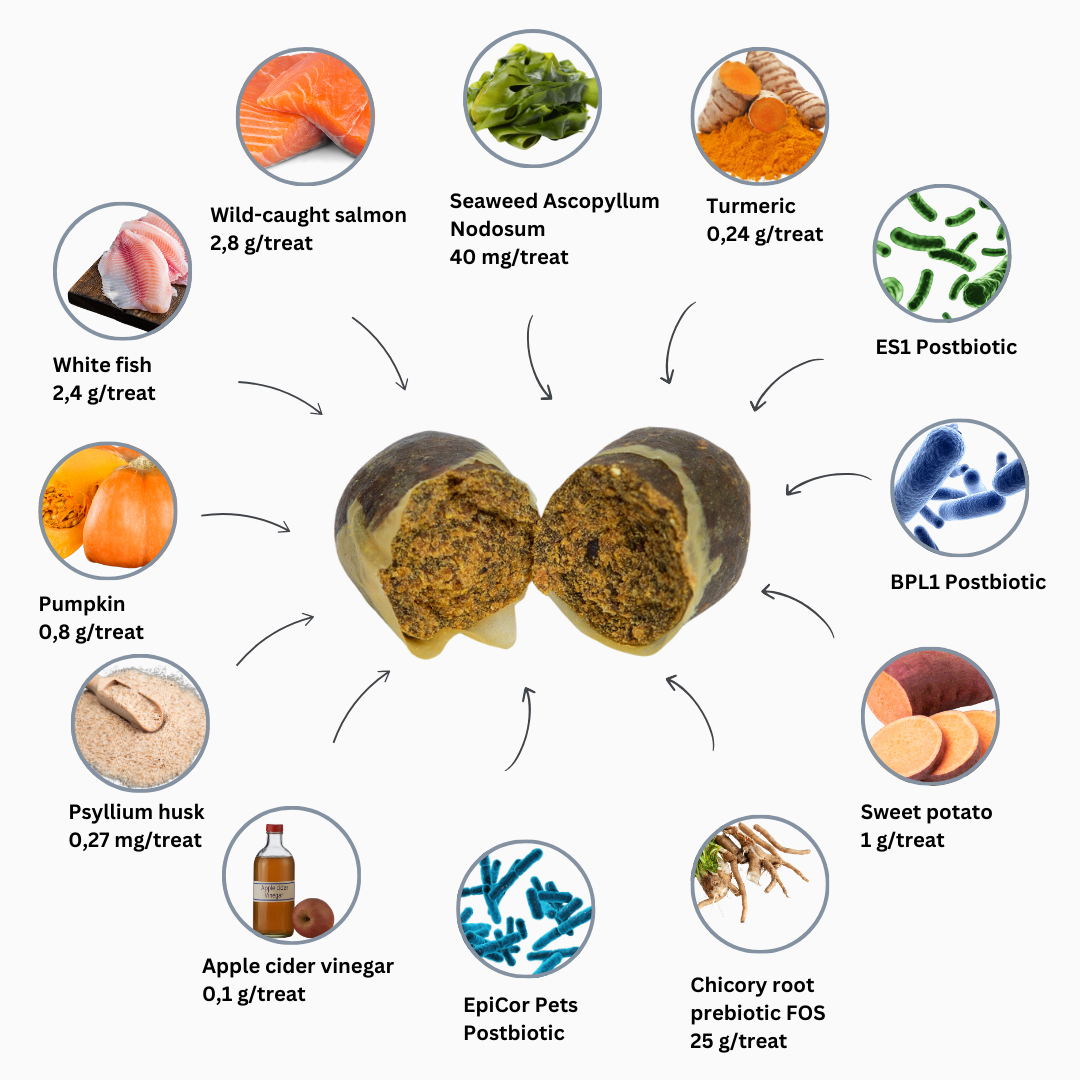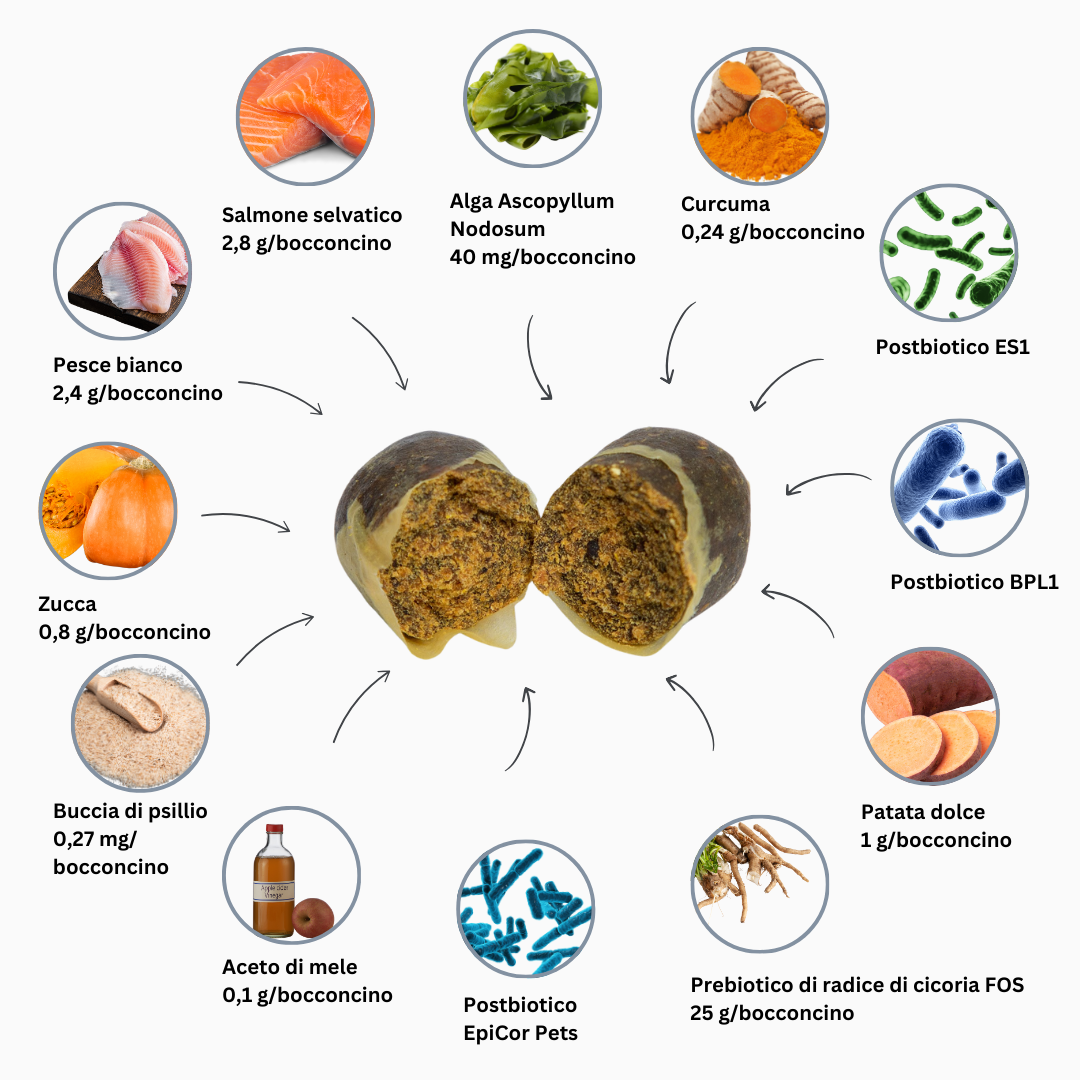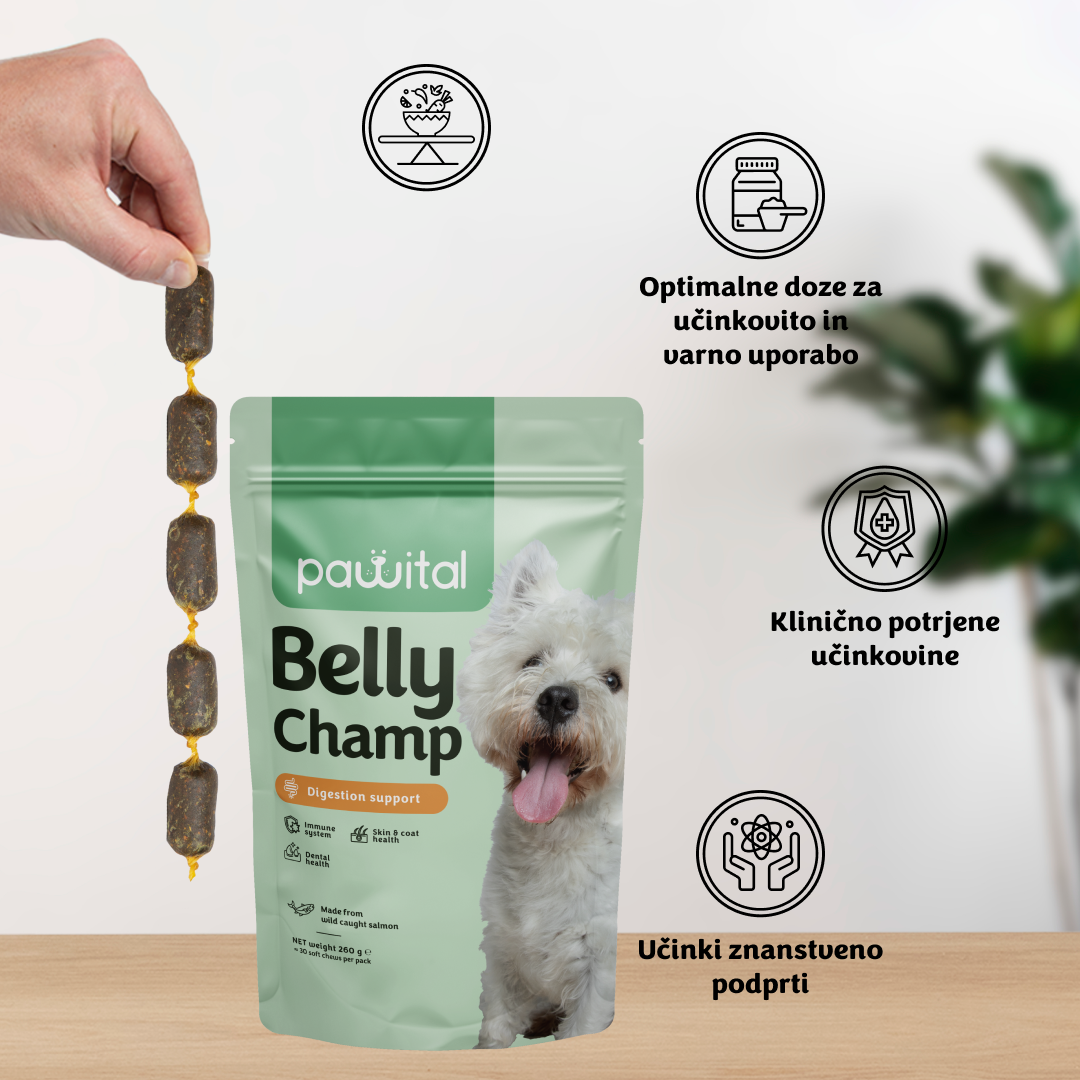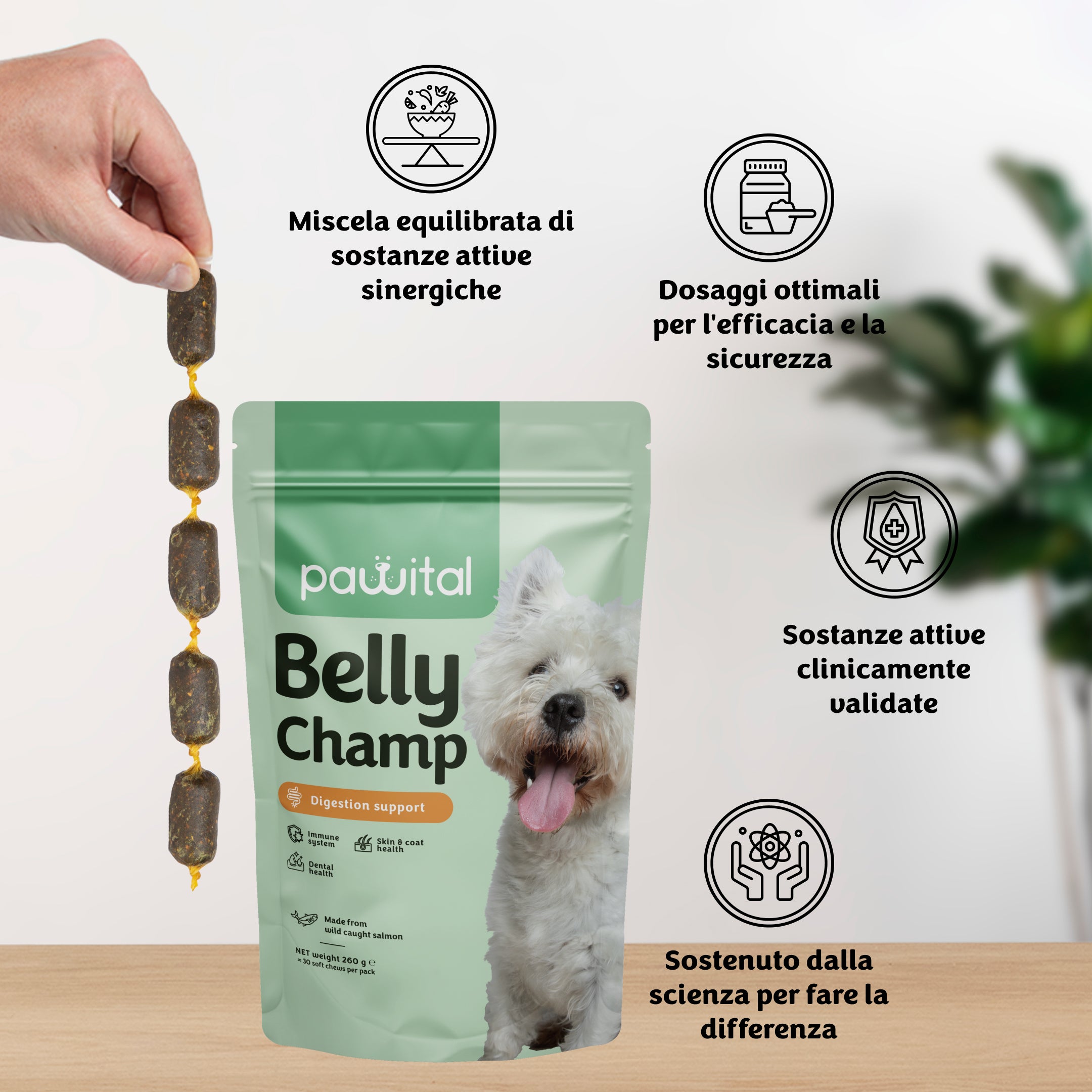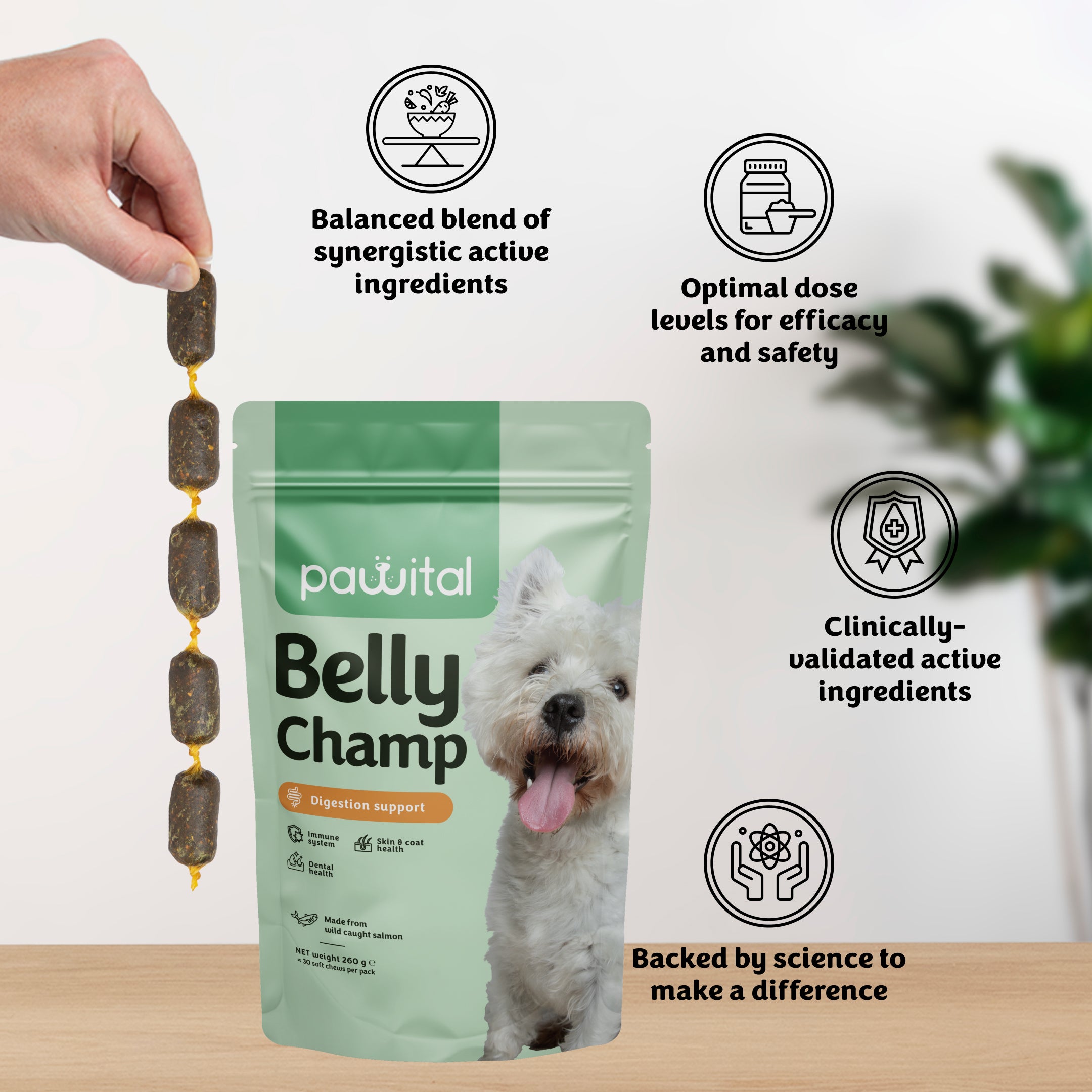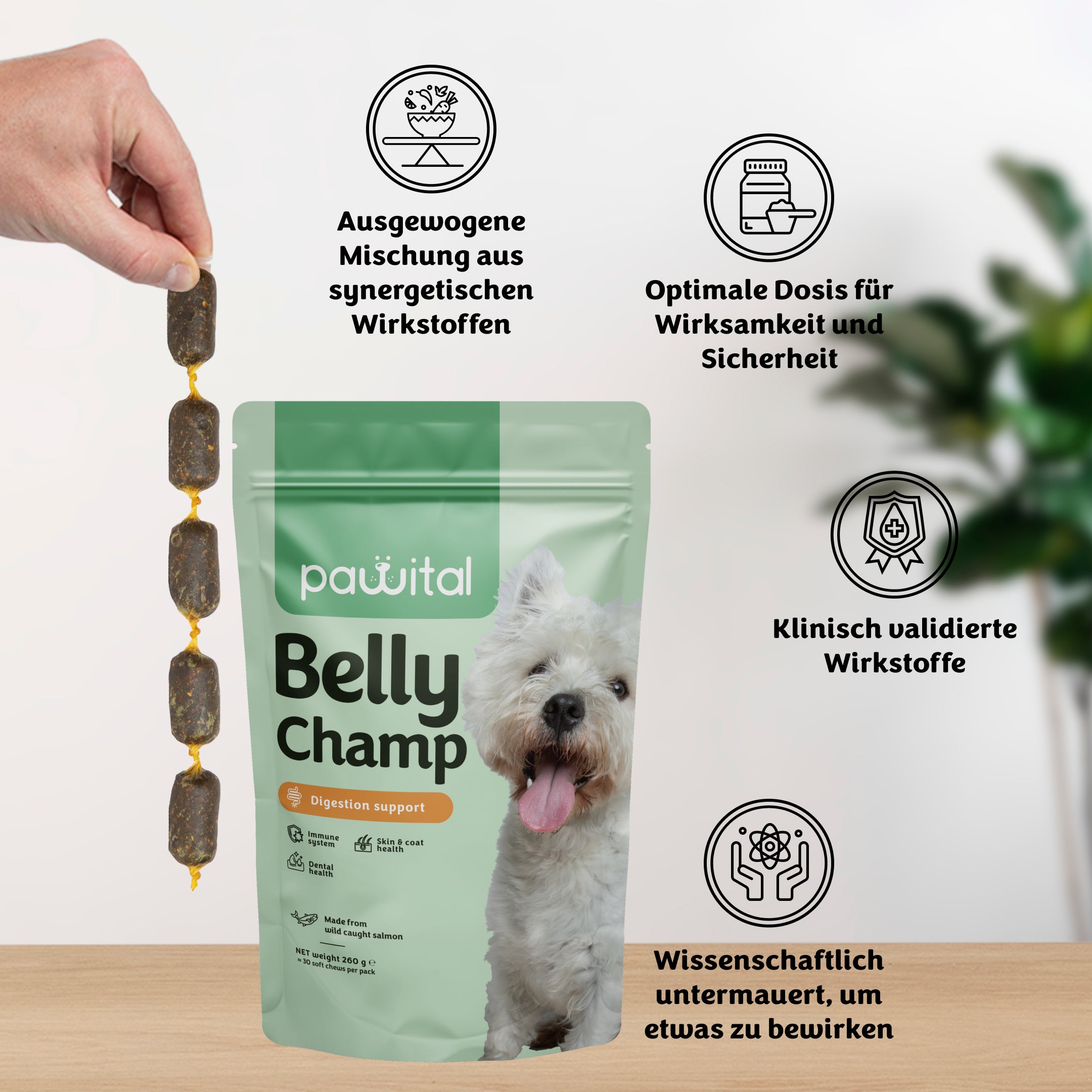Is your dog’s diet optimised for the life-stage they are in? Let’s take a look at what aspects require your attention during each stage of your pet's life.

While our four-legged friends maneuver through life by our side, their needs, just as ours, change. One of the most important factors in their well-being is their diet, which is certainly a significant determinant of their health advancement as they get older.
Similarly to puppies that need specific food to be able to grow and develop, senior dogs have dietary requirements unique to the process of aging and maintaining good health.

Puppy Diets
Puppy growth diets are individualized and are designed to consider the estimated adult size.
It is recommended to have slower growth for large breeds to avoid orthopedic problems. These feeds usually contain lower energy levels than those for rapid growth, where calcium is put in balance with phosphorus.

What is the appropriate feeding amount for a crossbreed puppy?
To understand mixed-breed puppies better, you should try to find out who their parents are, keep an eye on how fast they are growing, and ask your vet for advice on how much they might weigh when they are fully grown.
It is important to monitor your puppy's weight and body condition. You should be able to feel their ribs easily without pressing too hard, and they should have a slight waist when viewed from above.

Avoid overfeeding and weigh your puppy regularly
Overfeeding should be avoided to prevent obesity, though slight underfeeding can extend a lifespan without stunting growth. Despite this, high-energy-dense diets are necessary due to limited stomach capacity.
Weight checks must be made regularly, especially in the early weeks, going into two-weekly checkups by six months old.

Treats for puppies
The introduction of treats into the diet increases greatly during this phase of life, as socialization and training in puppies occur.
Using some of the pup’s complete diet, kibbles can be utilized, as it will prevent unbalancing of the diet and can help stop bad feeding habits from being formed.

Recommended dietary supplements
Junior and Adolescent Diets
Some commercial dog food brands provide options specifically formulated for junior or adolescent dogs. These diets serve a beneficial role for puppies needing an intermediate step between puppy food and adult maintenance food.

Adult Maintenance Diets
The adult phase is the period from the moment the maturing process begins until the body begins to adjust physiological functions due to the aging process.
The age at which the adult phase starts depends mostly on the dog's breed. Smaller breeds reach full maturity from six months to a year, and larger and giant breeds from one year to 18 months.

Adapt your dog’s diet to their needs
Each dog should have its diet adapted based on their specific conditions, which include diet quality, exercise, the status of being neutered, a health condition, metabolism, and other individual factors.
Those breeds that are predisposed to weight gain should have their weight monitored throughout this life phase.

Diets for neutered dogs
When it comes to neutered dogs, you must be sure you understand that their metabolism may slow down a bit.
There are specialized diets for neutered dogs available now that have been specifically designed not to cause weight gain but still to meet nutritional requirements for them.
Recommended dietary supplements for adults
Dietary supplements promoting overall health are advisable for healthy adult dogs.
One such example is Pawital's Wunder Dog, which contains postbiotics that enhance gut health, thereby boosting the immune system. Its primary ingredients include sweet potato and wild-caught salmon, providing a source of omega-3 fatty acids.

Additionally, it features hyaluronic acid for skin hydration and supports joint, eye, and dental health. Moreover, it enhances nutrient absorption, promoting increased energy, healthy skin, a shiny coat, and overall well-being.
Diets for seniors
The senior phase of life starts at varying ages due to breed size, with small breeds enrolling at 8 years old, medium breeds at 7 or 8 years of age, and big and giant breeds at 5 years old. Elements such as diet, genetics, and wellness play a significant role in the aging of organisms.

Healthy senior dogs can still process the nutrients properly but cannot tolerate excesses and may have difficulties adapting to dietary changes.
How do diets for senior dogs differ from those for adults?
Nutritional changes will help to meet the altered physiological needs of the aging senior dogs, as this will require lower energy due to a reduction in exercise activity.

Reduction of renal function should be considered in senior pets. The quality of the protein should increase as skeletal muscle mass reduces. A reduction in protein quantities within the diet could be beneficial if renal damage has occurred.
The restriction of phosphorus in the diet does play a significant role in the prevention of renal impairment.

Addressing dental problems and increased production of free radicals
Senior diets often require softer kibbles to be used to accommodate any dental problems. A moist diet might also aid in hydration levels.
The production of free radicals is a major factor in cell aging, and it is set to be countered by antioxidants, which restore the health of the cell.

The smell and taste of the food are important for senior dogs
In cases where aging dogs have a declining sense of smell, it can negatively affect their appetite. The aroma of the diet is particularly important in diets aimed at senior animals in order to encourage consumption.
Food toppers like Wunder dog can be beneficial in this regard.

Recommended dietary supplements for seniors
Consuming omega fatty acids in greater amounts have therapeutic value as it promotes good condition of skin and coat and relieves joint pain as it modulates inflammation. Digestive enzymes, probiotics, or postbiotics maintain a balance of intestinal microbiota, thus promoting the nutrition absorption from diet.
Coenzyme Q-10, omega-3 fatty acids, and L-carnitine improve physical performance and mitigate age-related ailments. They strengthen heart muscles and support ocular health and neurological conditions.
Vitamin B complex is commonly recommended to combat fatigue and improve appetite. Vitamin E acts as an antioxidant and helps manage inflammatory issues.

Conclusion
Our dogs' dietary requirements change as they grow.
Puppies come with nutritional requirements specific to their age, while adult dogs enjoy a balanced diet tailored to their breed and lifestyle.
The seniors need to be given adjustments, taking into account age-related changes such as reduced activity and declining renal performance. Customized senior foods focus on health and liveliness. They often have soft kibbles for dental health and increased antioxidant content.
Every life stage demands paying attention to an appropriate diet that will prevent health problems and prolong your dog's life.
Article by dr. vet. med. Nuša Poklukar



